An Authentic Slice of Paradise; Nyuh Kuning is Where You Find the Real Bali
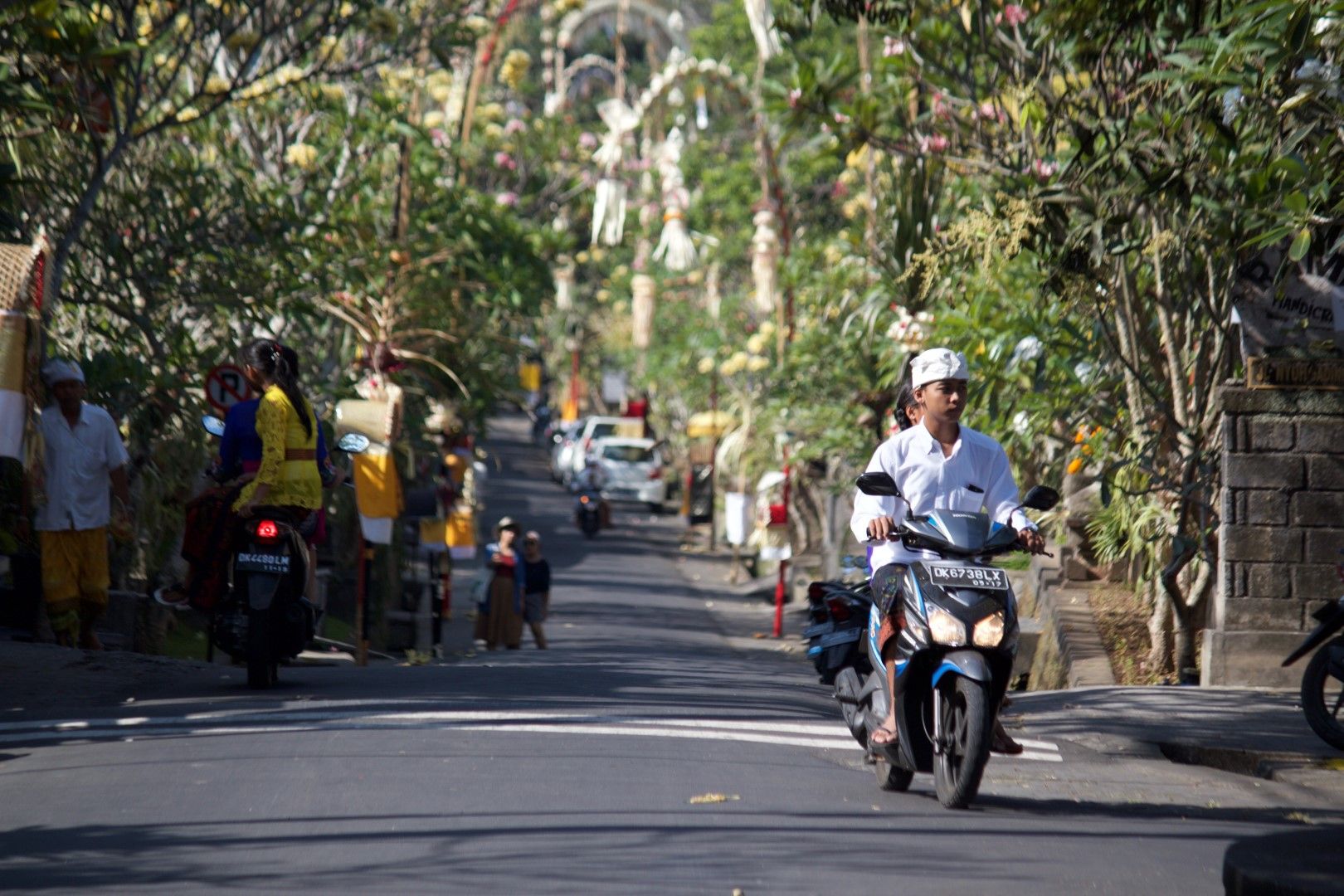
Whether it’s the crazy party scene of Kuta, the mega resorts of Nusa Dua, or the tourist-packed streets of Ubud, it can be a challenge to find what feels like an authentic Balinese experience. The truth is that the real Bali- the spiritual and tranquil Bali- is in fact, out there, you just need to get off the beaten path a bit. Cue in, the mesmerizing splendour of Nyuh Kuning. Nyuh Kuning is a tiny village south of Ubud (right next to the monkey forest) with a massive character. Shrouded in rich heritage and surrounded by serene rice paddies is a proud tight-knit community. If you are looking for peace and tranquillity then this is definitely the place for you. The charming village has become home to some of Bali’s eco-entrepreneurs. Come here for ethical fashion, sustainable coffee, spiritual yoga and a friendly smile. In 2016 a group of local students explored the heritage and history of this pretty village and they share seven of the reasons why you should go, but please don’t tell everyone…
1. Artisanal spirit
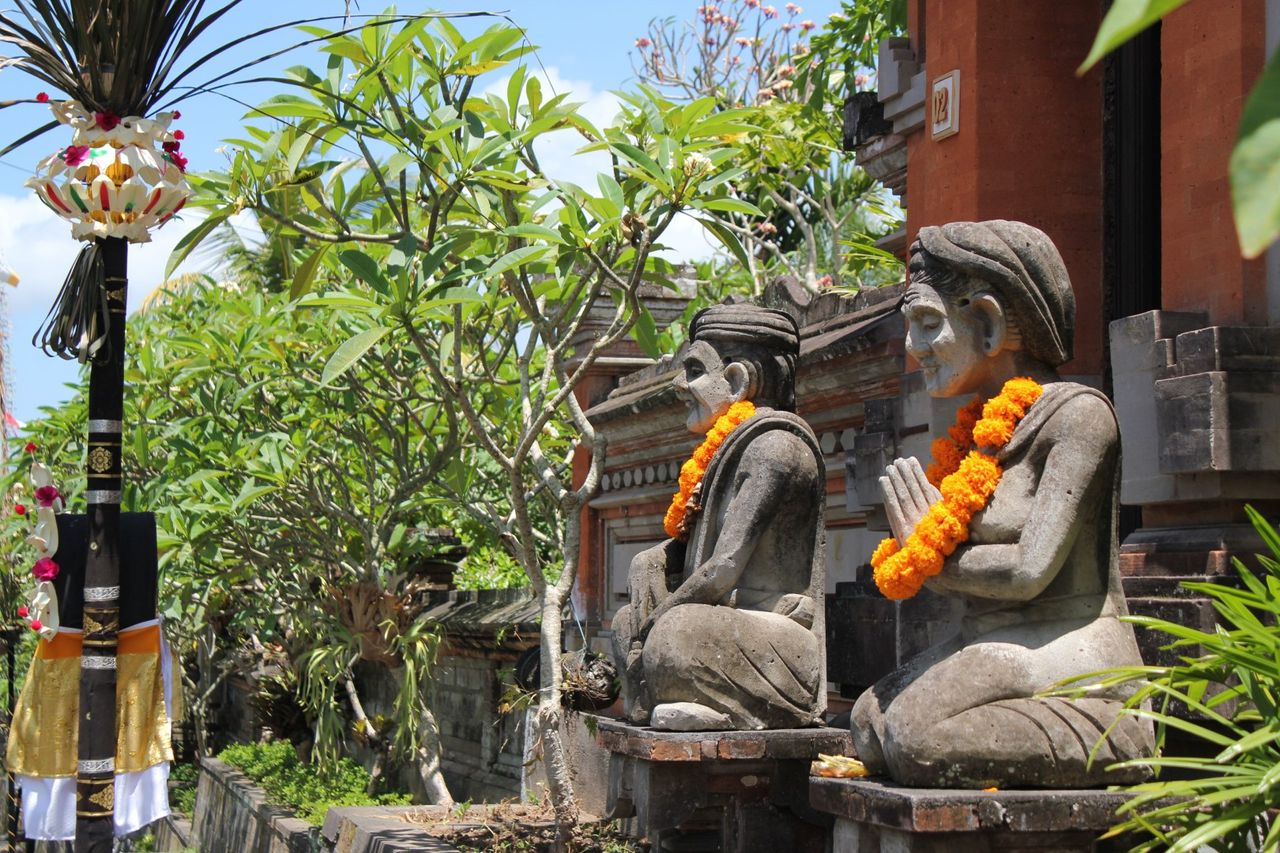
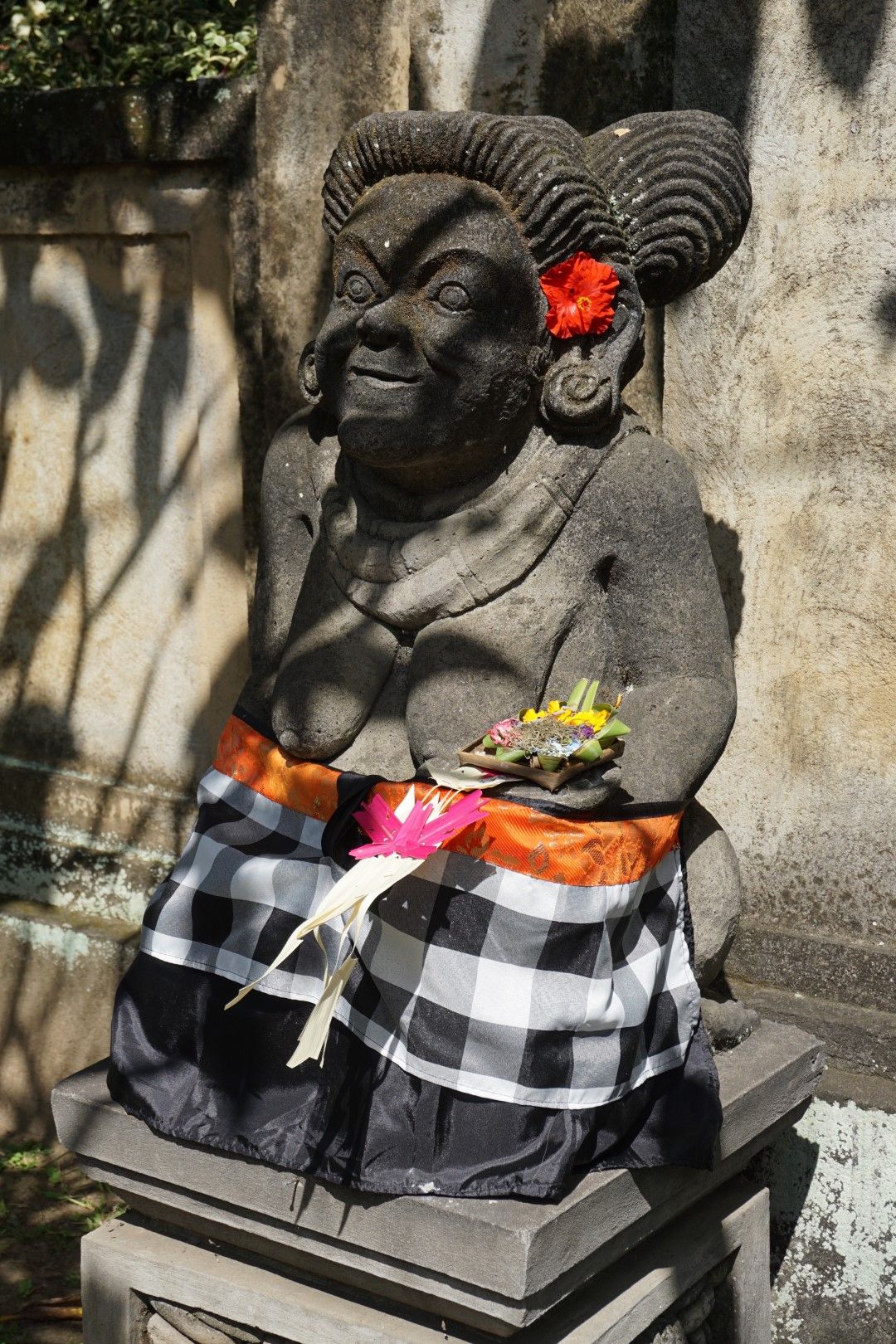
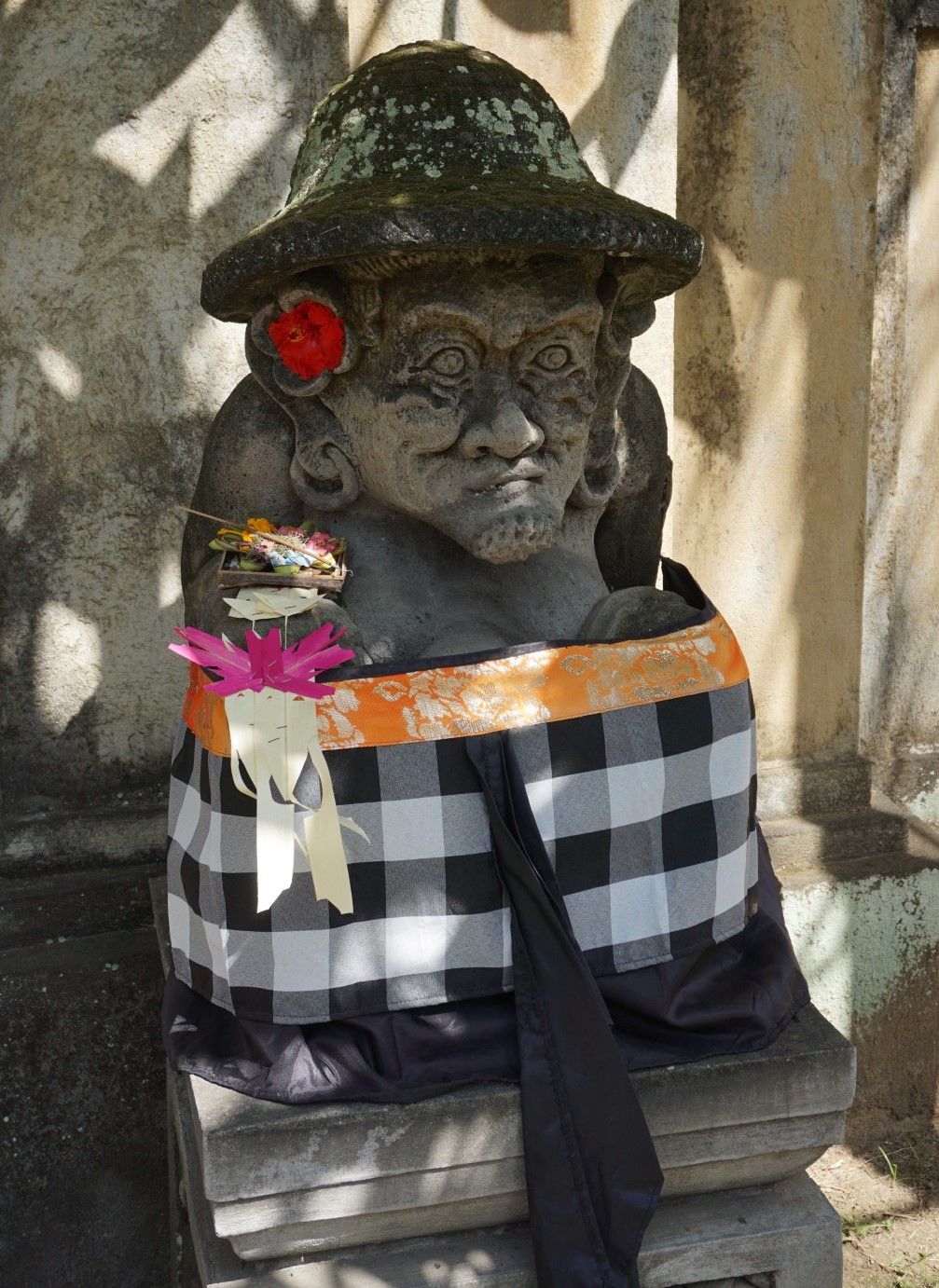
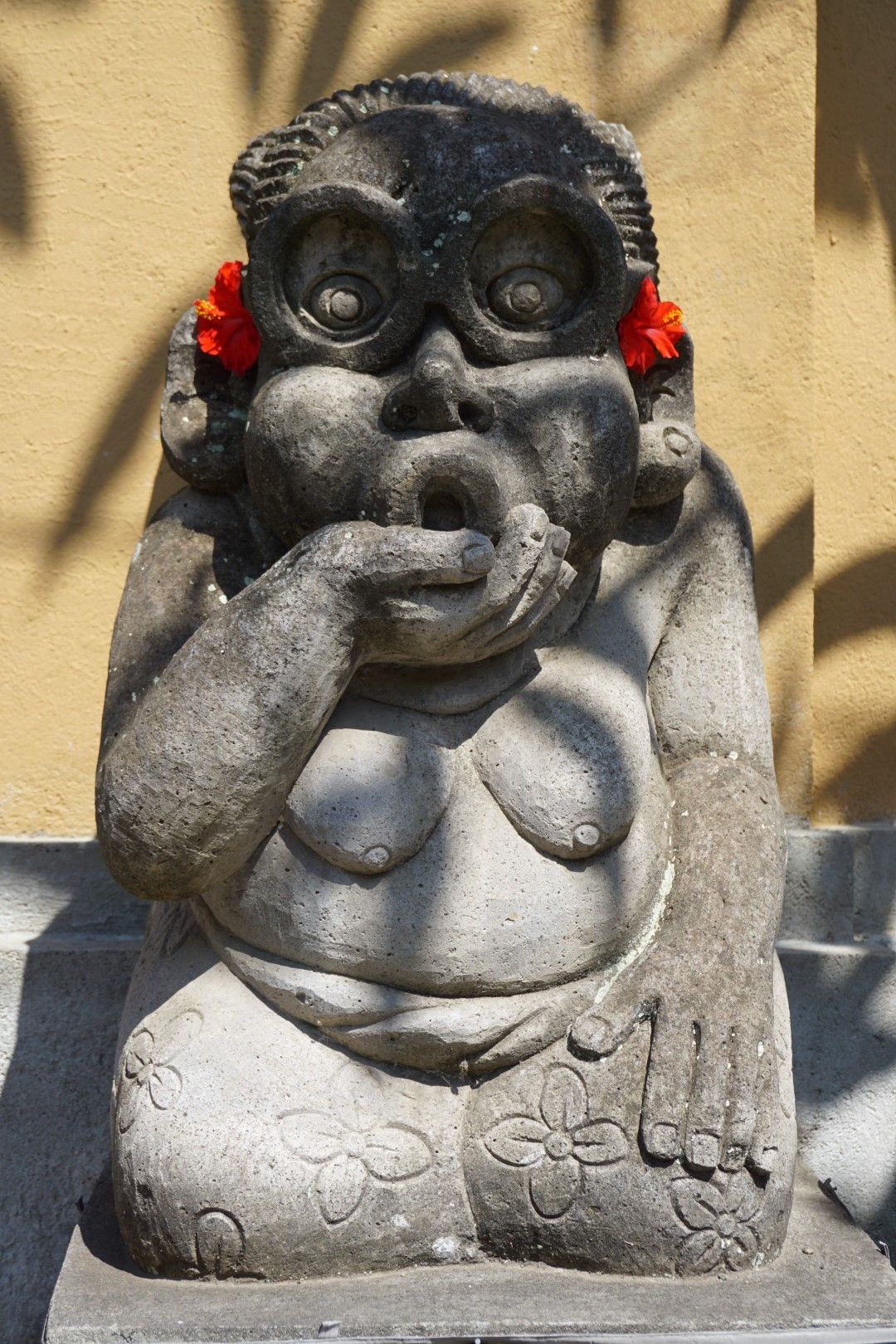
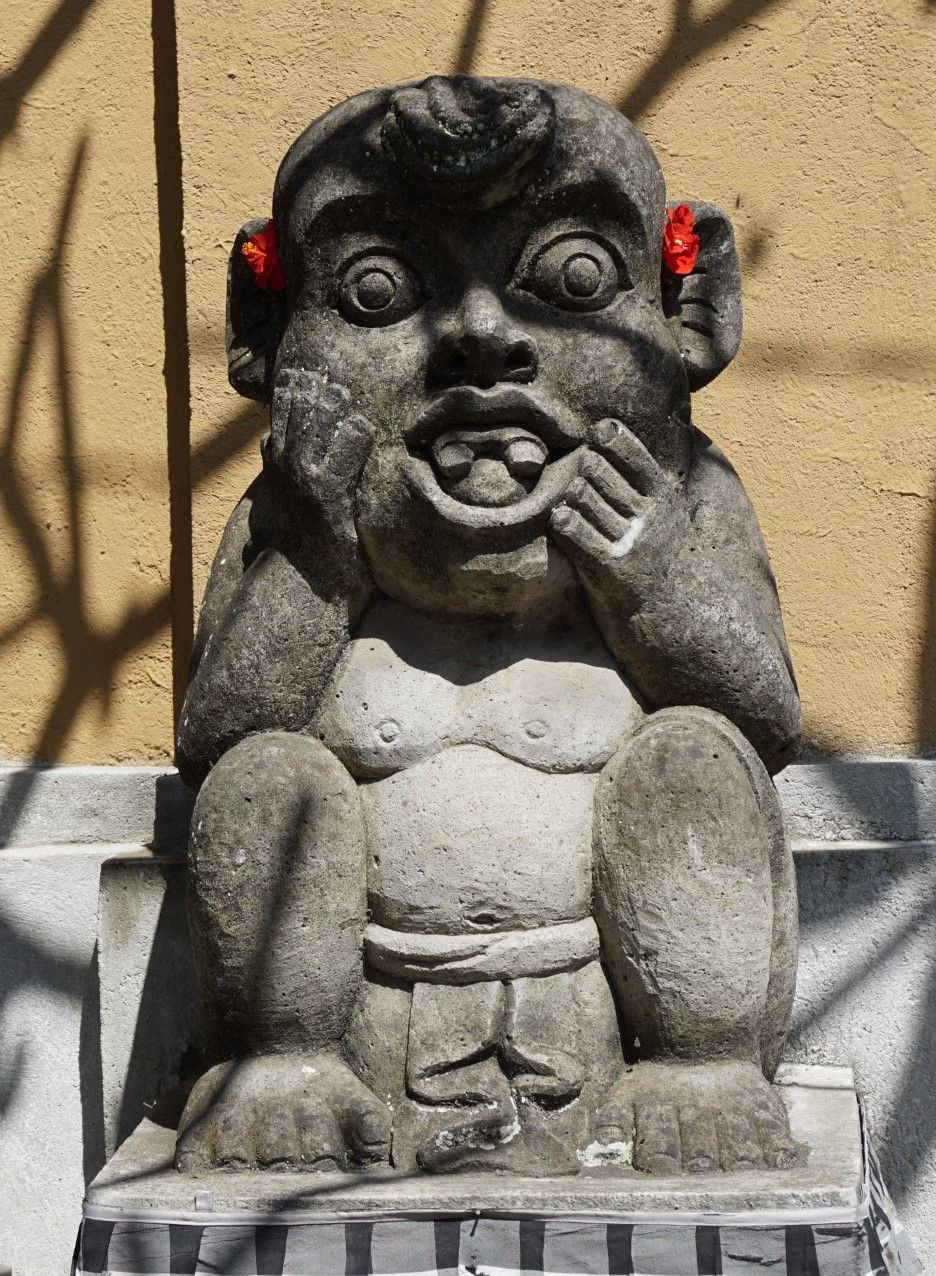
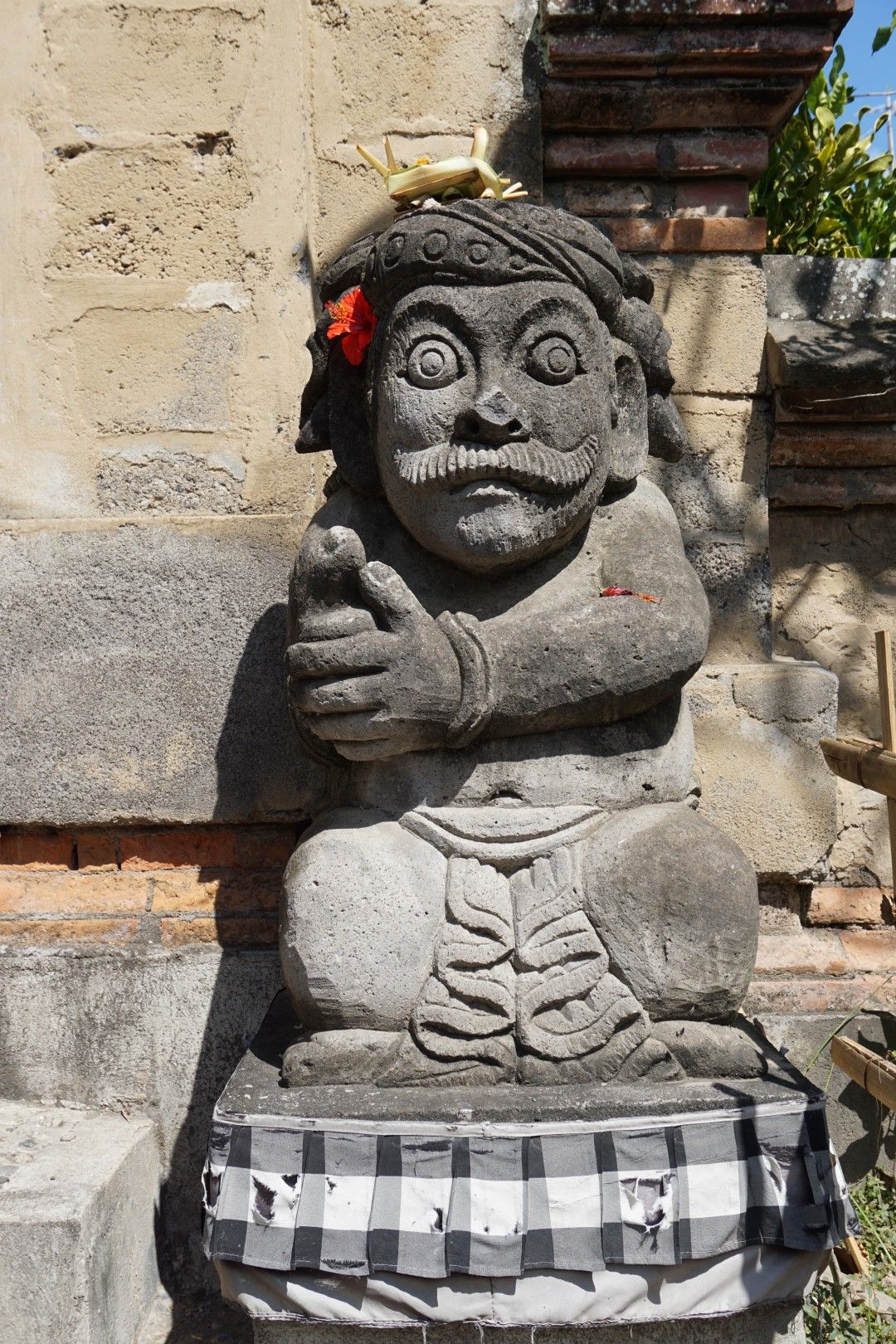
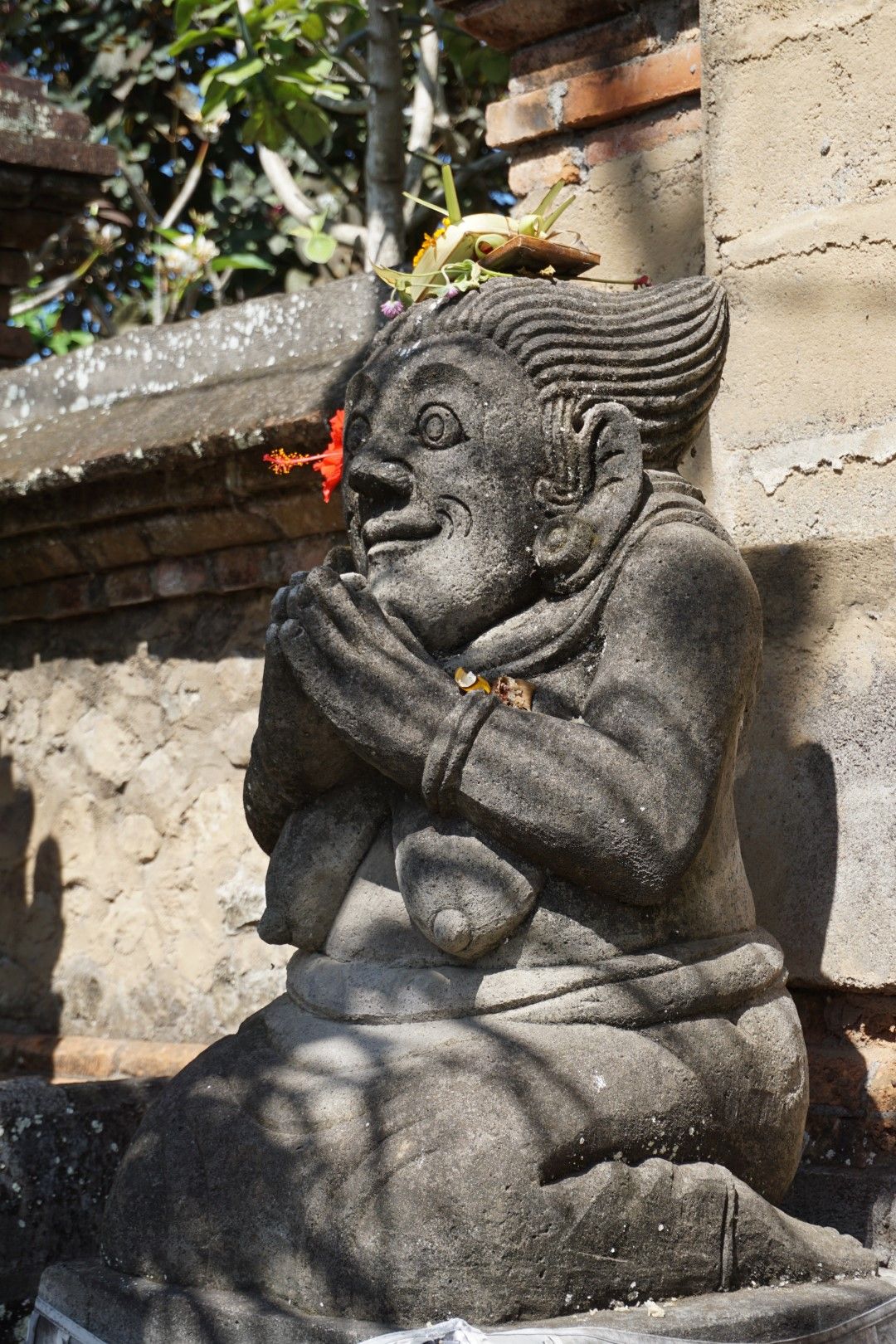
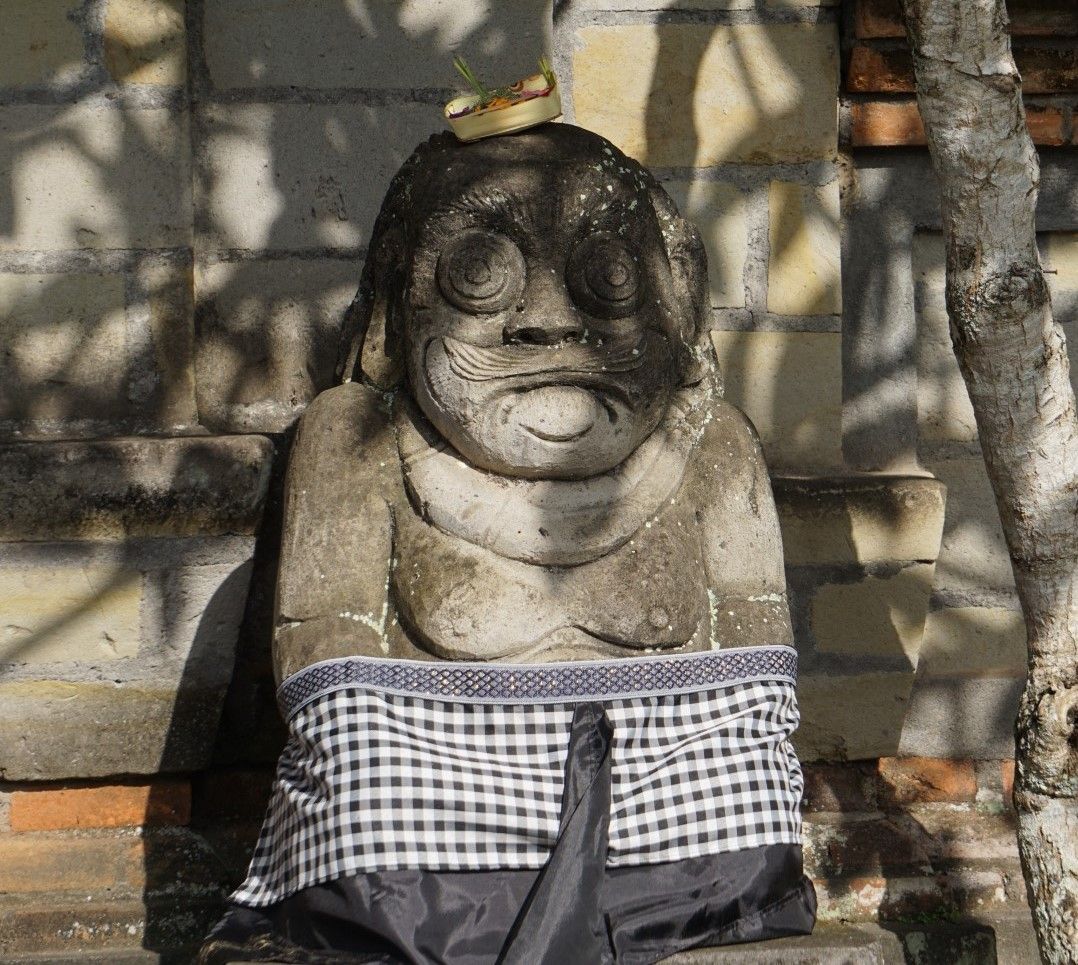
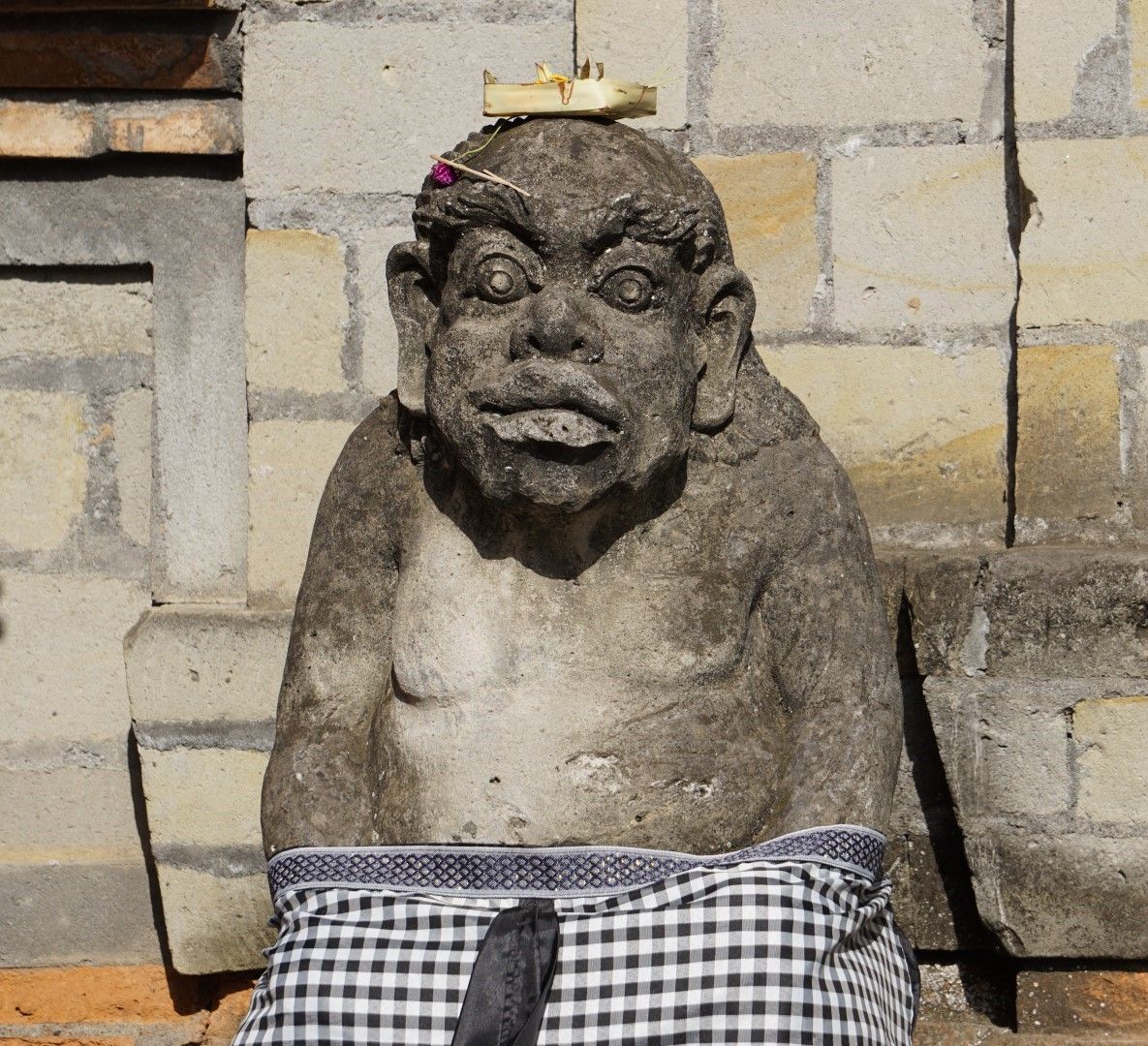
Two blocks wide and two blocks long, you can walk the entire village in twenty minutes, but worry not, there is plenty to see, eat and do. After your requisite visit to the monkey forest, a stroll through Nyuh Kuning is a must. For starters, wander around and notice the hilarious stone carvings adorning the doorways of each traditional Balinese house. Nyuh Kuning is a village of artists (wood and stone carvers) and an initiative to add some character to the place a few years back, involved each family commissioning a stone carving that reflects a little something about themselves.
Each family commissioned their own custom stone carving, which was sculpted on-site by local sculptors and apprentices. Today, seventy homes have a unique pair of statues adorning the doorways: comical animals, funny figures or more spiritual hindu gods. They are stylised works of art and some are downright hysterical. The best part is that the stone carvings are meant to reflect the personality of each of their owners. Boy, would we like to meet some of these characters!!!
The stone statues give Nyuh Kuning a unique identity while maintaining its traditional integrity, and show off a bit of the village’s fun-loving humour. The Balinese artisanal spirit is also present in the woodcarving industry. Visit Karja the woodcarver in his studio (around the corner from WAMM) to get a glimpse inside a traditional Balinese housing compound and pick up a one-of-a-kind souvenir on the way. Just tap on the door and they will be happy to give you a tour. Ketut Swana is another local wood workshop. Head up the street toward the soccer field, hook a left down the Nyuh Gadang alley until you hit the river, take a right past a handful of homes, and go all the way to the back where you will find a small building with a corrugated roof. Here you find several locals working away with their hands and feet, on special orders they receive from customers throughout the world. It is not so much of store, as it is a workshop, but they will happily make you a custom wood sculpture if you give them a few days’ time.
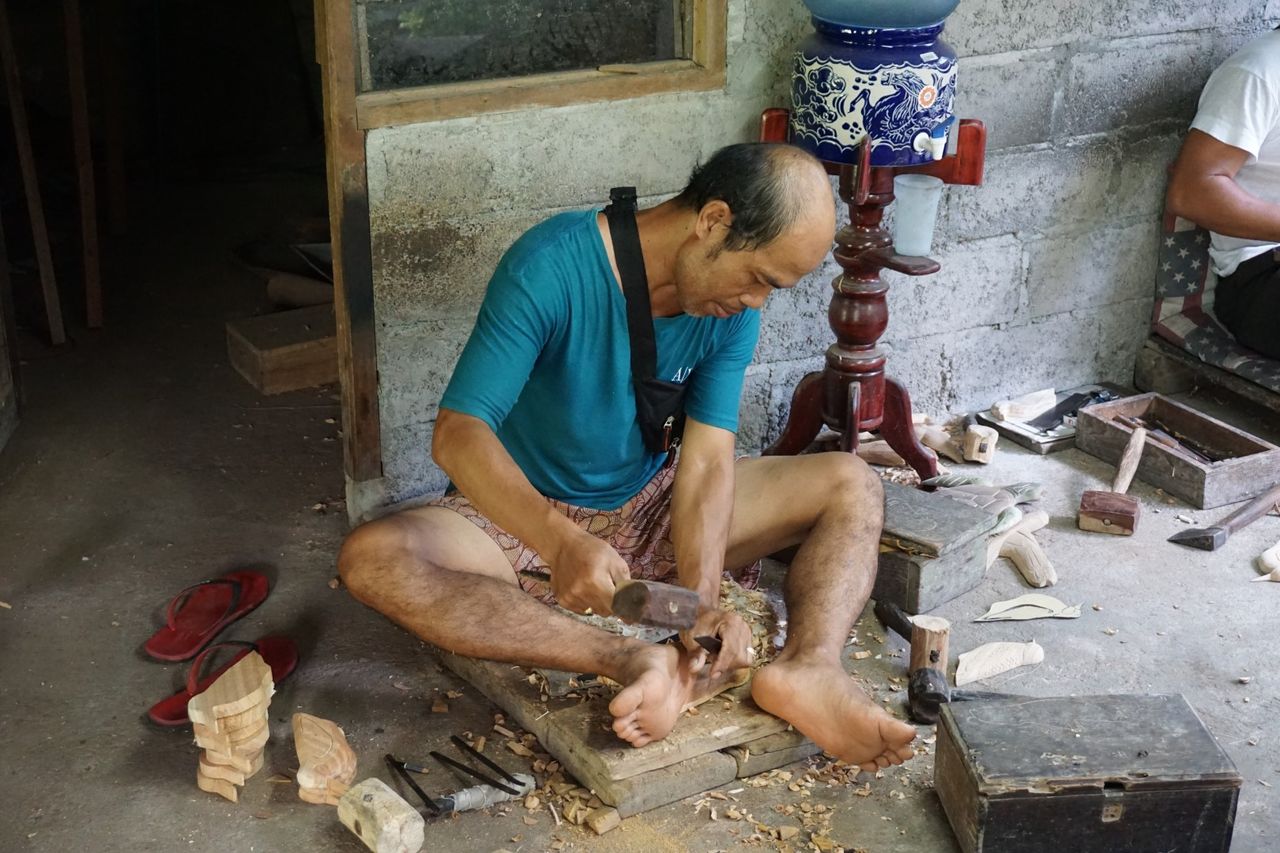
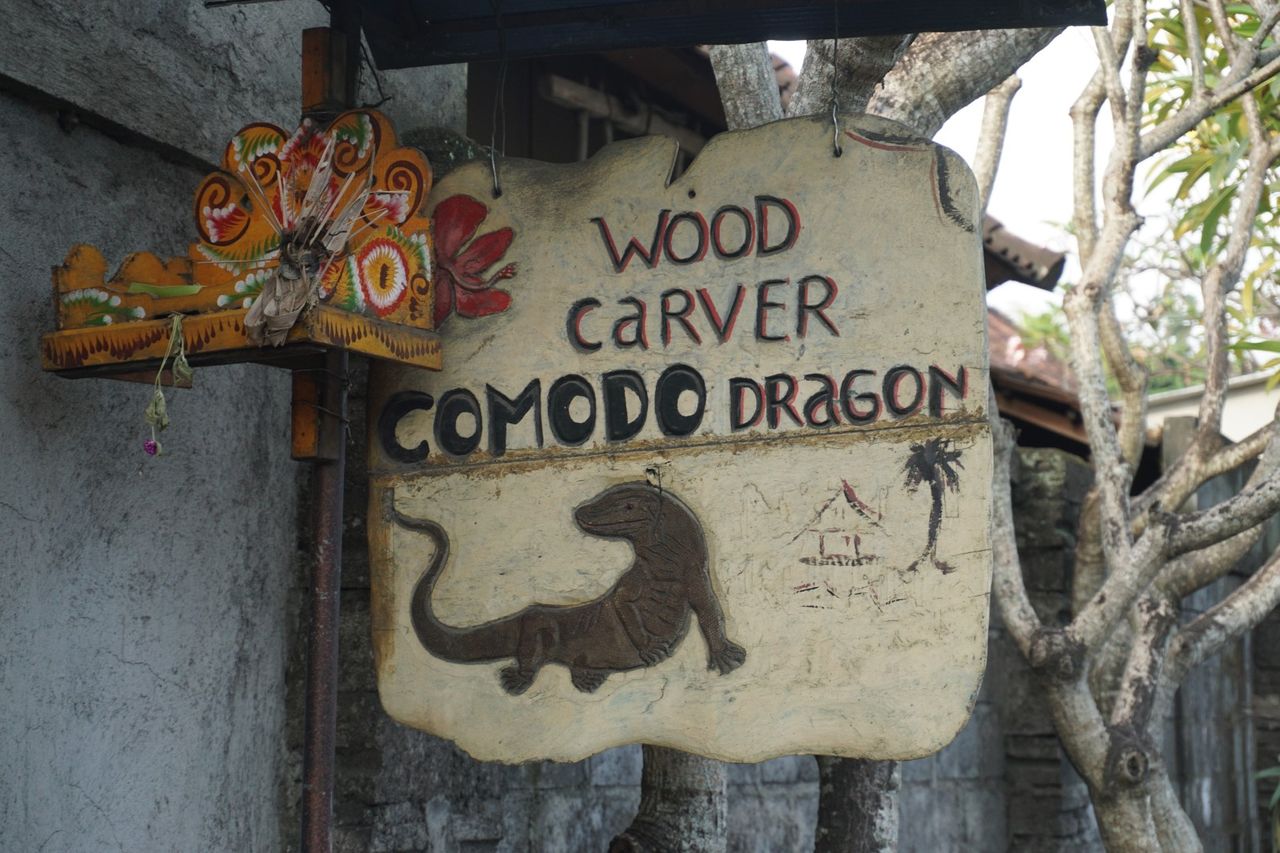
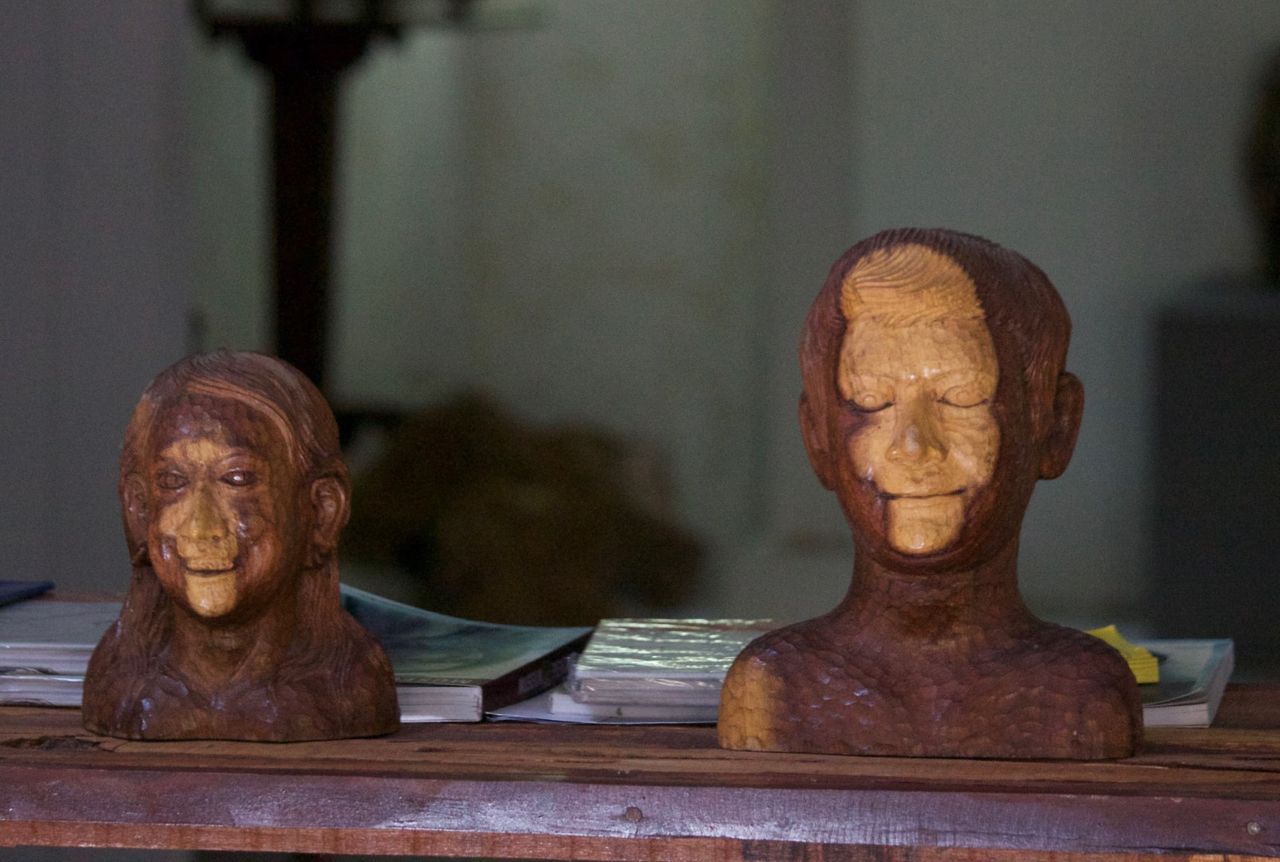
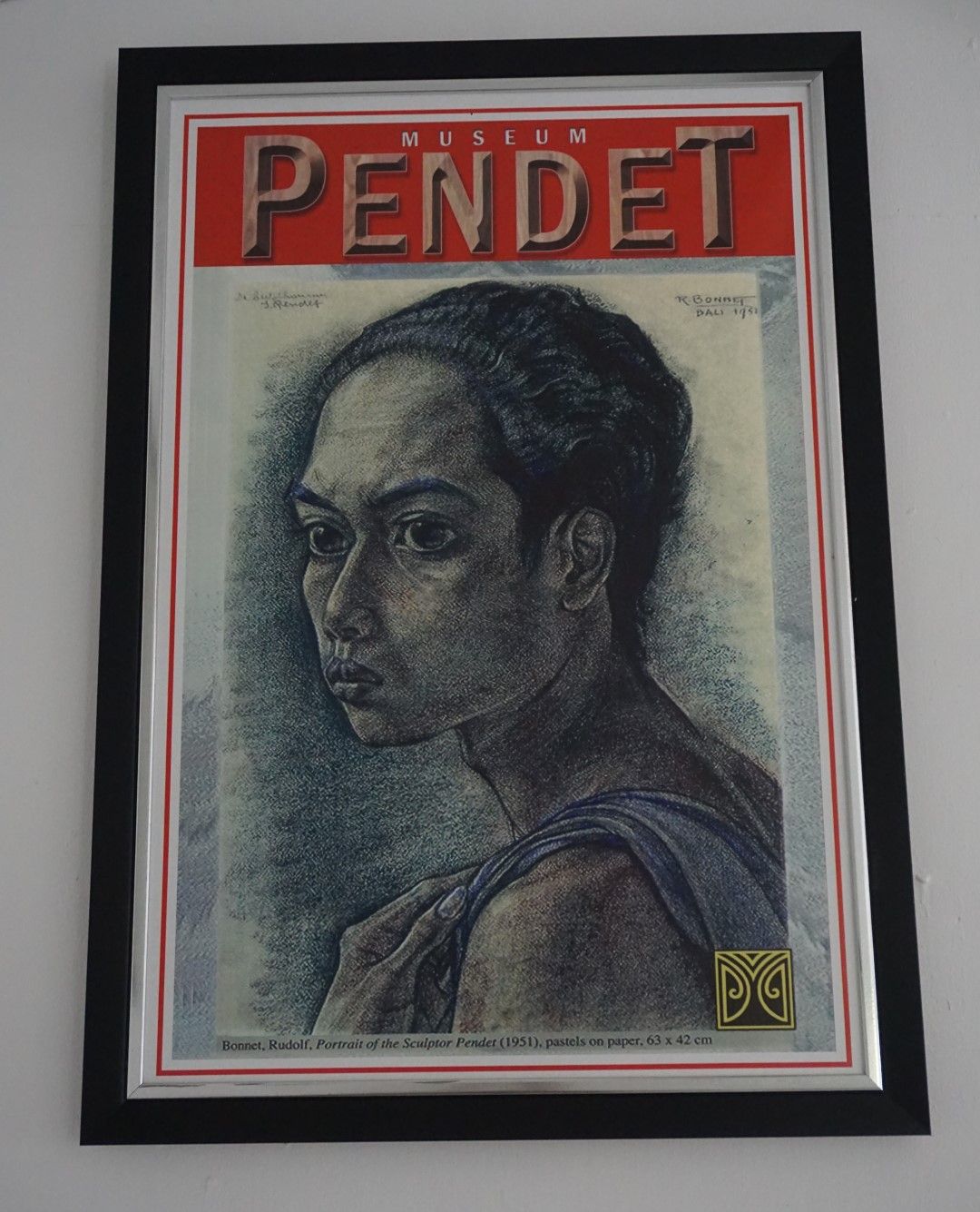
Want to learn more about Nyuh Kuning’s woodcarving history? The small Pendet Museum is worth a visit. Here you find some wonderful examples of the Nyuh Kuning ‘style’ wooden animal carvings, often with a good dose of humour. While the village’s penchant for animal carvings has morphed over time, the museum has some real gems from this bygone era. To this day, the Pendet’s are known as the artisan family of the village: three generations of Nyuh Kuning painters and sculptors. There’s even a famous cartoonist in the family named, Gun Gun.
Nyuh Kuning is a village of peace and tranquillity. Our community treasures these values and we honour the artisanal traditions given by our forefathers.
Museum Pendet . Jl. Nyuh Bojog No. 6 . Open daily 9am-5pm
Karja Woodcarving Workshop . Jl. Nyuh Bulan No.21 . Open daily 8am-3pm
2. Om Shanti, Shanti Om
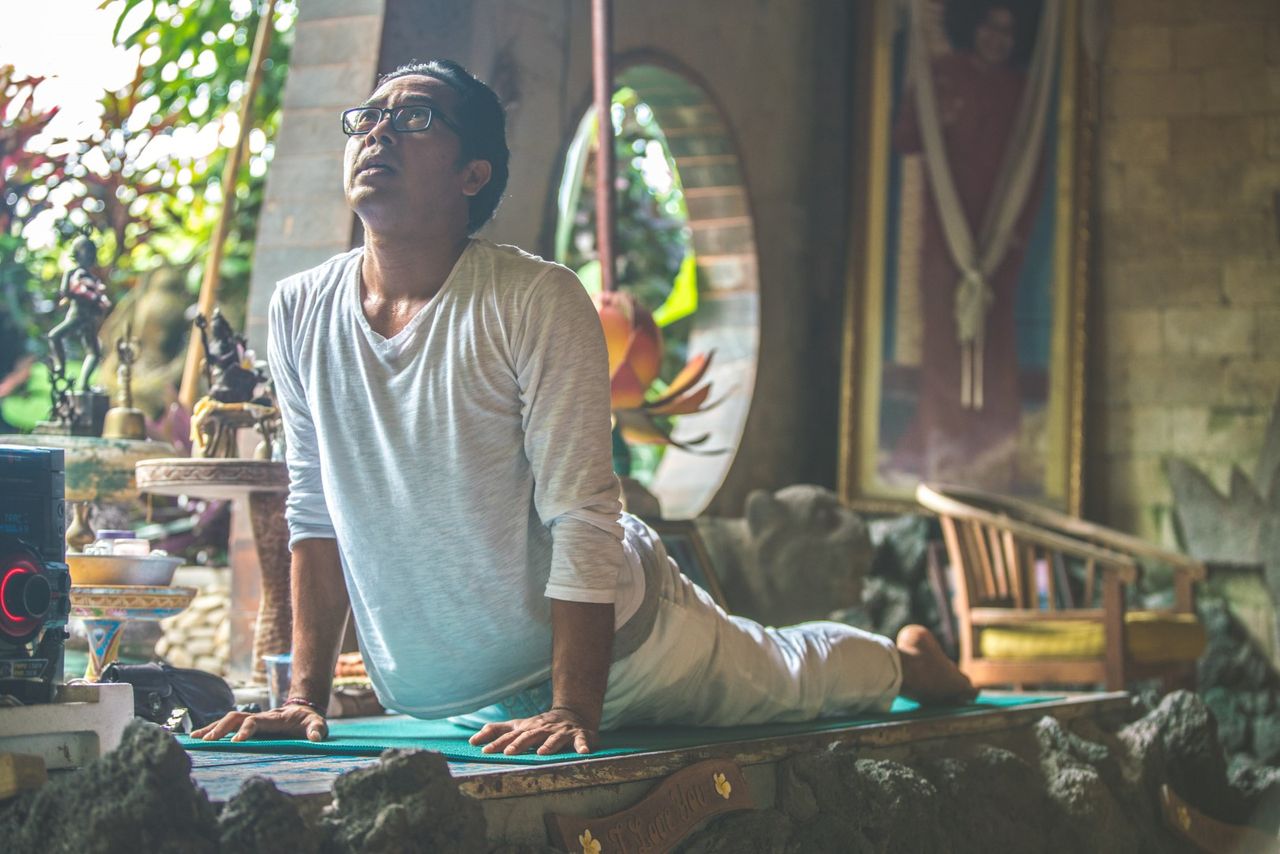
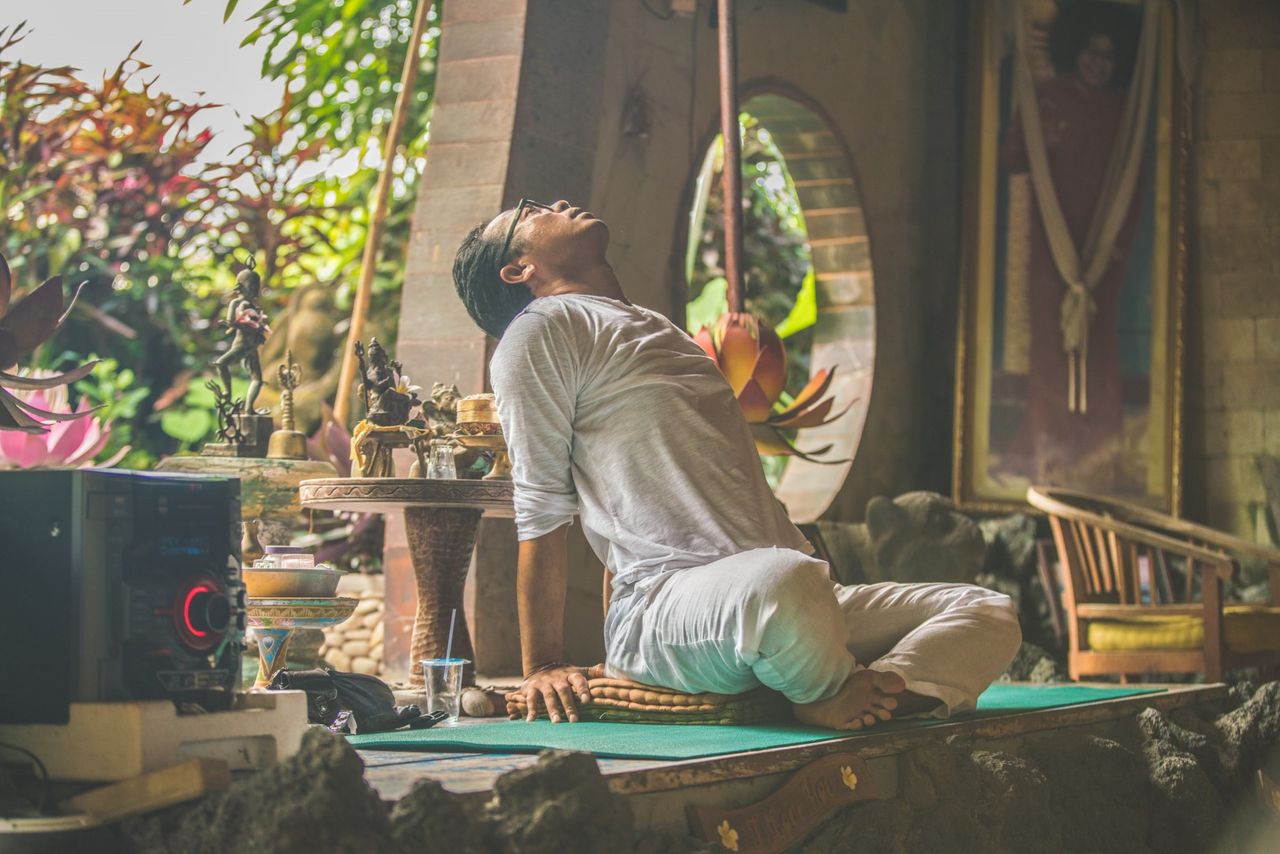
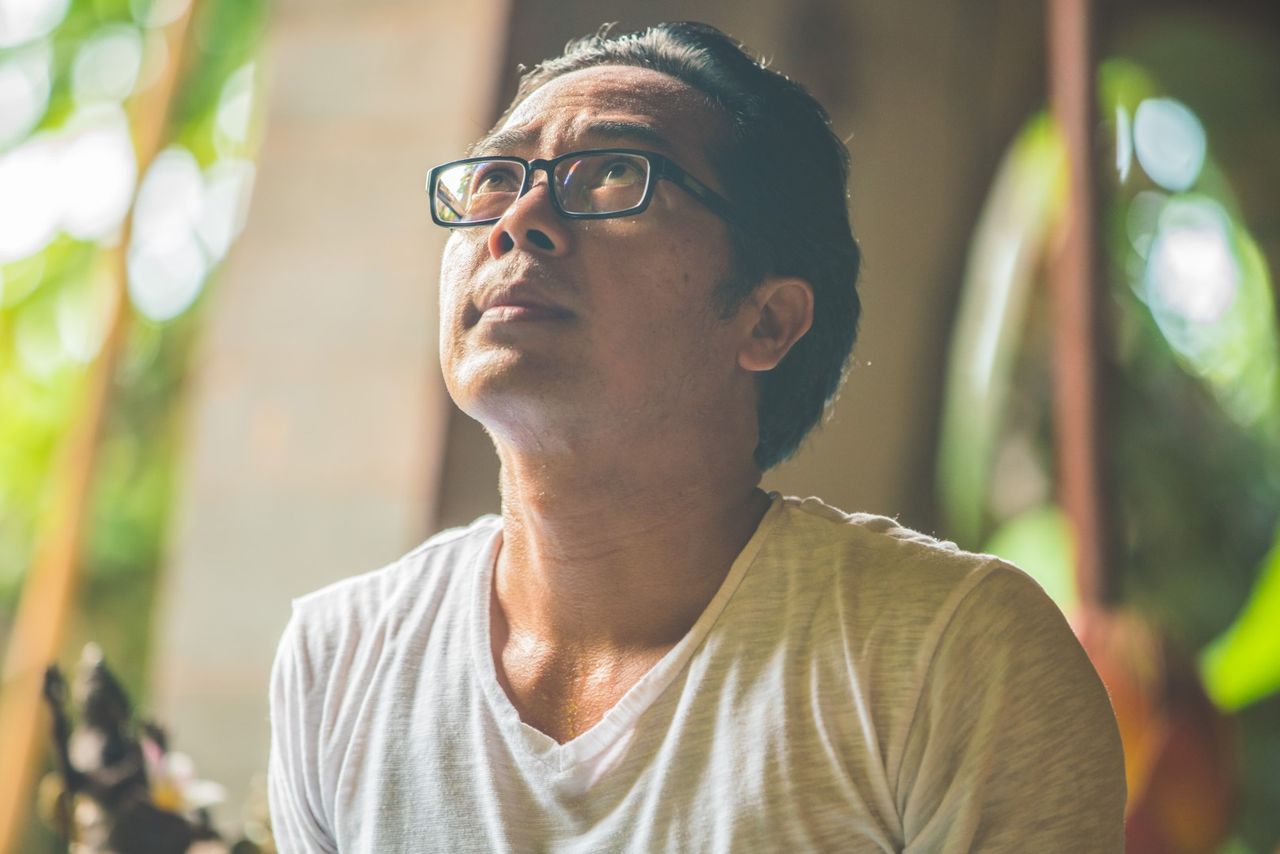
Start your morning with a yoga session at Taman Hati, where local yogi Ketut will get your chakras flowing. Taman Hati is not your average yoga studio. Ketut Bandiastra Cahyu established the ashram in 2002 and developed his own signature style combining Kundalini, Iyengar, Ashtanga and Hatha yoga. His teaching philosophy is best described as ‘free spirited’. Taman Hati is translated as ‘Garden of the Heart’ and the beautiful open-air ashram in an exotic garden behind Ketut’s family home, provides for a rejuvenating yoga experience. We shared spiritual moments, dynamic body strengthening, but also plenty of laughter. His repeated mantra of happiness ‘happy belly, happy mind, happy body’ throughout the class leaves you smiling and well, happy.
Happy belly, happy mind, happy body!
Or for a more bizarre yoga experience, try a good old fashion session of laughing yoga at Ambar Ashram. Yep, you heard that right, and we couldn’t recommend it more. Laughing yoga is an hour-long session where you have the opportunity to completely lose yourself over some unabashed laughing. It’s based on the belief that voluntary laughter provides the same physiological and psychological benefits as spontaneous laughter. The local gurus guided us through different laughing and breathing techniques, like laughing with your mouth closed, or by faking a handshake with your fellow yogis. Also thrown in is some hilarious aerobic dancing. It was modern Balinese spiritualist, Kadek Suambara (and Ketut’s brother) who established this ashram in 1995. It is popular among the locals and his Bali Happy Movement, which has a loyal following from throughout the region. An experience, you won’t soon forget or regret.
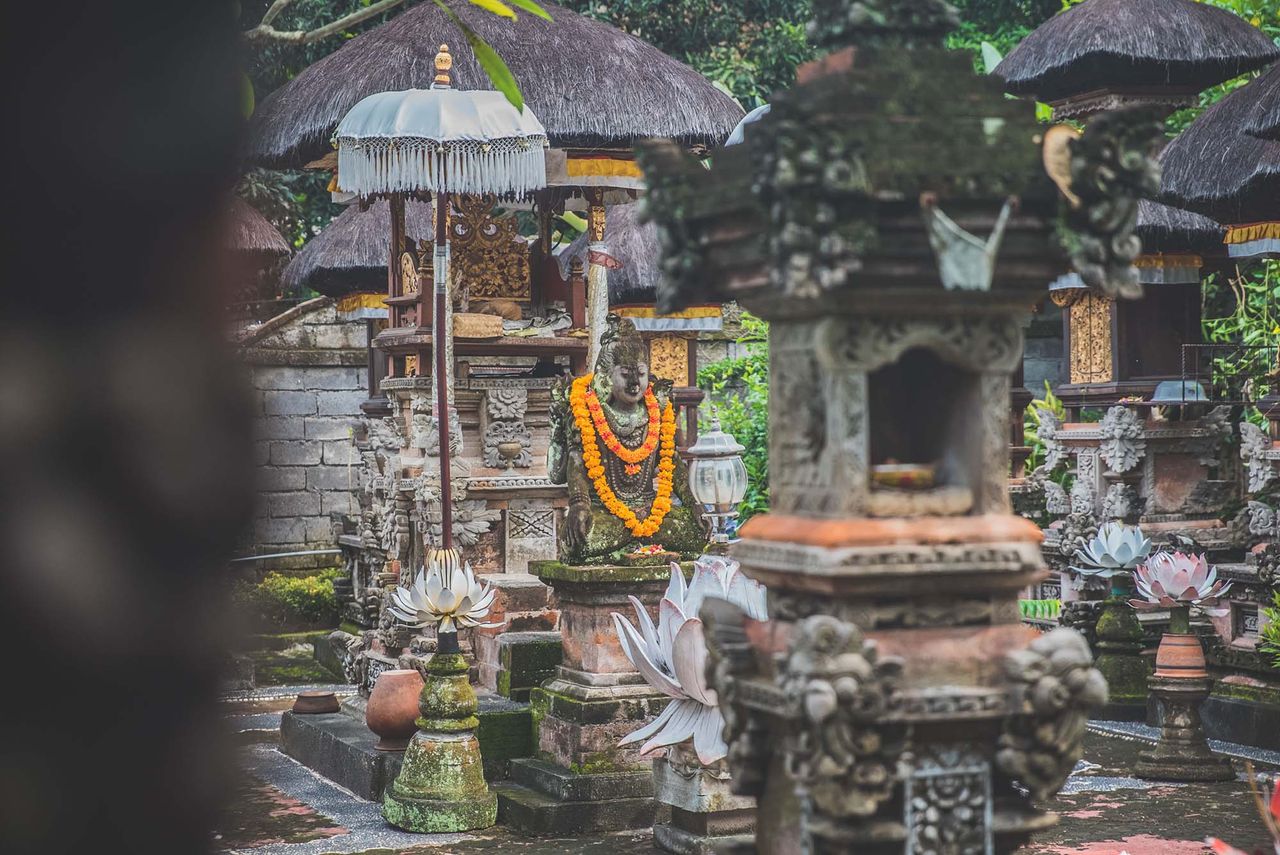
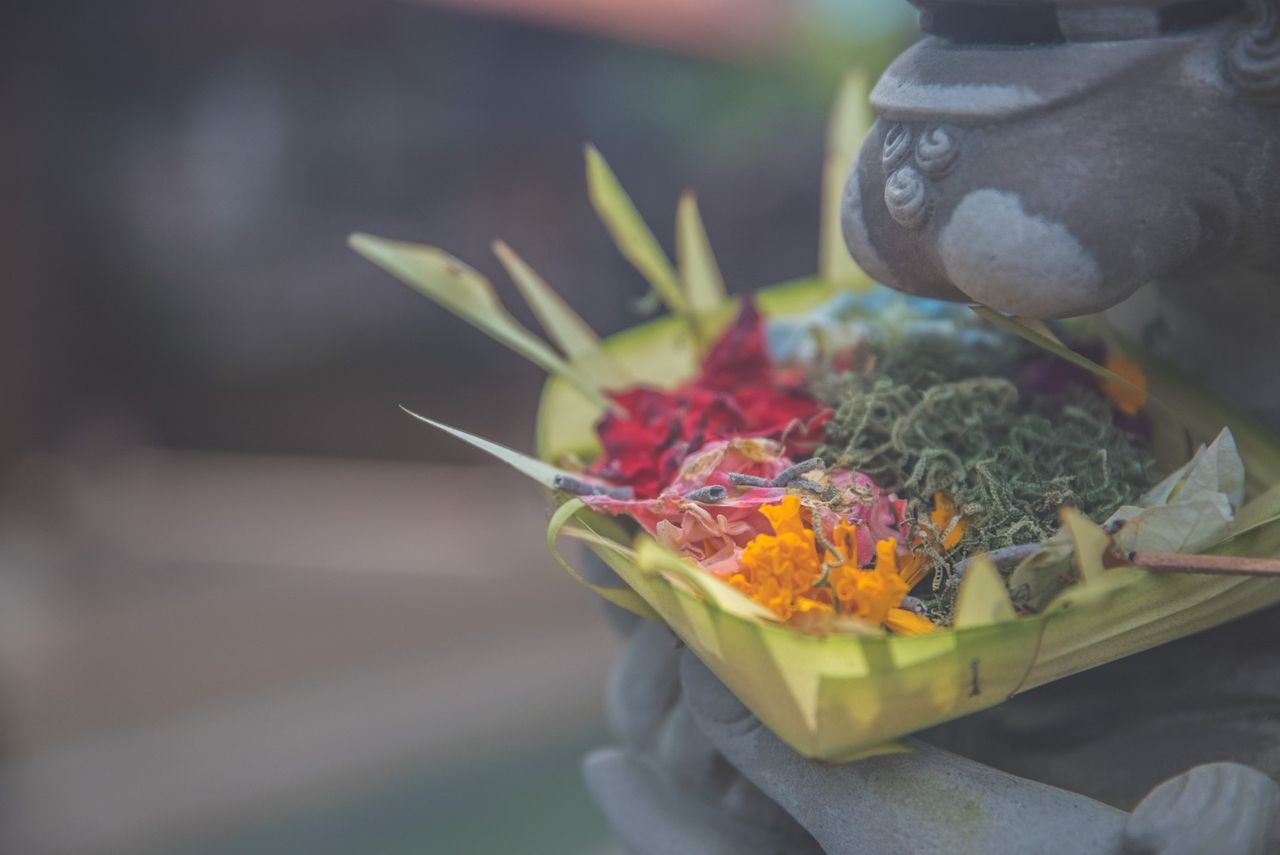
Ambar Ashram . Jl. Nyuh Bojog No. 5 . +62 812 3627 3888 . laughing yoga sessions Tues & Fri 5pm -6pm . admission free but donation appreciated
Taman Hati . Jl. Nyuh Gading No.7 . +62 361 974 058 . daily sunrise yoga 6am -7.15am . IDR 100.000 for 1 class drop-in
3. Visionary Eco Village
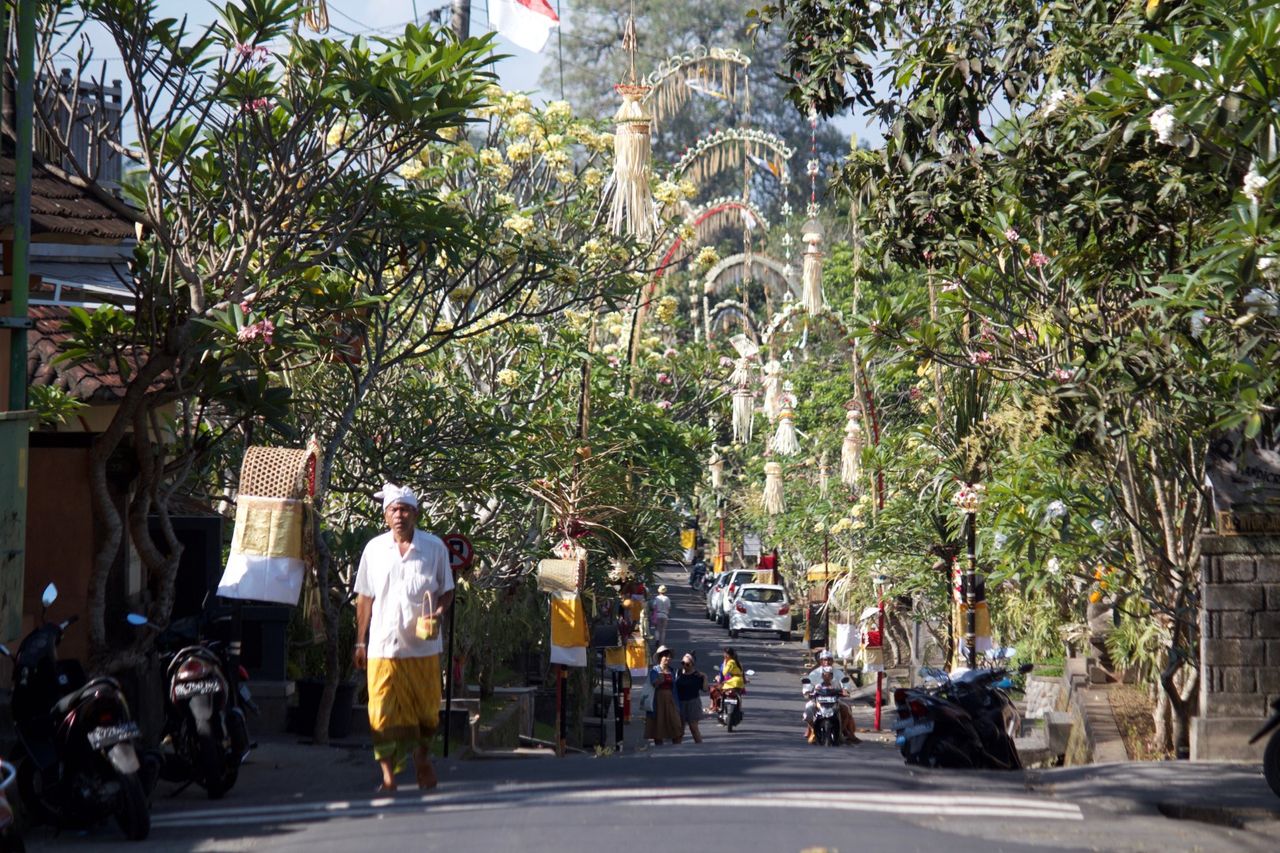
While steeped in culture and tradition, the people of Nyuh Kuning are progressive and forward-thinking. The village is well known for its commitment to the environment and the preservation of its unique identity. Every morning, the village elders who are part of the ‘smile crew’ clean the streets. Children bring brooms to school to sweep before class begins and there is a weekly competition to see which student can collect the most garbage. Hotels have a ban on plastic and promote recycling and composting, and there are strict parking regulations. You will even need to pay a fee to drive through the village as a way to control the amount of traffic. As part of the village’s greening initiative, the town has planted 5,000 frangipani trees lining the beautiful streets in their splendour. When you’re there, you may run into the village women collecting the fallen flowers to make essential oils.
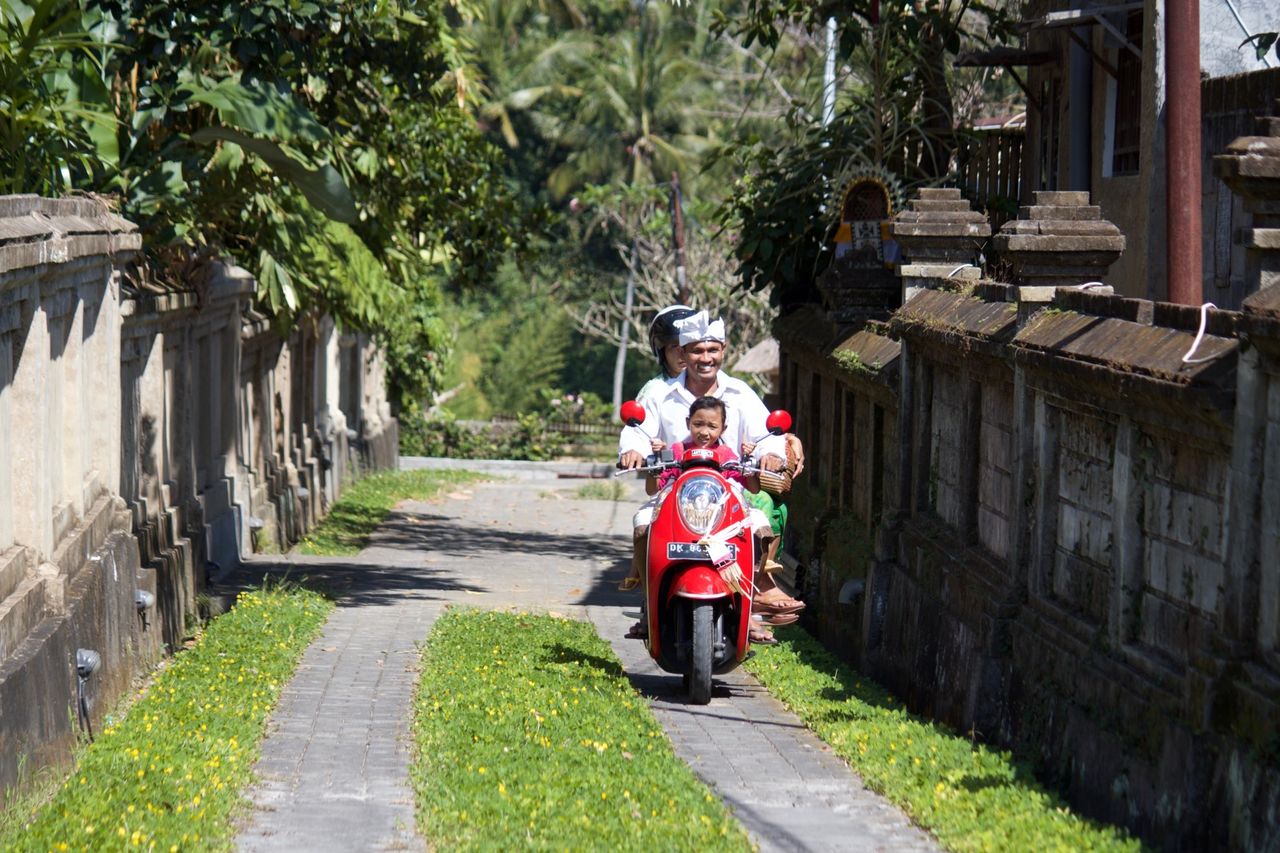
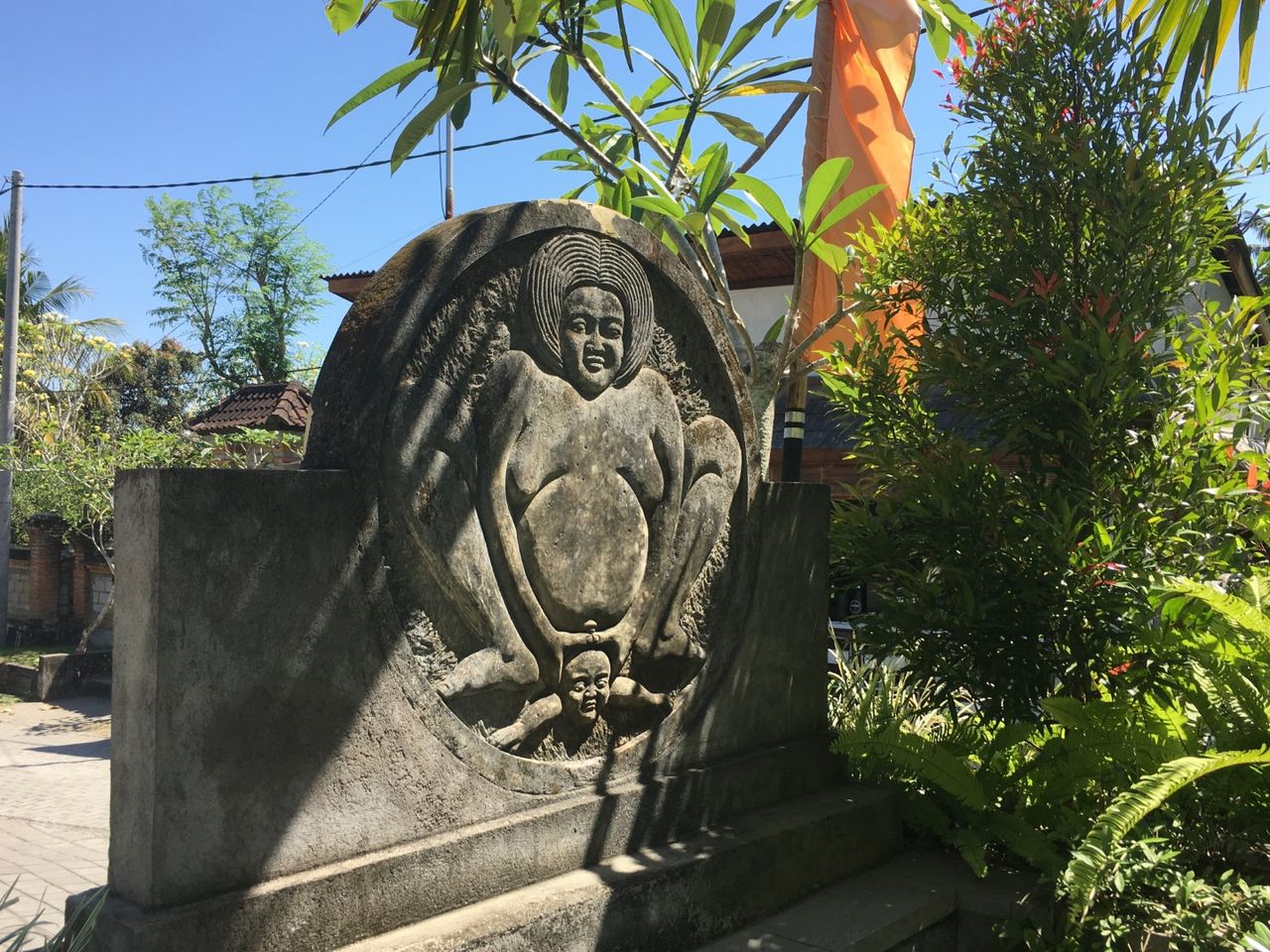
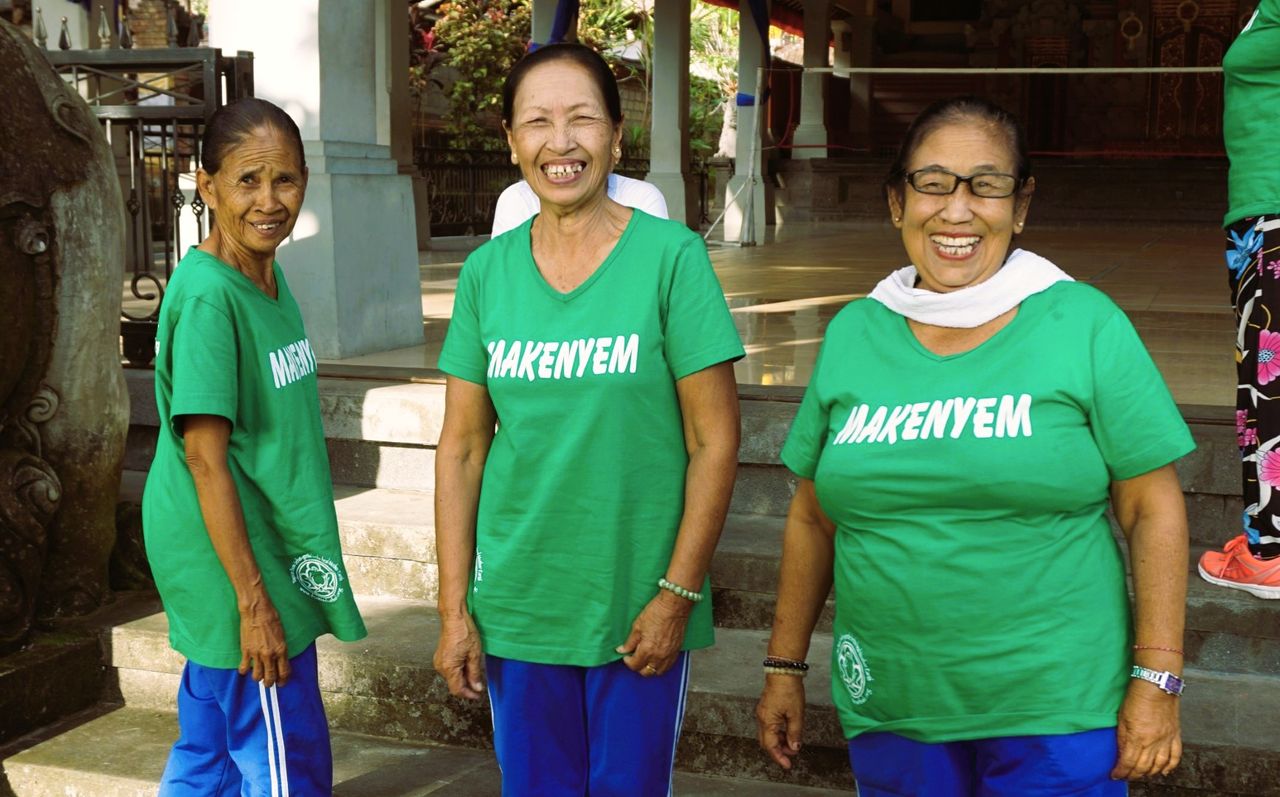
Nyuh Kuning is also home to the Bumi Sehat birthing clinic, the pride and joy of the village. Founded in 1995 by Robin Linn, the non-profit clinic offers free prenatal care, birthing services and medical aid to local women. Nice to know: in 2011, Linn won the CNN hero of the year for her miraculous achievements.
Bumi Sehat Foundation . Jl. Nyuh Bojog . +62 361 970 002
4. Vegan Cuisine & Sustainable Coffees
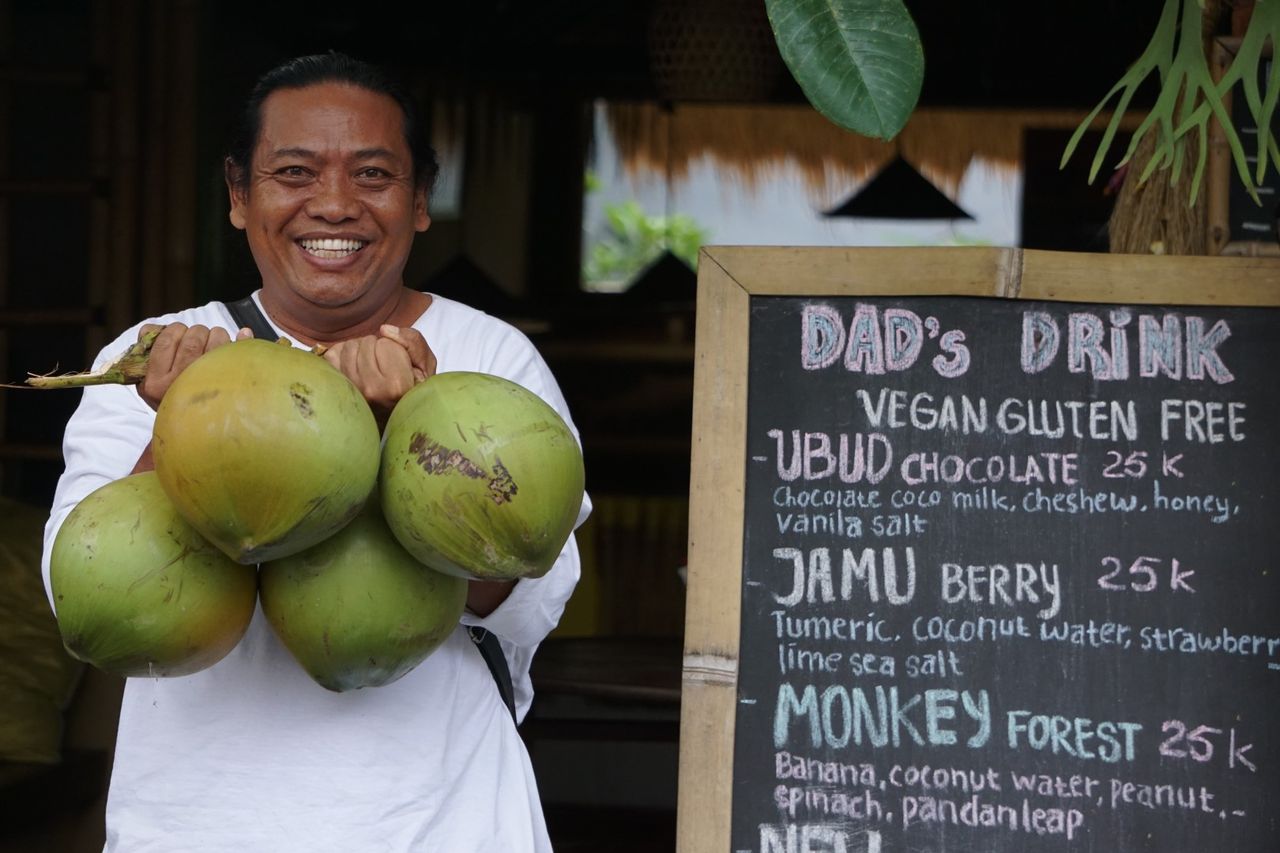
The village may be small but it has a bountiful mix of cafés and restaurants that add to the village’s healthy and eco-friendly vibe. If you want some Balinese cuisine, visit Ibu Dayu at Warung Rama. She is the sweetest woman to walk this earth and serves up a delicious Nasi Campur. It’s so good, it was even awarded the second-best nasi campur in Ubud. If healthy is what you are looking for, there are plenty of options. WAMM, Sage, and Swasti eco cottages all serve up local, fresh and eco-friendly food. For a more international flair, Tulsi serves up some delicious ayurvedic Indian cuisine in a cosy setting. Or head to the serene garden at Kagemusha for some of Ibu Umi’s home-style Japanese food.
If it’s a refreshment you are after, we recommend a visit to the open-air Bali Bohemia where you can watch the monkeys frolicking over a refreshing libation. They also host a super fun open-mic night which caters to a welcoming and lively local crowd. Fancy a fresh coconut? Stop by Warung Coconut where the charming local owners will serenade you with their guitars as you watch people stroll by. But if it’s a caffeine jolt you are after, then be sure to visit the newly opened Kopi Paste or Old Friends coffee shop. At Old Friends, friendly barista Made will take you through the whole farm-to-cup experience. Here the coffee beans come directly from his family’s plantation in Kintamani, which are then sorted, roasted and cupped in this chic little cafe.
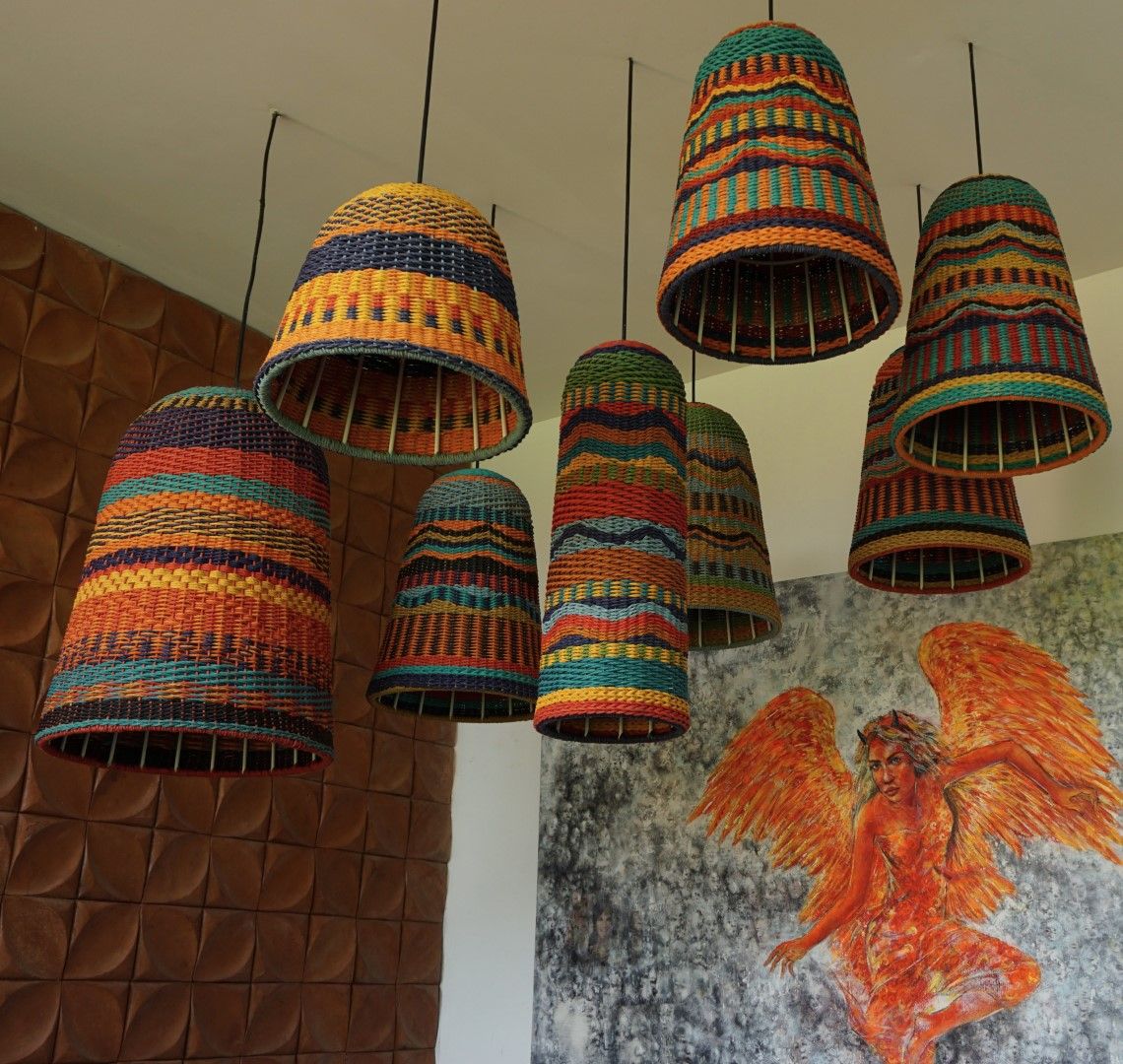
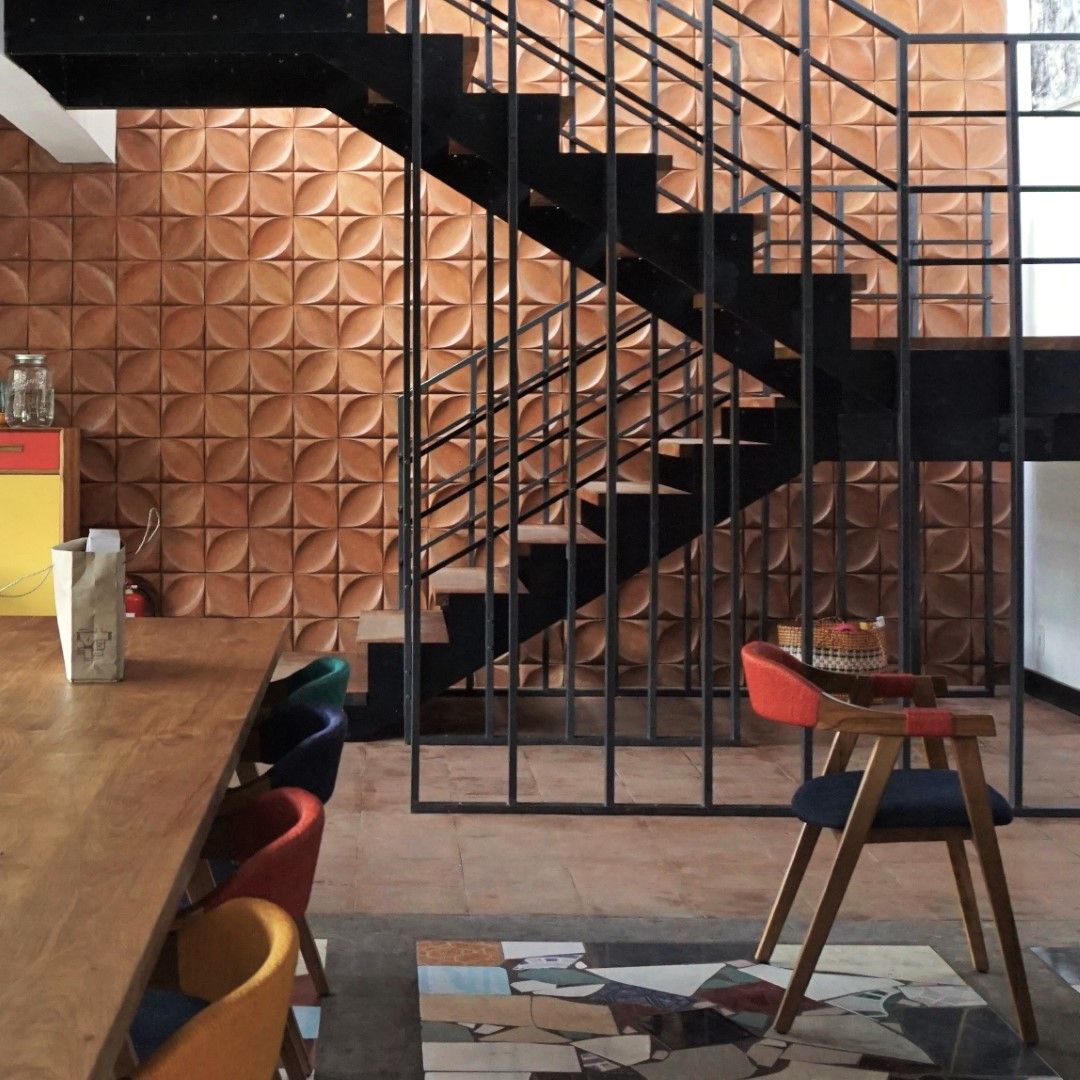
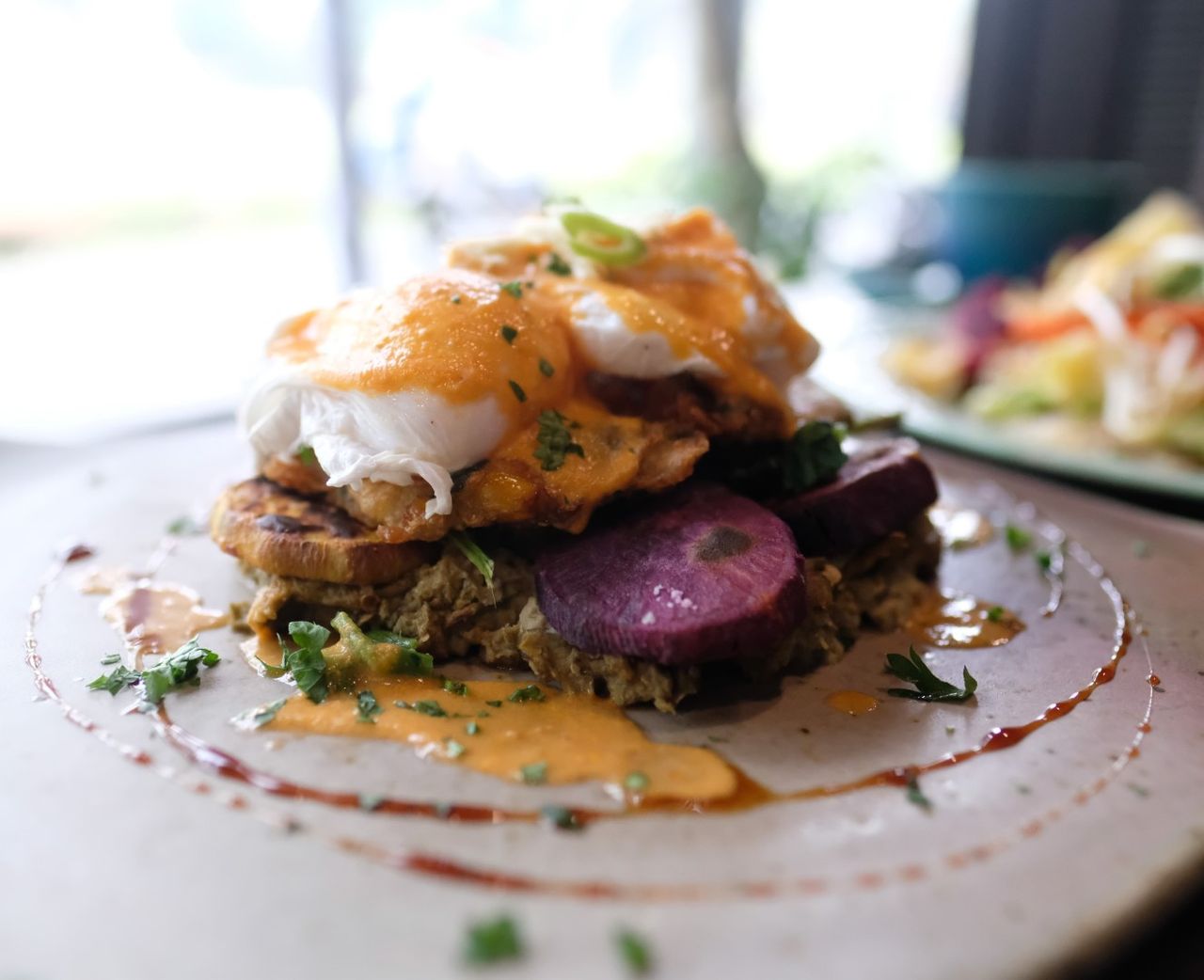
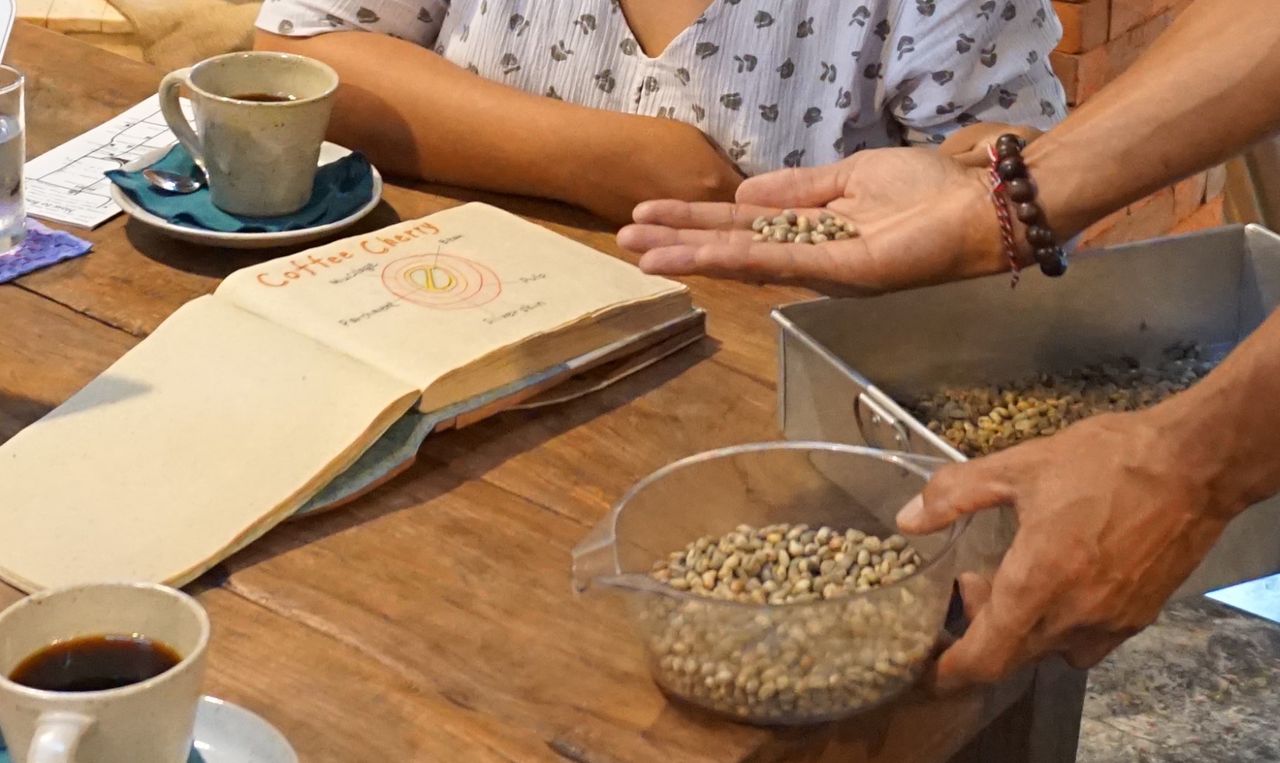
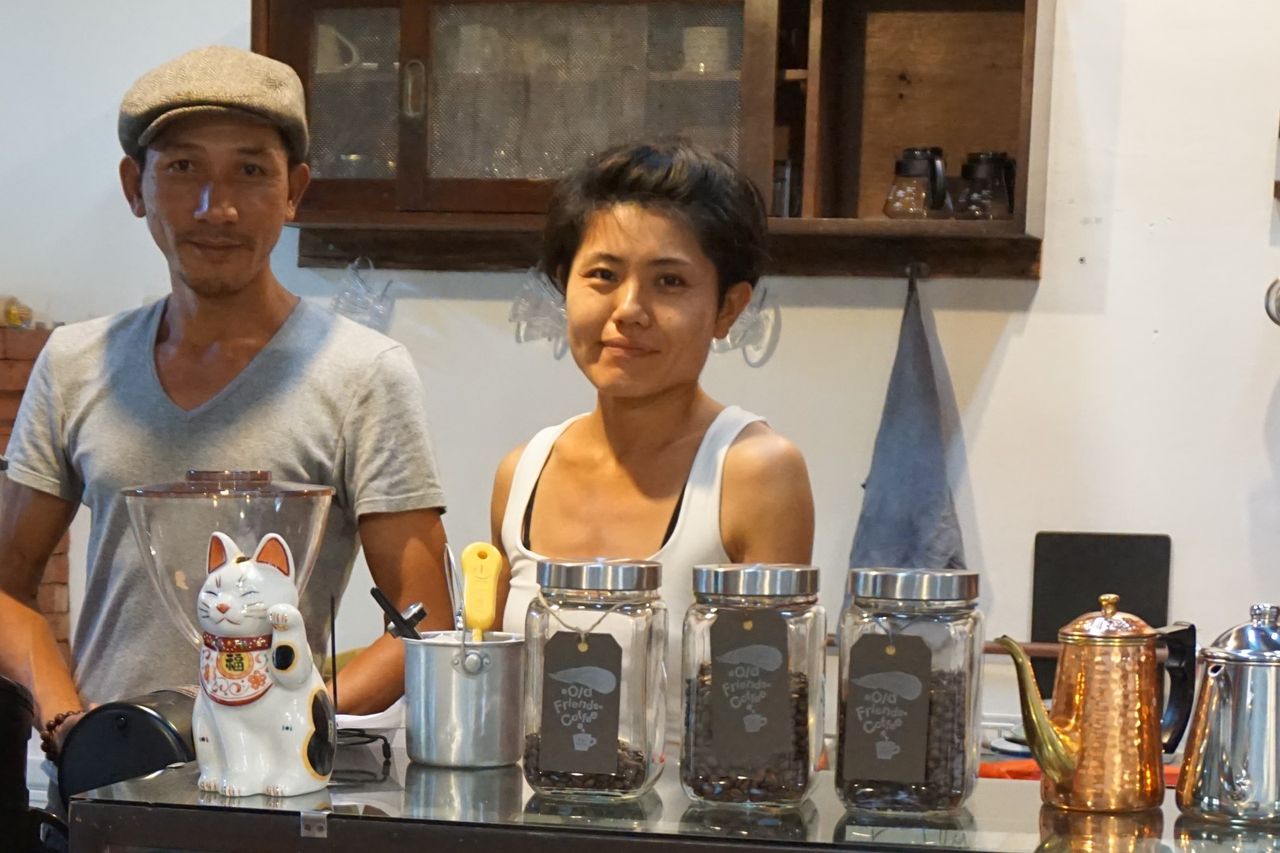
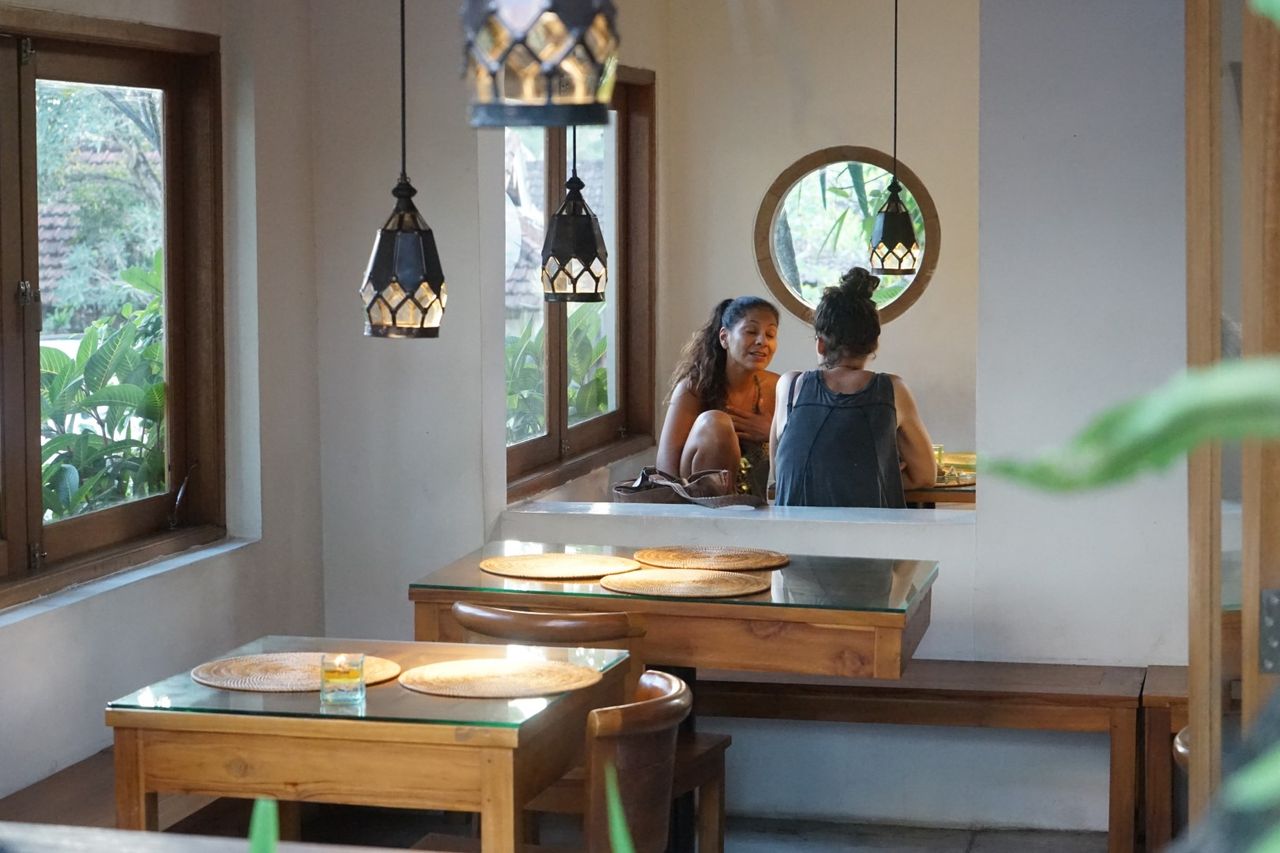
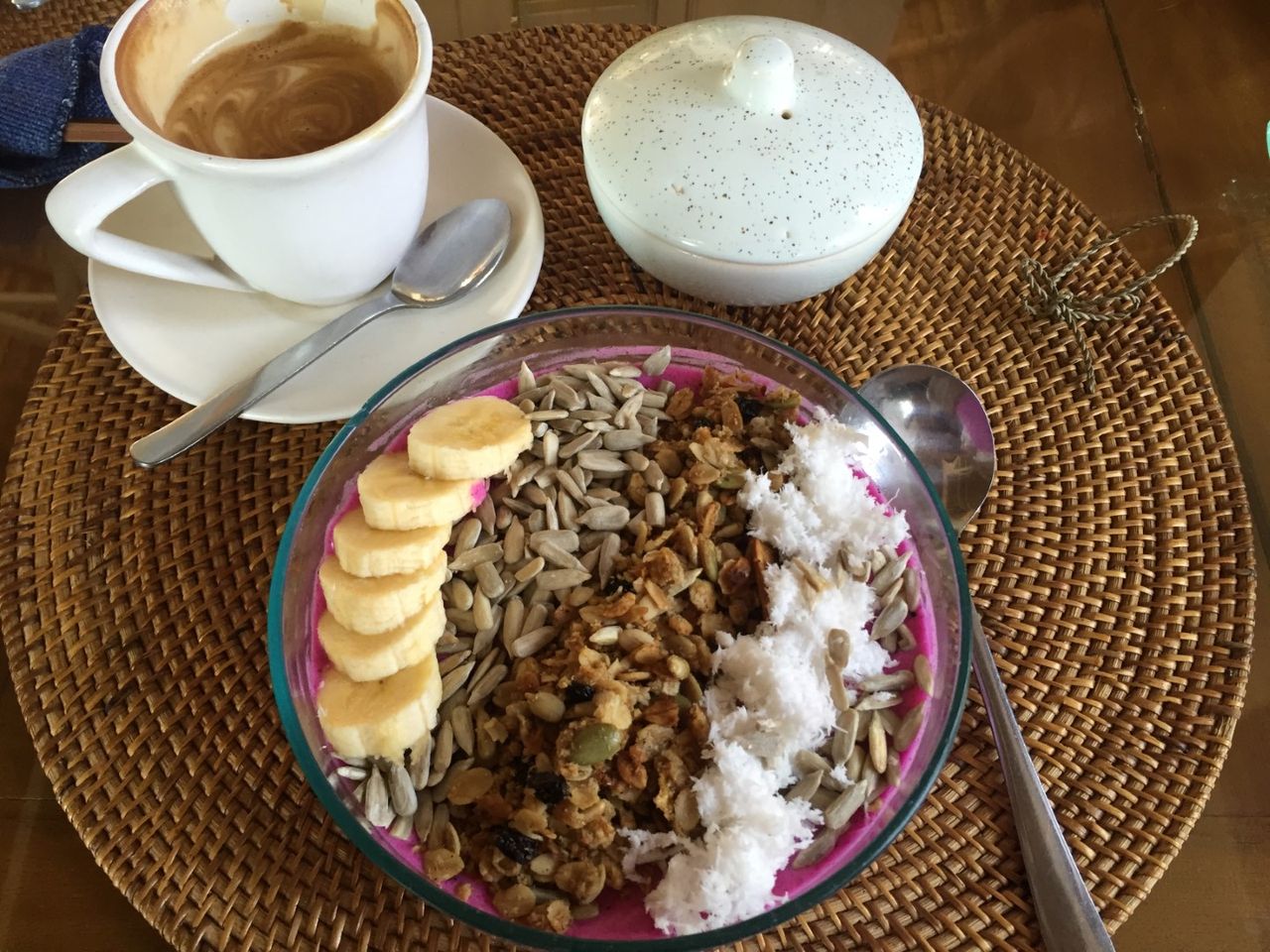
Bali Bohemia . Jl. Nyuh Bojog . +62 813 3888 4756
Old Friends Coffee Shop . Jl. Nyuh Bojog No.5 . +62 813 5328 0267
Warung Coconut . Jl. Nyuh Bojog No.5 . +62 813 3834 3110
Warung Rama . Jl. Nyuh Gading No. 3
Kagemusha . Jl. Raya Nyuh Kuning . +62 361 973 134
Sage Restaurant . Jl. Nyuh Bulan No.1 . +62 361 976 528
Kopi Paste . Jl. Raya Singakerta . +62 819-1675-6375
WAMM . Jl. Nyuh Bulan No. 24 . +62 812 3990 8129
5. Ethical Fashion & Responsible Shopping
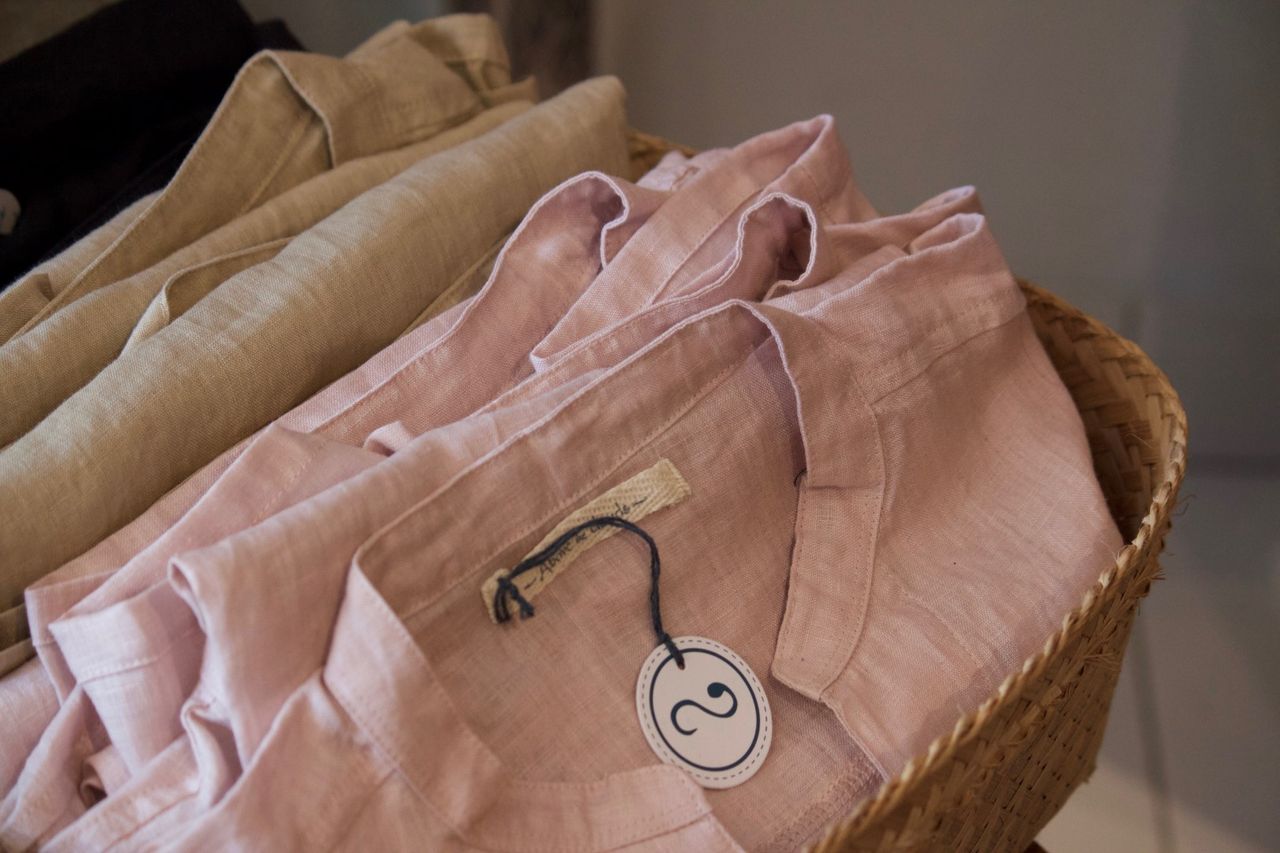
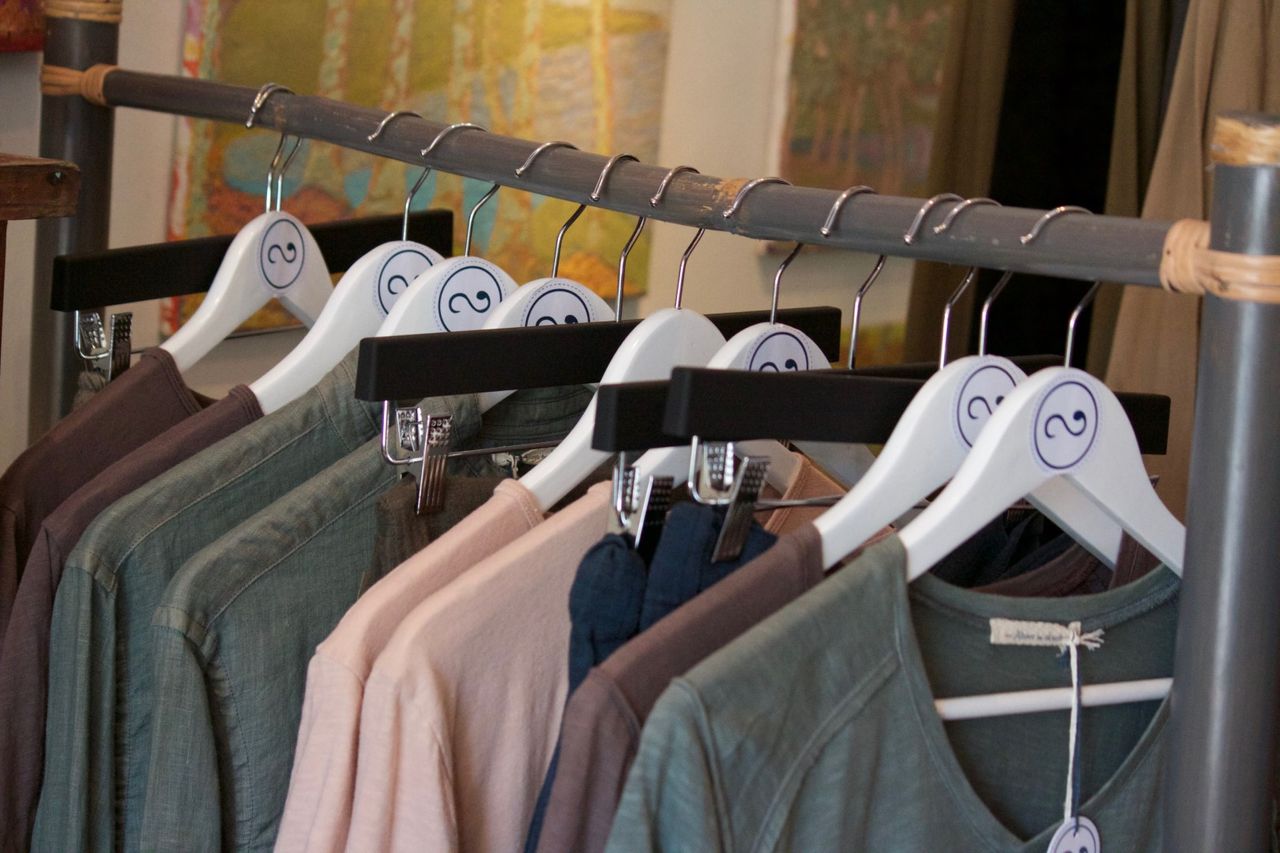
If you fancy a little shopping, don’t miss Above the Clouds. This tiny boutique next to the monkey forest has a great collection of men’s clothing made of gorgeous cotton, linens, and natural dyes. Owners Charlotte and Flo’s wanted to create a conscious fashion label and it took them a lot of time to ensure the production process was good for people and planet. Charlotte makes gorgeous jewellery too with her Sugati line. If Indonesian textiles is more your jam, then don’t miss a trip to Tradisi, a lovely little workshop that sells hand-woven and hand-drawn batik fabric from the islands throughout Indonesia. Their products include batik and styles of hand-weaving, with natural dyes, and beautiful colour combinations. This is guilt-free shopping at its best, all profits are used to support local community projects.
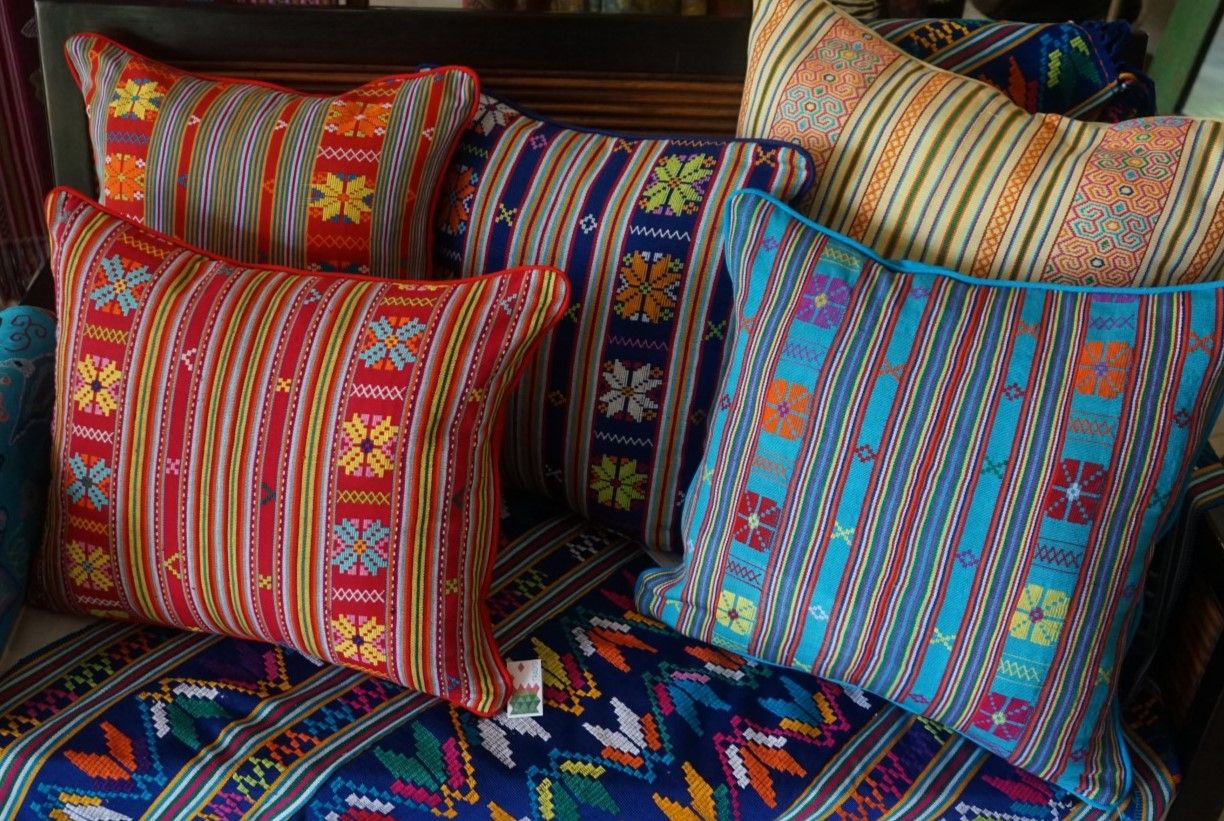
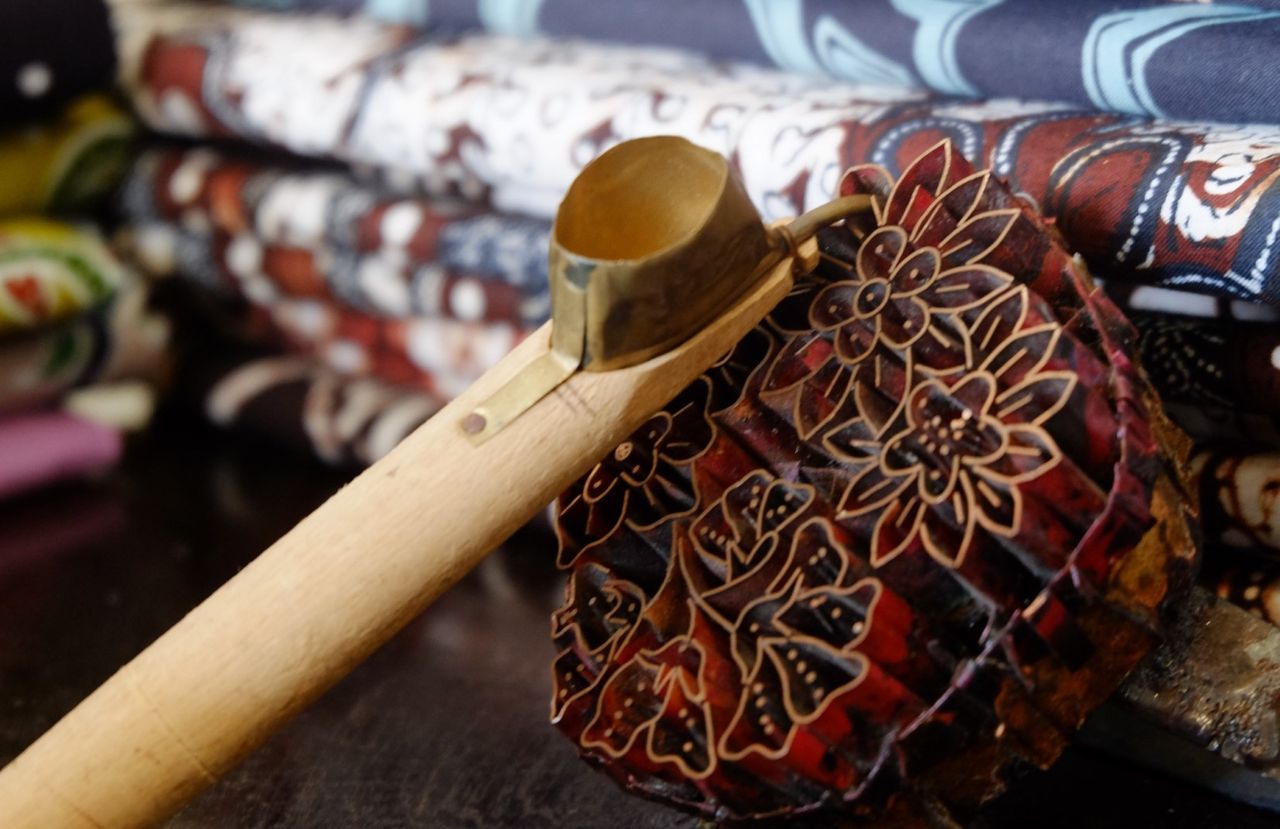
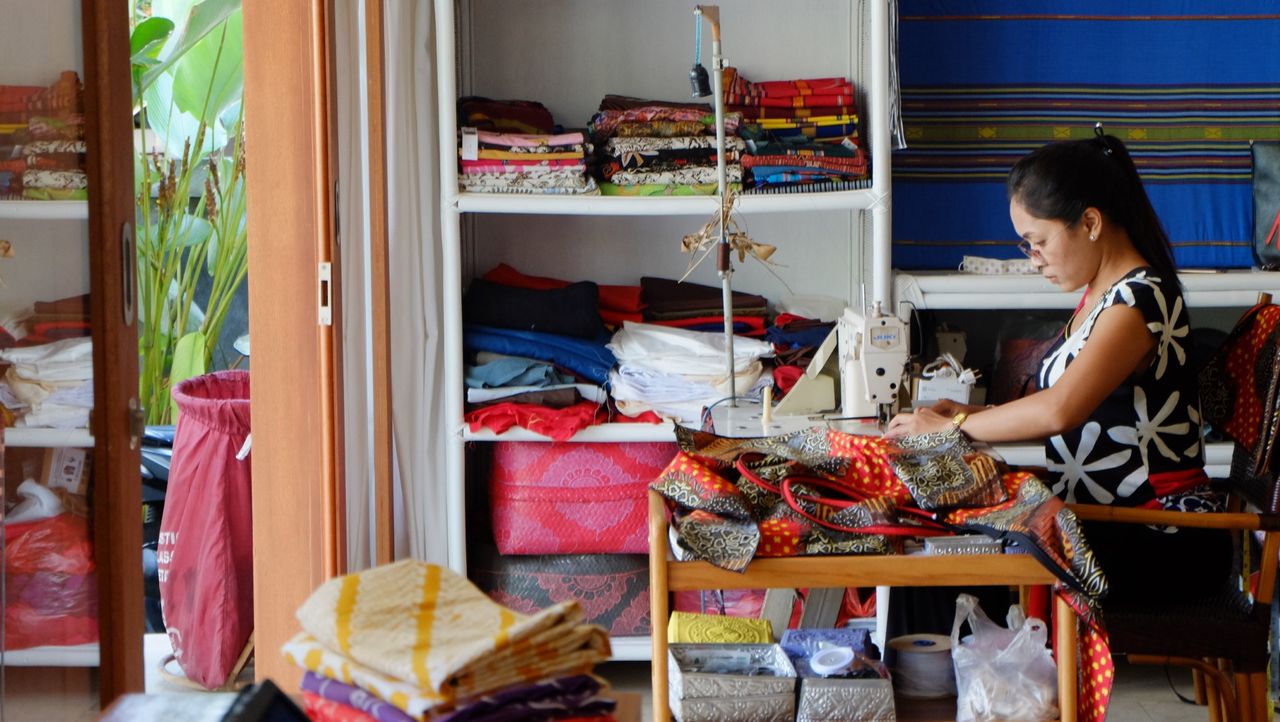
Above the Clouds . Jl. Nyuh Bojog No.11 . +62 812 3898 5545
Tradisi Fabrics and Cushions . Jl. Nyuh Bojog No. 4 . +62 821 4742 5359
6. Festive Temple Celebrations
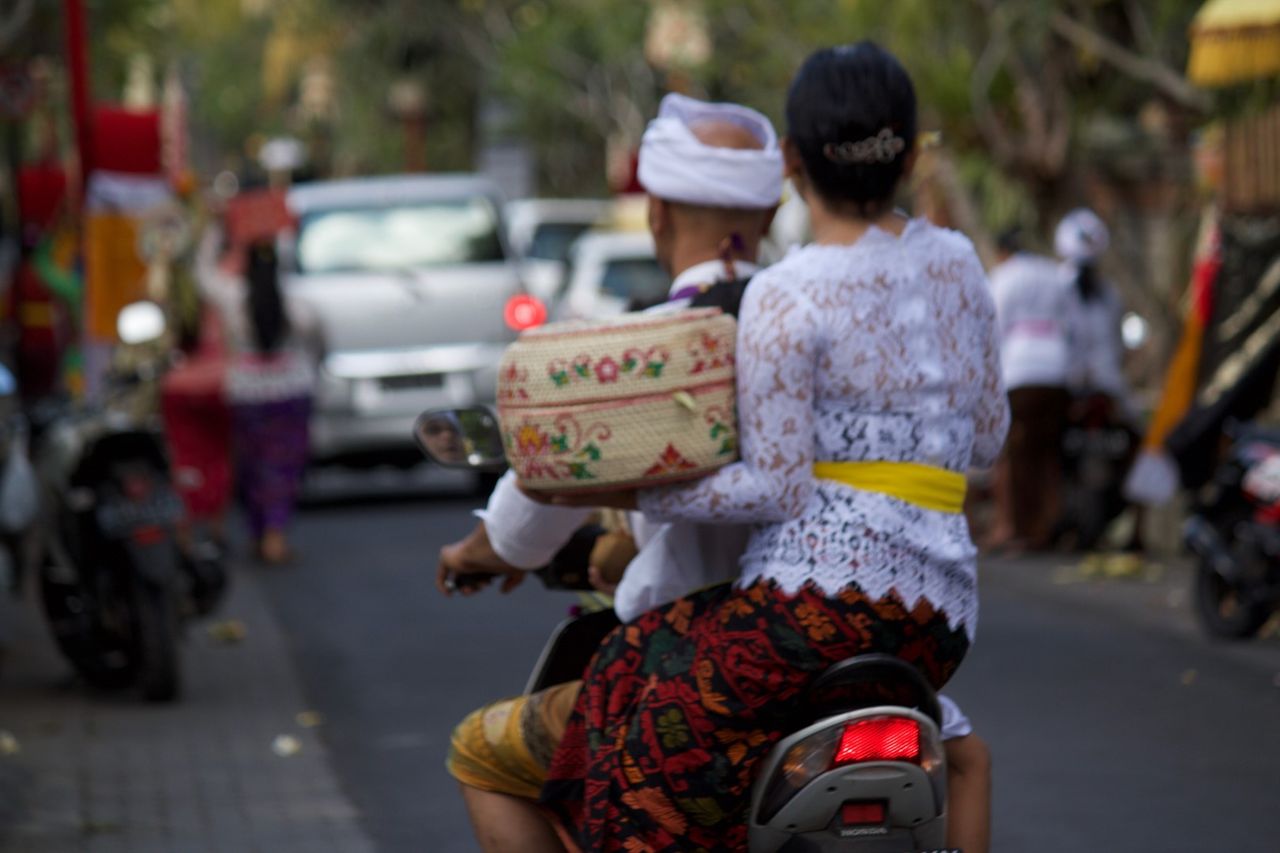
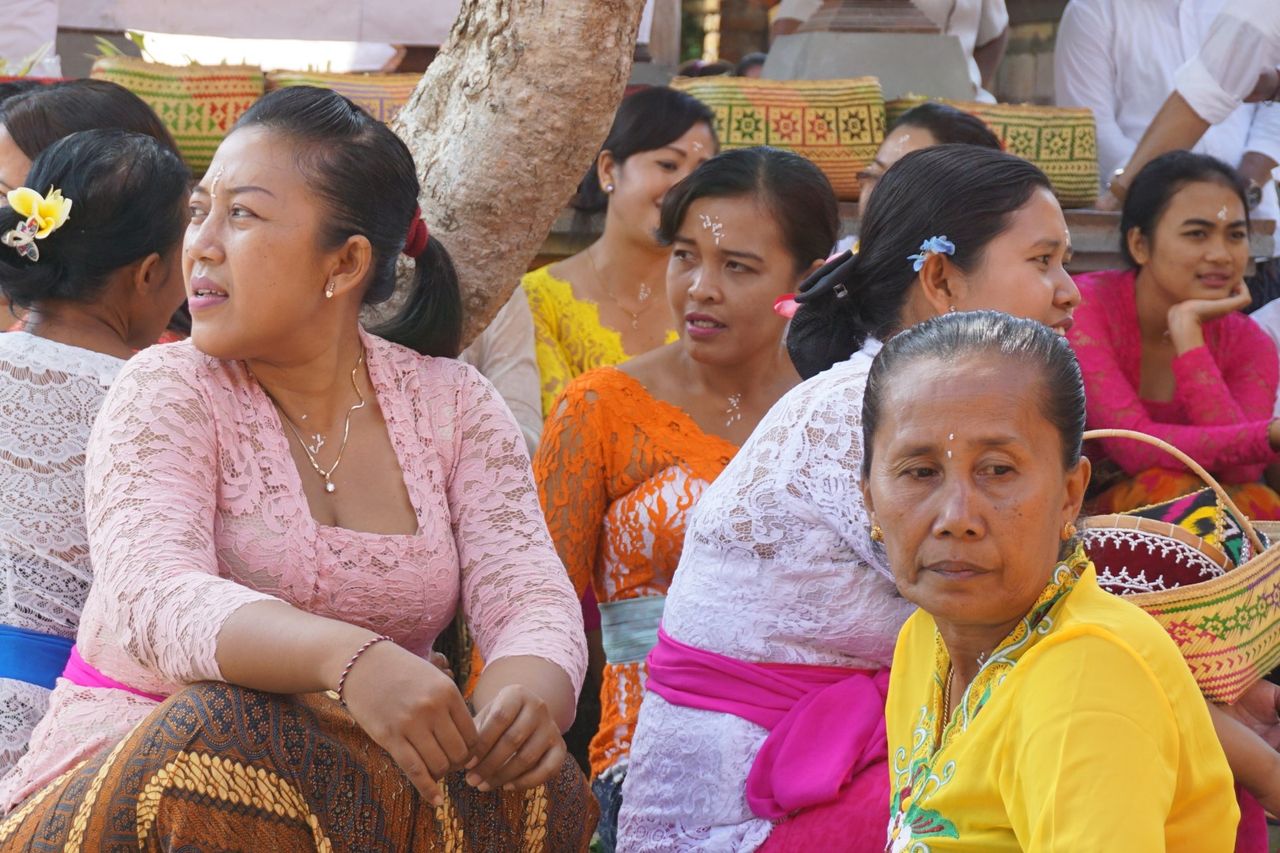
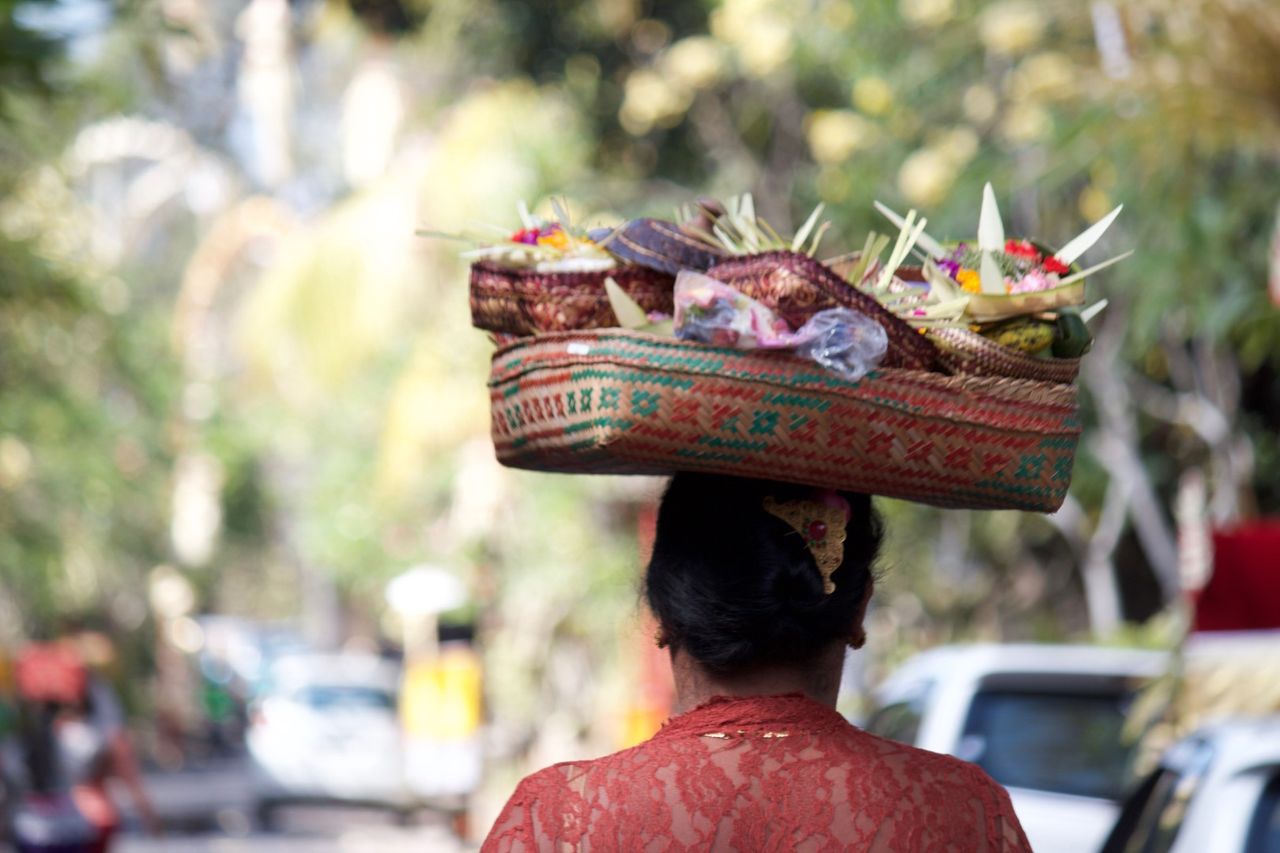
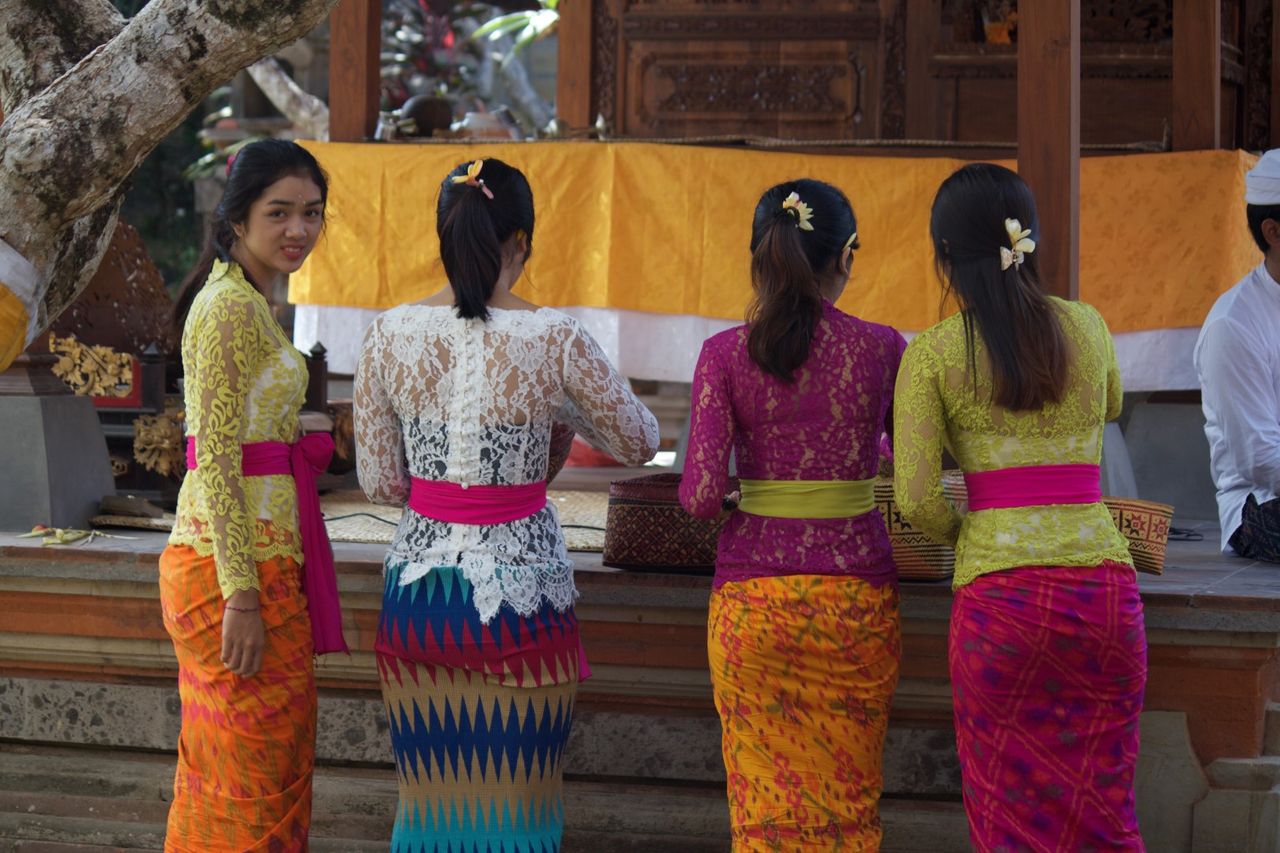
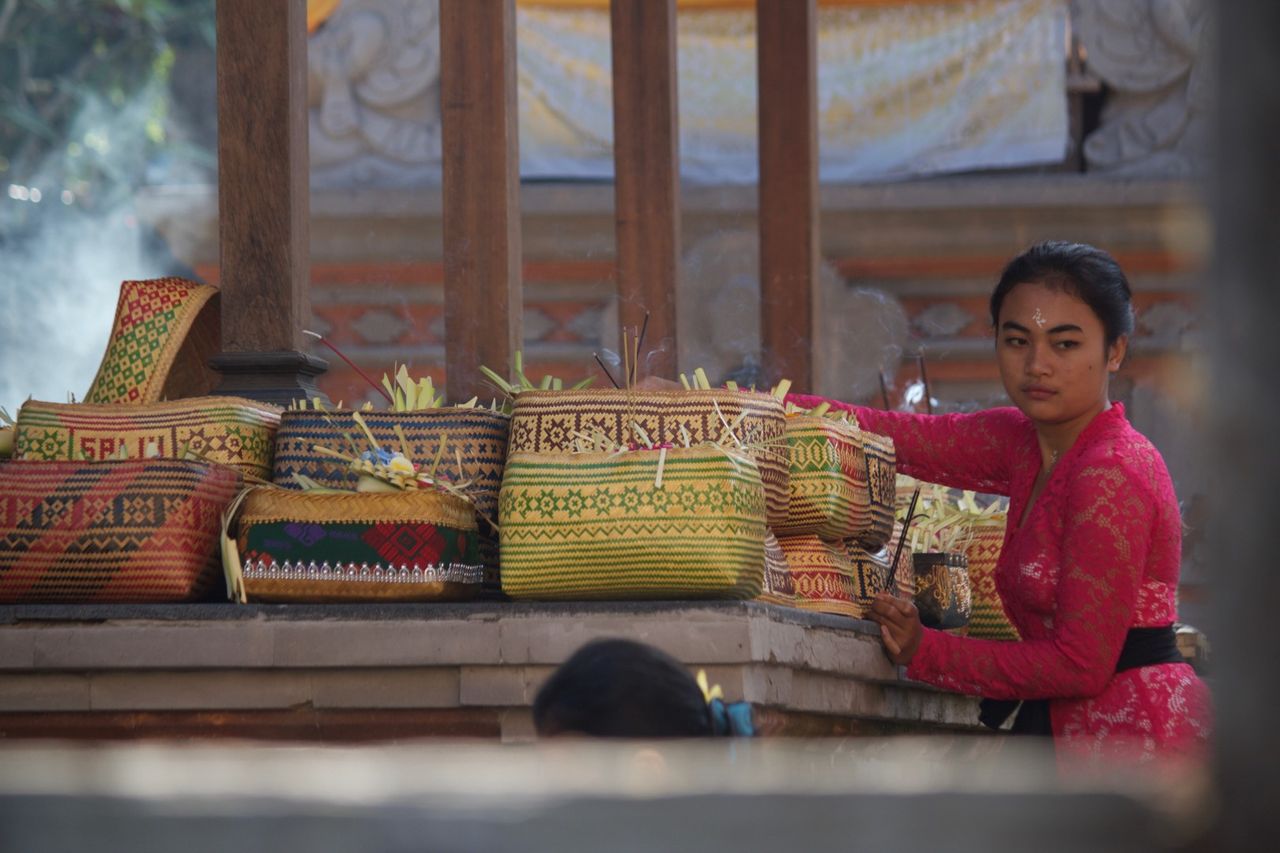
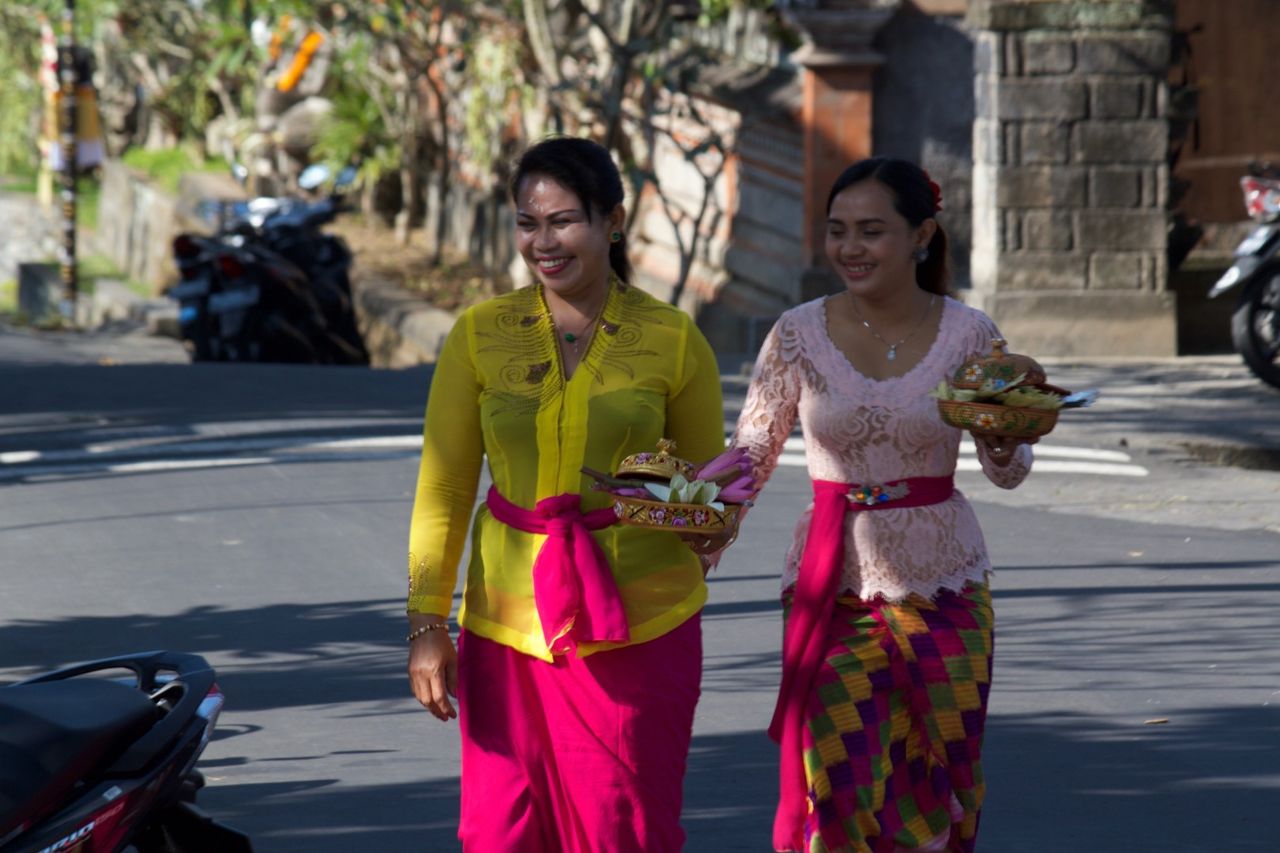
Chime in the Gamelan music. Just imagine the smell of the frangipani trees lining the quiet streets. See the women donning traditional Balinese clothing carrying their spiritual offerings so elegantly. How about the kids decked out in the lion-like barong costume beating their drums, marching your way? A temple ceremony is one of the most awe-inspiring things we have seen. This is not just culture with a capital C, but also very much part of local life. If you want to experience the real Bali, we recommend you come when it’s a Balinese ceremony day - such as Galungan or Kuningan - or during a full moon.
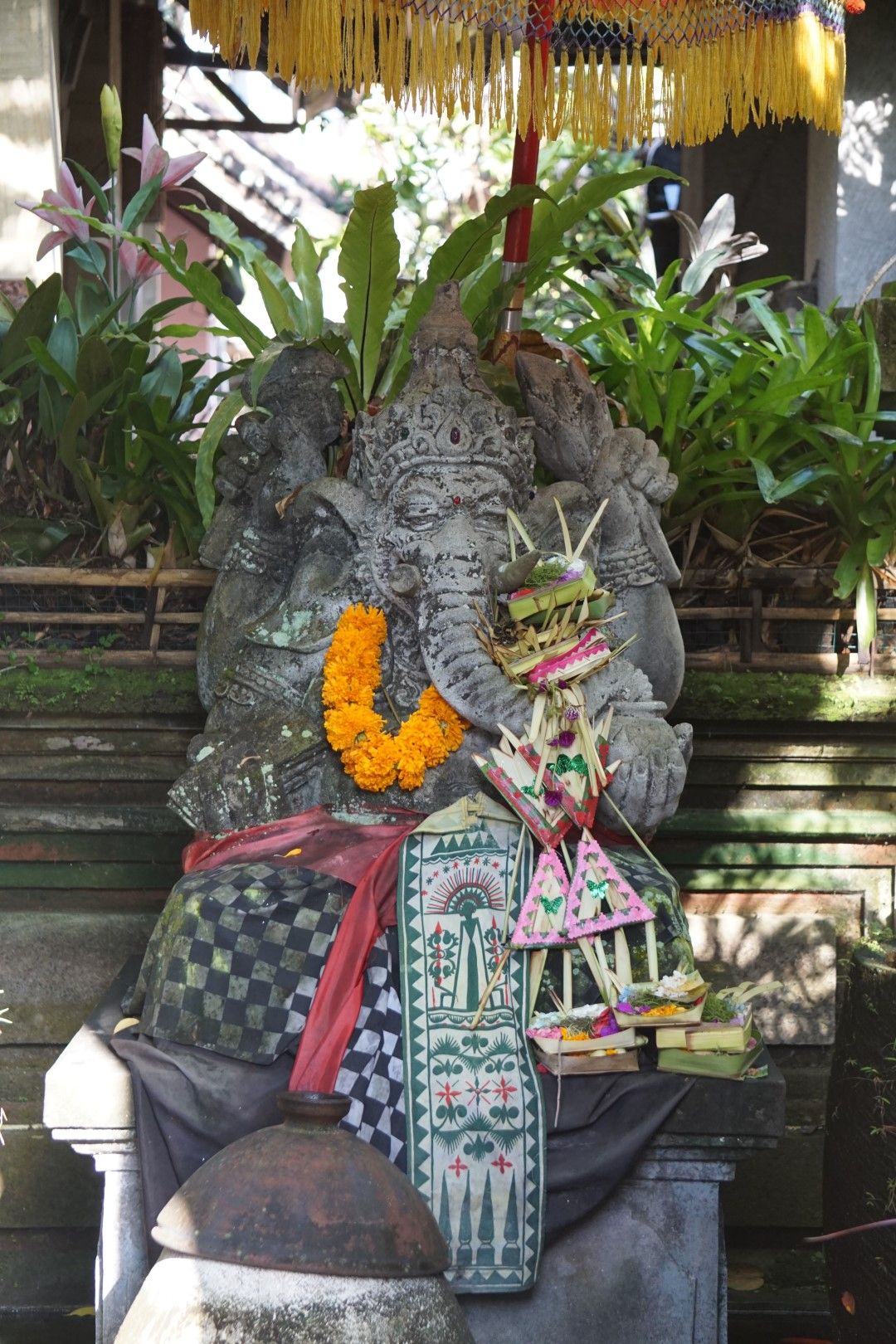
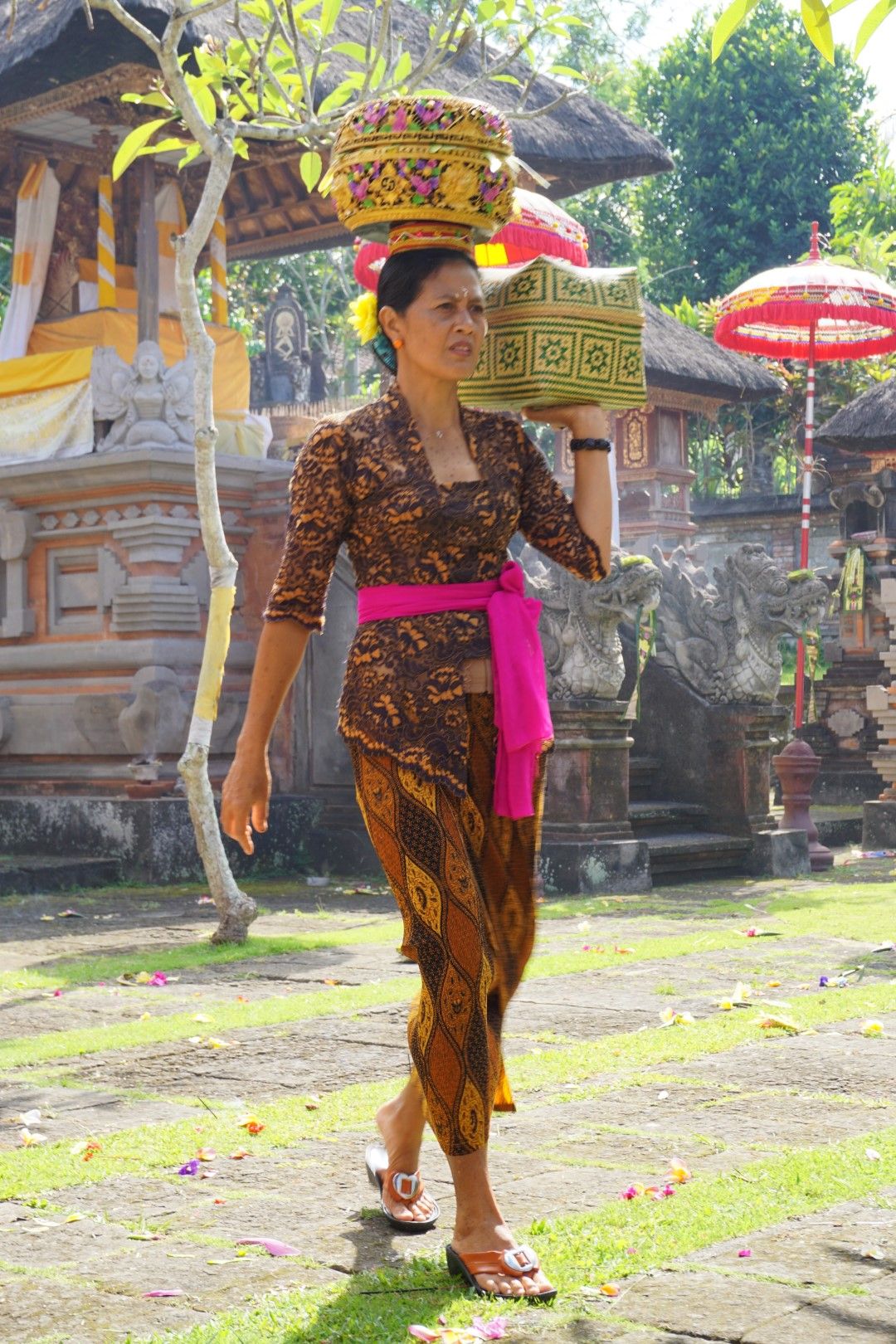
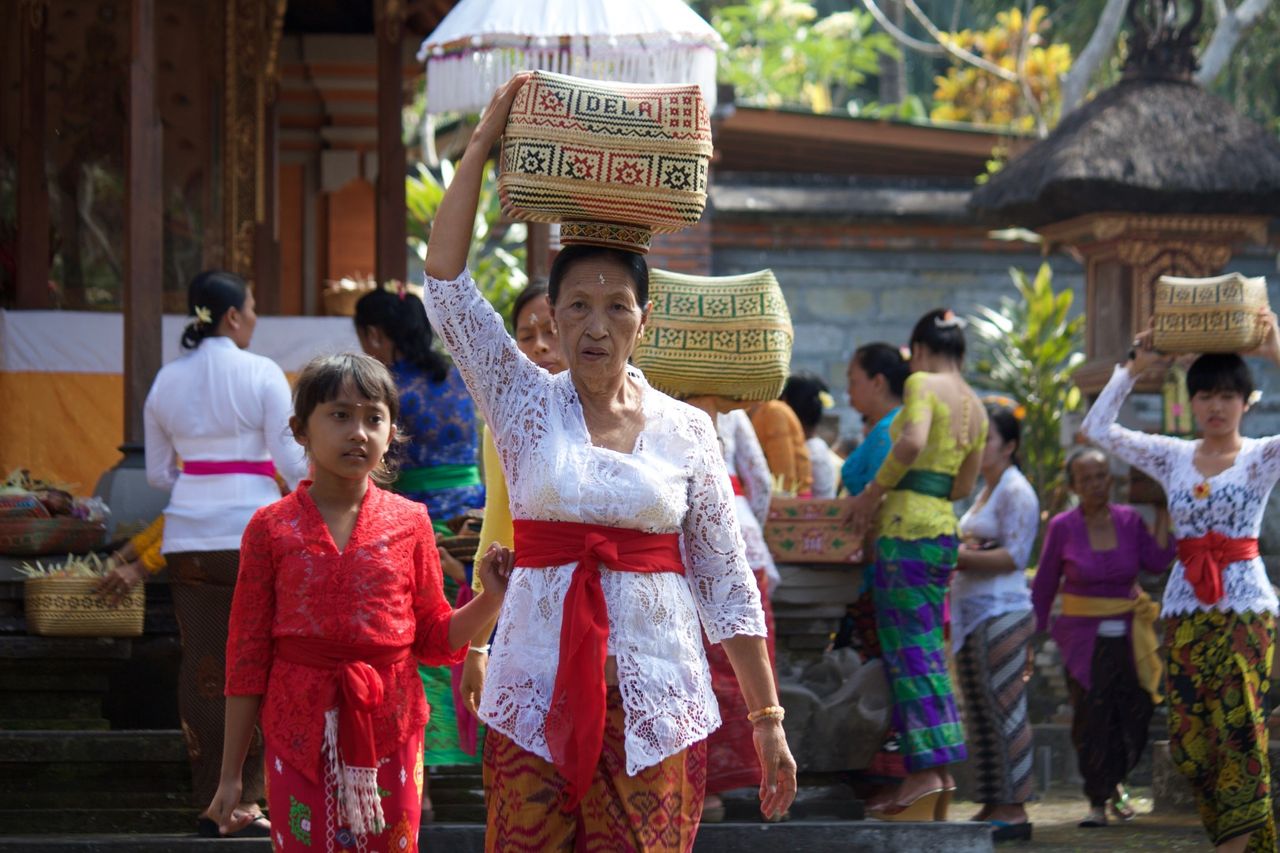
Check the Balinese calendar to find a good date. If you are not visiting during a larger ceremony day, there will always be at least some sort of smaller temple ceremony going on. For example, the rice field temples Pura Ulun Carik hold temple rituals with the rice cultivation stages. The Pura Puseh, the big temple in the middle of the village dedicated to god Wisnu, the half-god avatar who moves between the heaven of the Gods and the Earth of humans – regularly hosts a variety of village ceremonies. If you happen to stumble upon a ceremony, just ask any local the meaning. They’ll be happy to tell you.
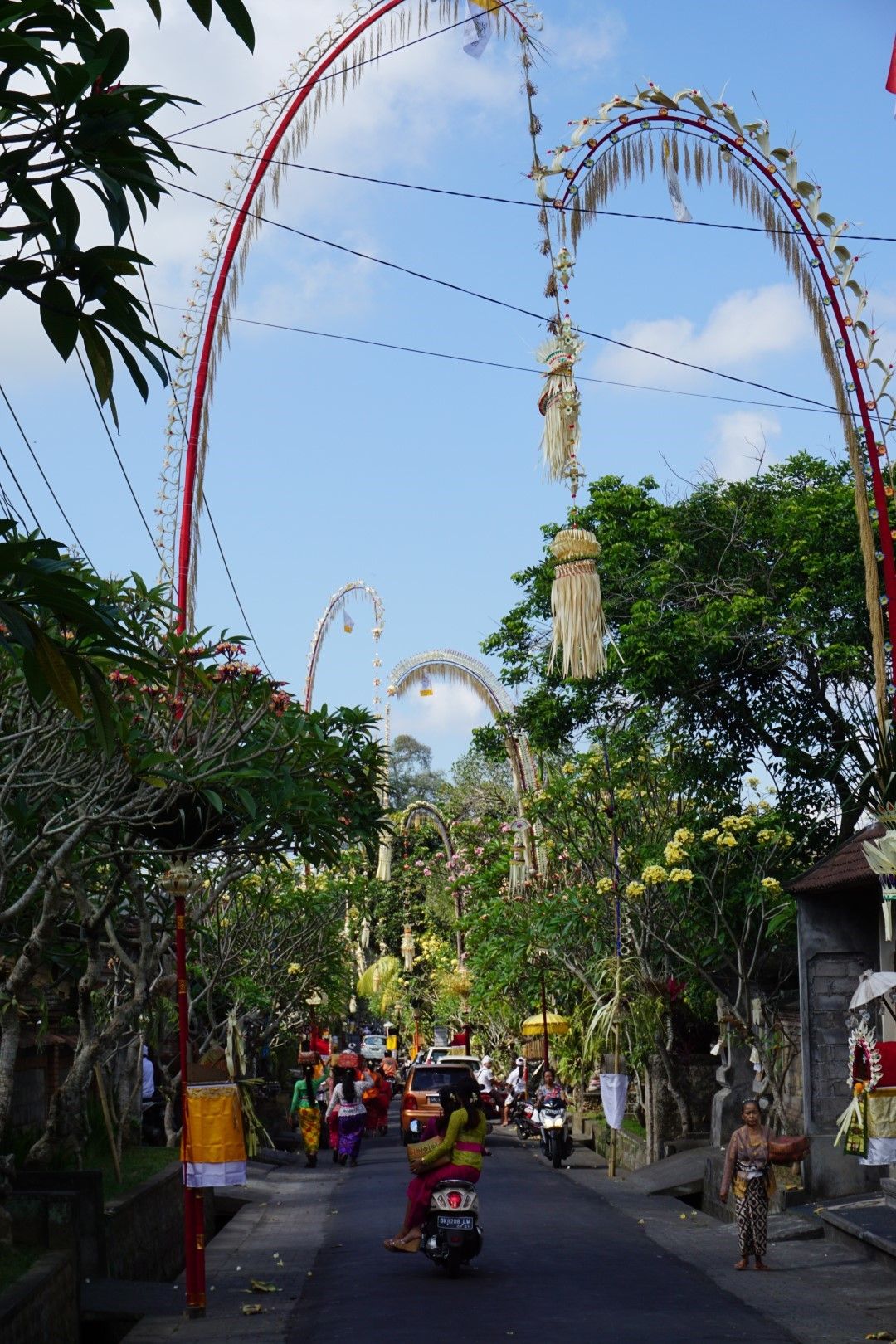
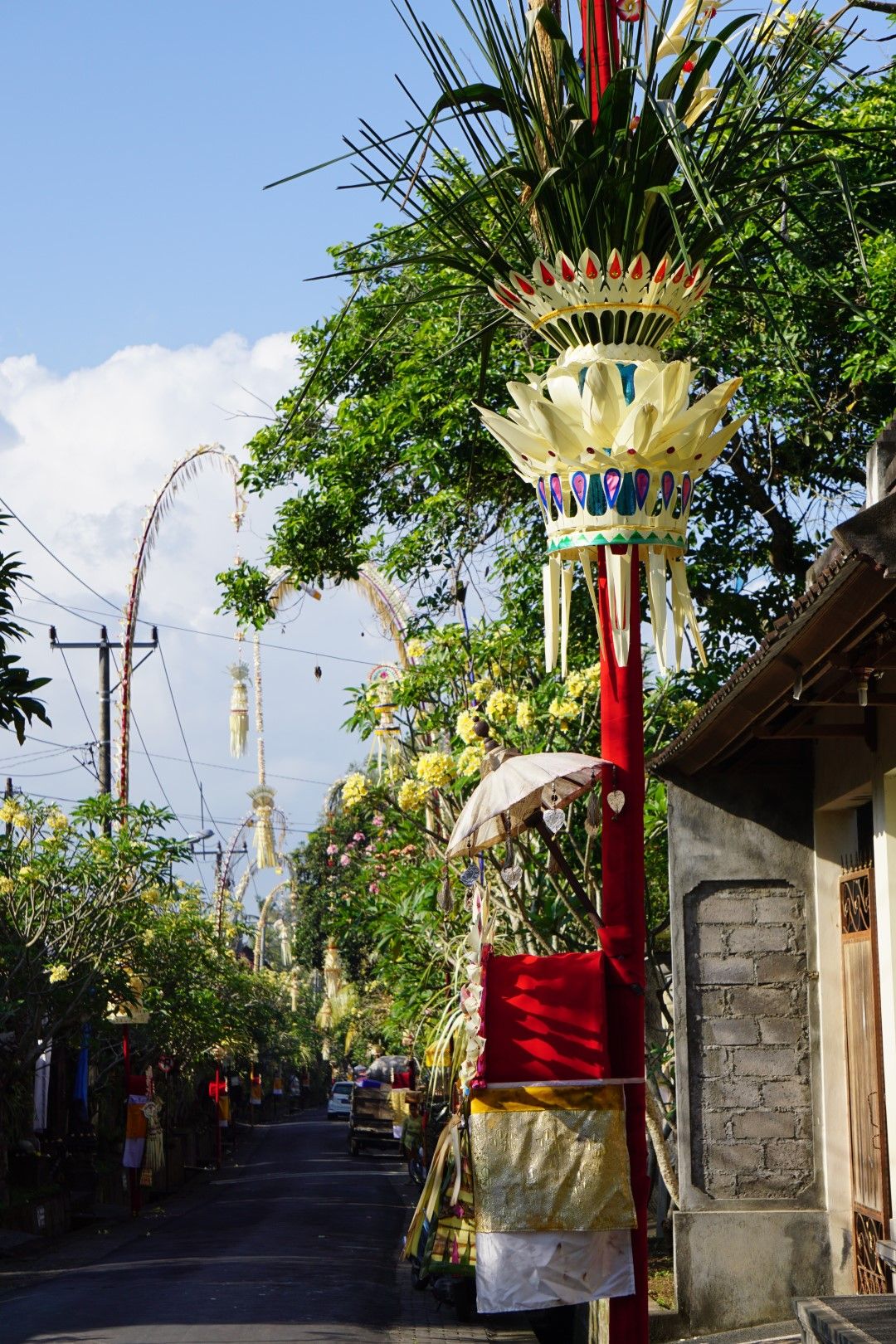
Pura Dugul . Jl. Nyuh Bojog . (take the alley behind Museum Pendet)
Pura Puseh . Jl. Nyuh Bojog . (next to the big Banyan Tree)
Taman Sari . Jl. Raya Nyuh Kuning
Warung Nati is only open at temple ceremonies
7. Save the Subak
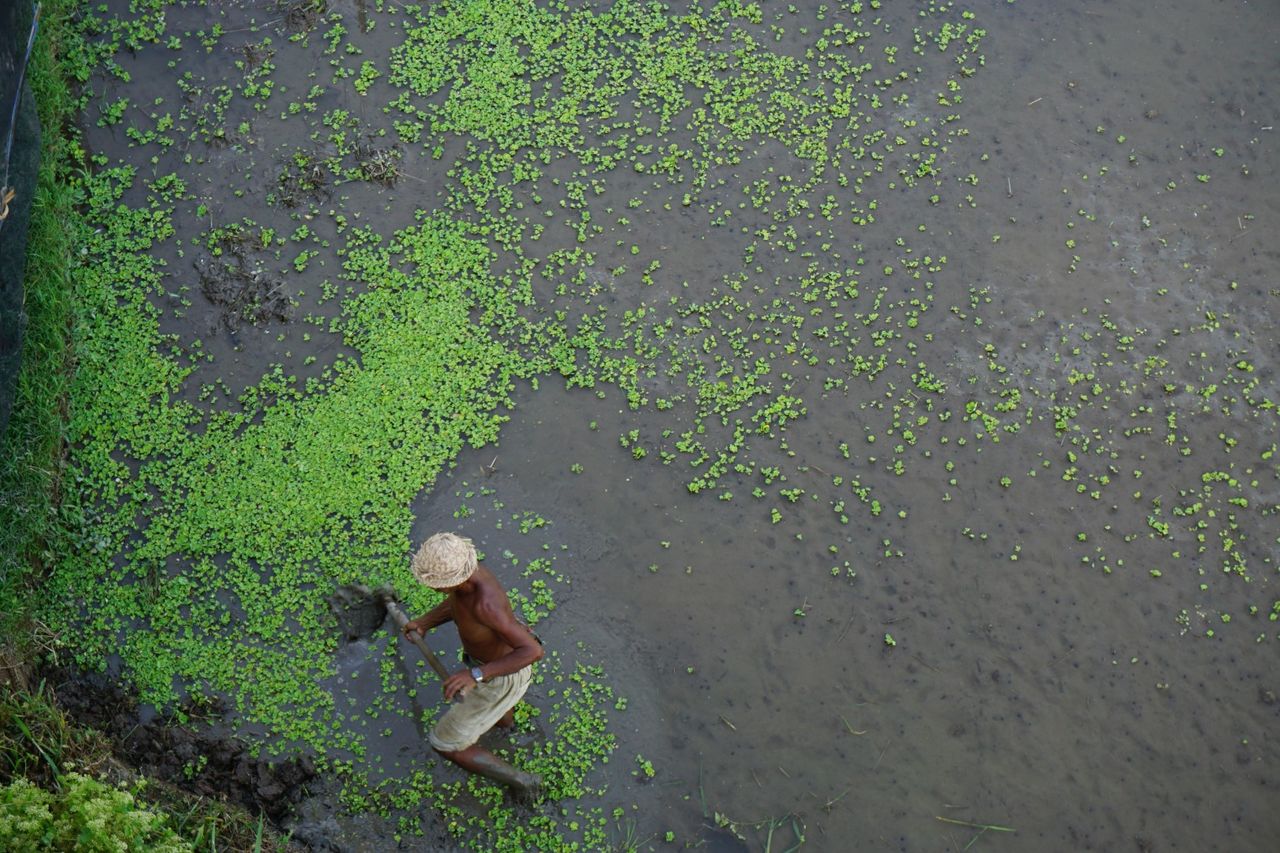
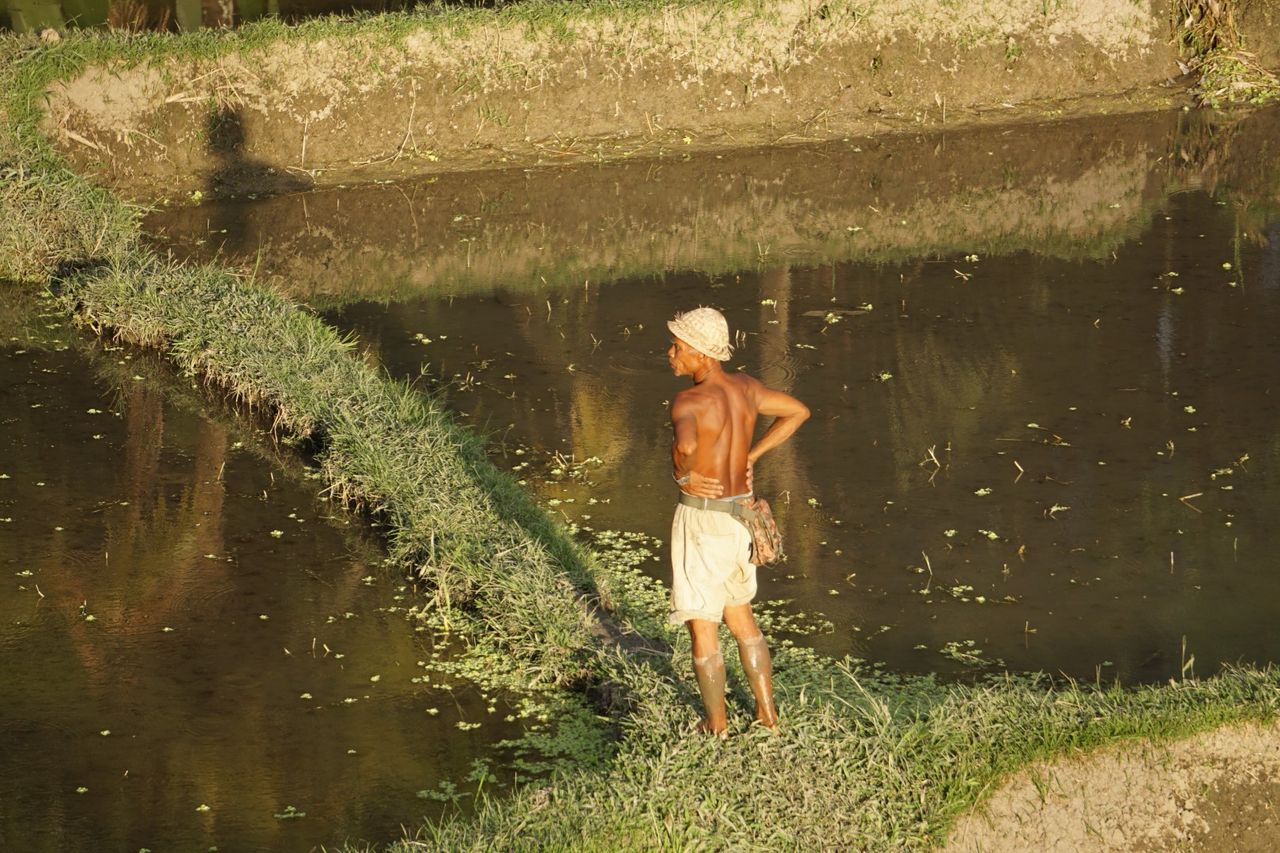
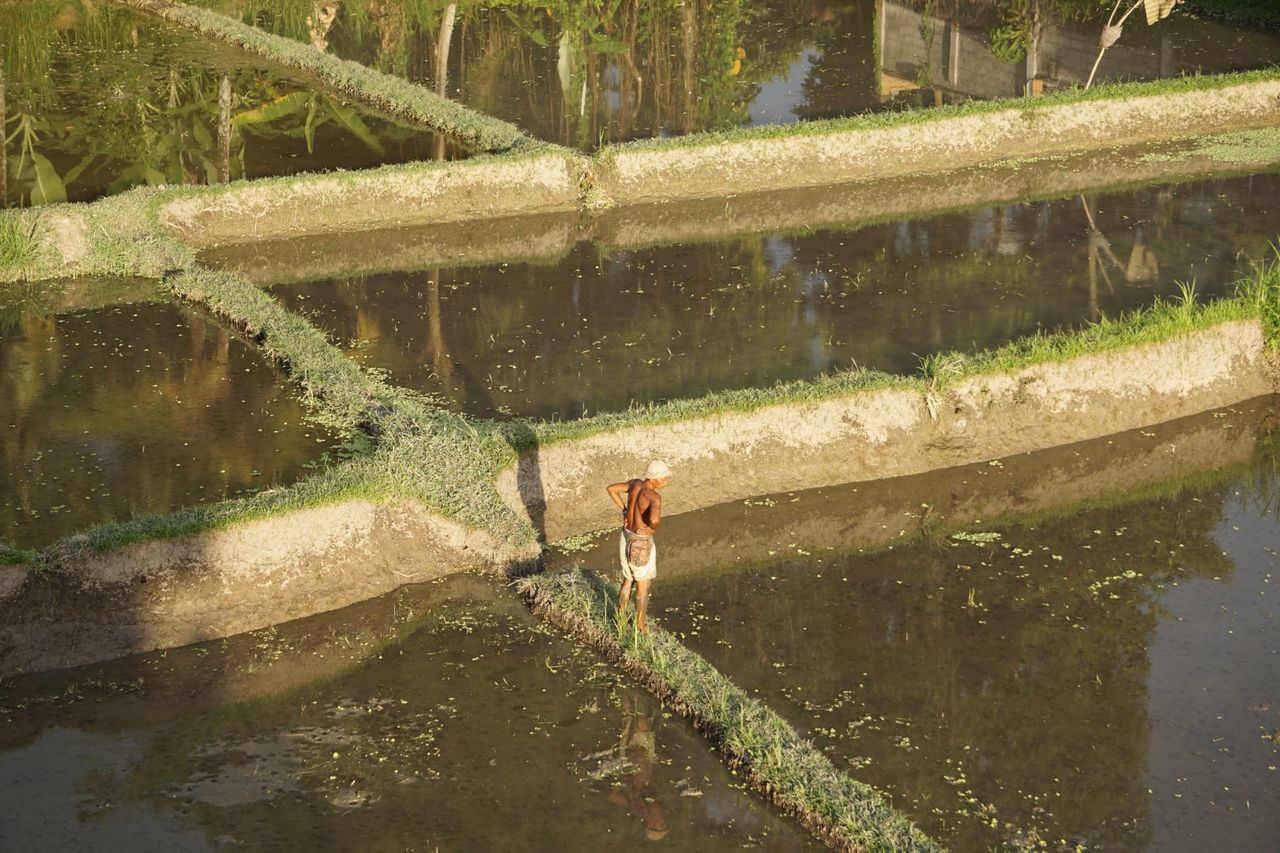
To an outsider, it may seem strange that the gods have a say in agricultural production, but this system has thrived for centuries and is a great example of sustainable agriculture.
Nyuh Kuning is a village in the middle of the rice fields. A meandering footpath takes you through some pristine paddies. Watch the farmers toil their fields and kids flying their kites. This is what Bali is all about. The intricate terraced landscaping, the lush green against the blue skies. In 2014, UNESCO even decided to inscribe Bali’s rice fields on the World Heritage List. But few people know that it is more than farming rice. The Subak System is the real soul of the island, a deeply spiritual community-based system to manage the island in harmony with the gods.
Subak is at the basis of Bali’s green and lush landscape, a unique administrative system to manage rice fields. Rice farming in Bali is a community affair. All rice farmers are obligated to join a subak association to jointly decide on planting, crops, pest control, and irrigation. What makes this system even more unique, is the strong spiritual element. Life in the subak revolves around the pura, a temple specially built by farmers to worship the Goddess Sri. Every rice field has a shrine, every subak a temple, and to ensure a good harvest, there can be up to 15 blessing ceremonies per season.
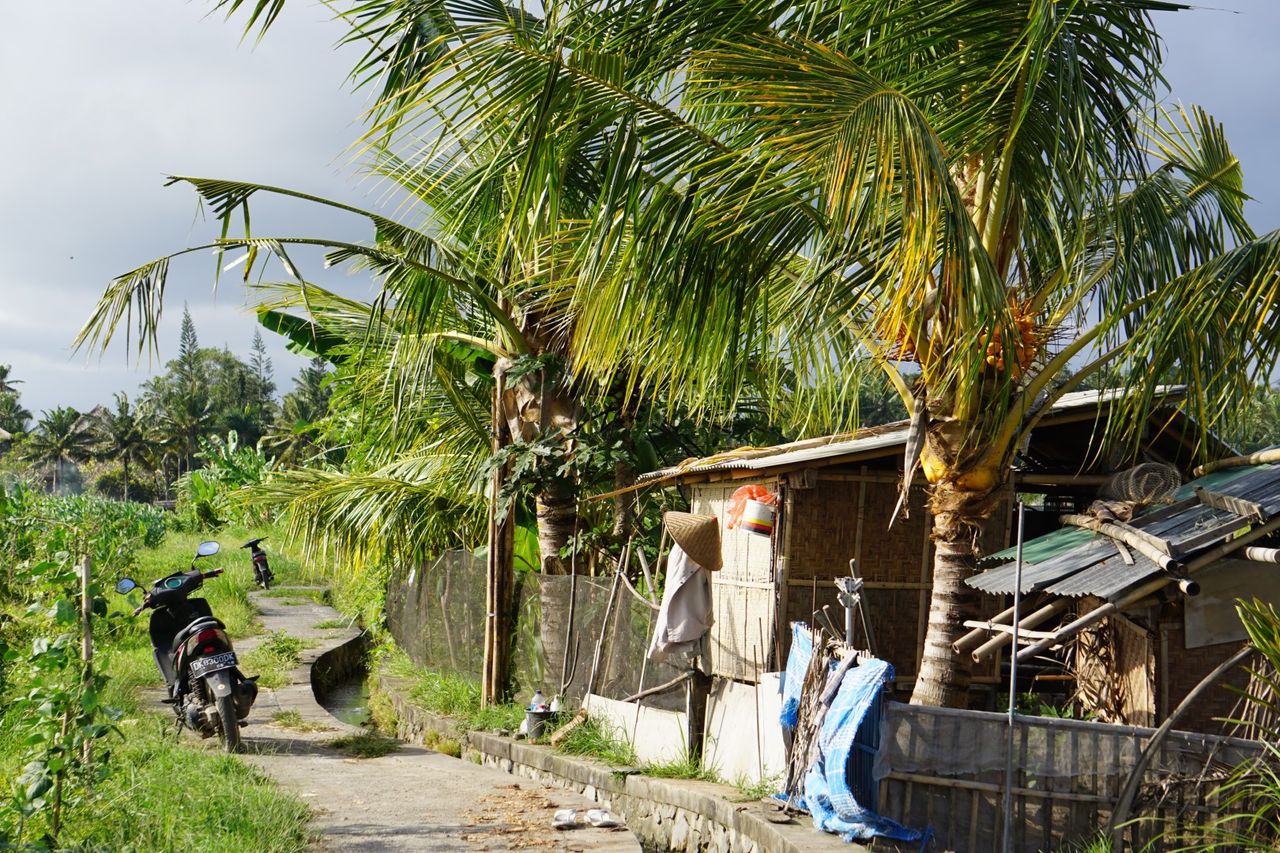
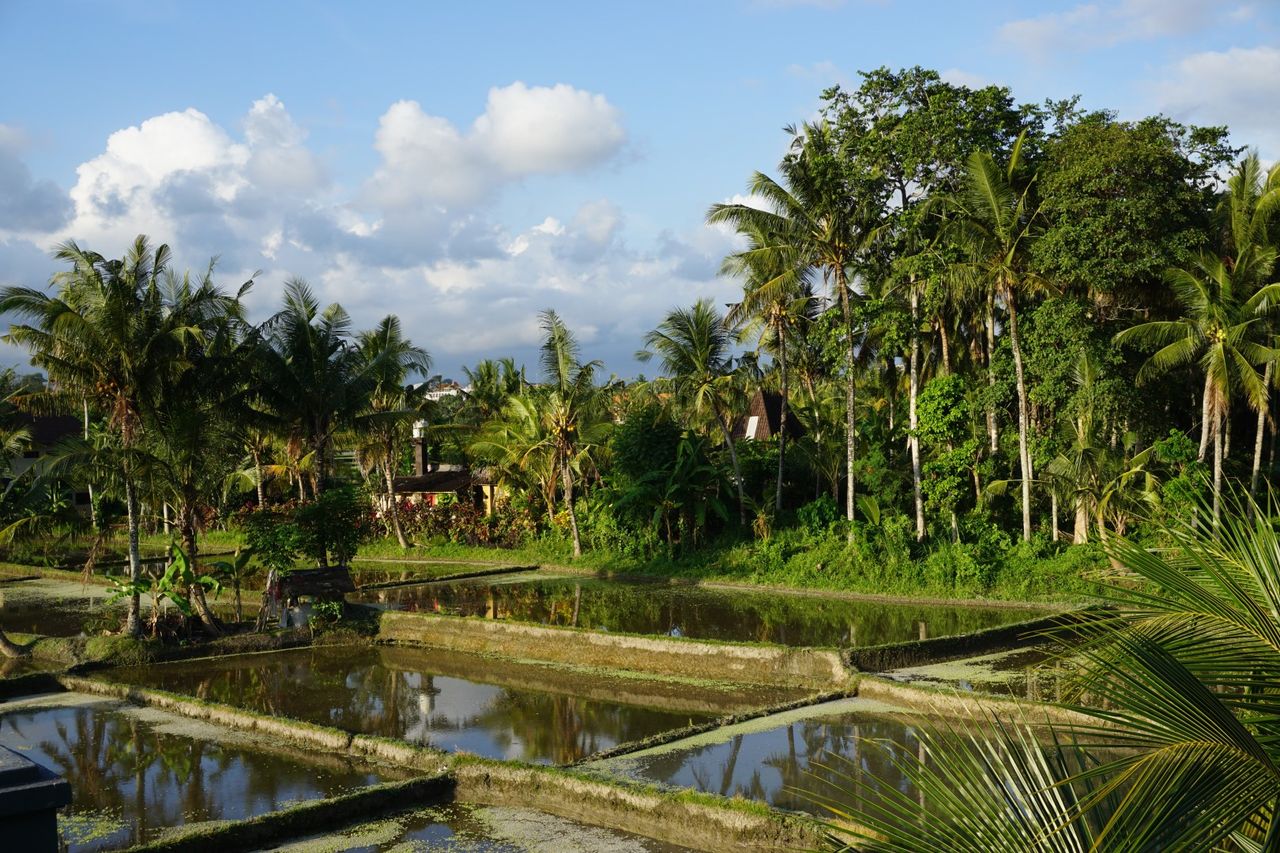
Indigenous leaders (Kelian) manage the water allocation among the rice paddies. The uniqueness of the subak is that it is not based on maximum efficiency but on principle. Tri Hati Karana, a harmonious relationship between people, god, and their environment. Catrini Ari of the Indonesian Heritage Trust highlights this: The cultural and traditional values that underpin the Subak irrigation system have enabled the Balinese to become prolific rice growers despite natural challenges such as a hilly landscape. To an outsider, it may seem strange that the gods have a say in agricultural production, but Diah Kardinal from local NGO Bali Kuna explains how this system has thrived for centuries and is a great example for sustainable agriculture: The subak is the backbone of Balinese society.
The Subak System is so unique that in 2014, UNESCO decided to inscribe Bali’s rice fields on the World Heritage List. Four places on the island got selected as the best examples of the different subak elements: the purest source of water at the volcano lake, Batur Pura, in the north, Tampak Siring, and the Royal water temple Taman Ayun in Mengwi. They are the most exquisite water temples. Jatuluwin in the centre of Bali has the most stunning rice terraces.
Nyuh Kuning Walking Trail
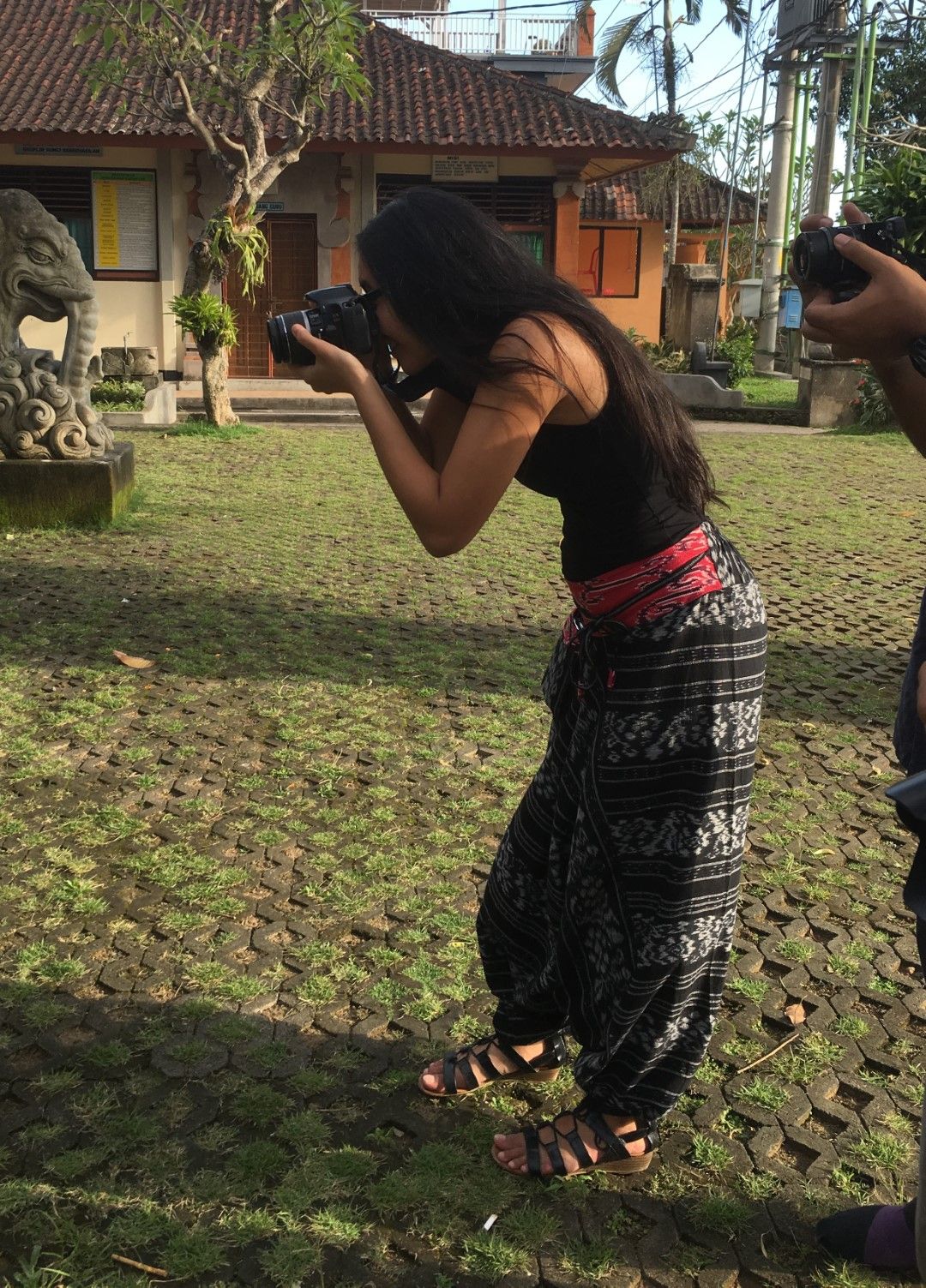
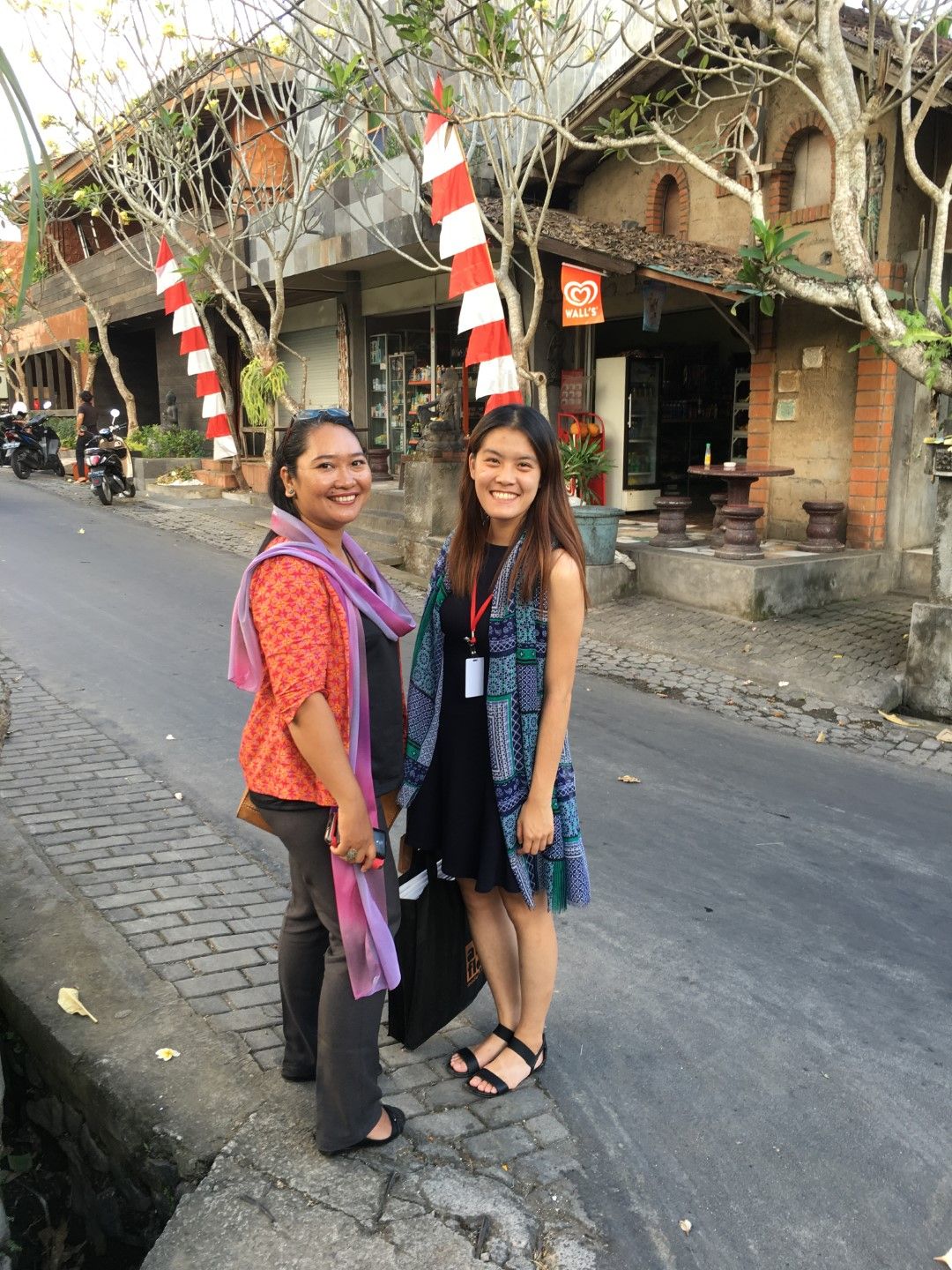
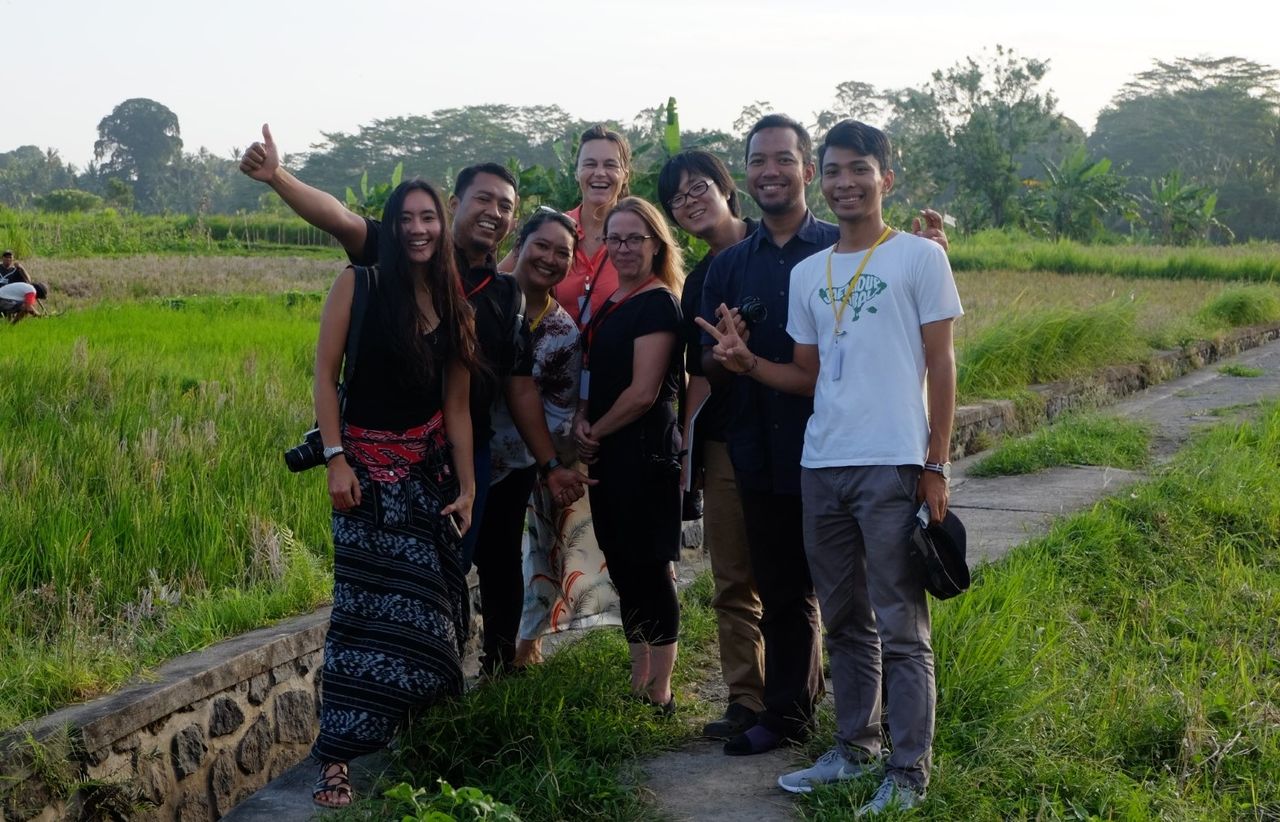
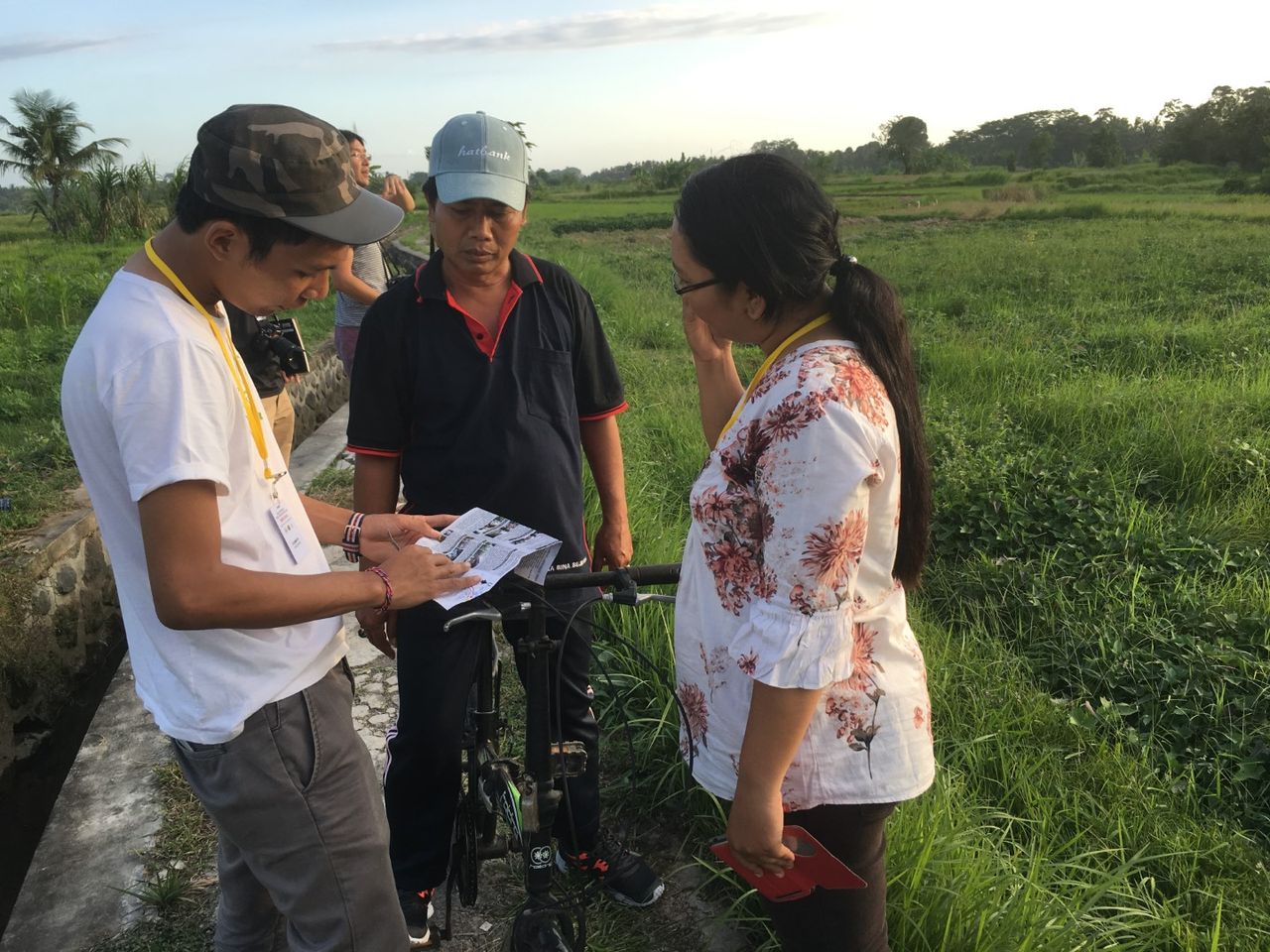
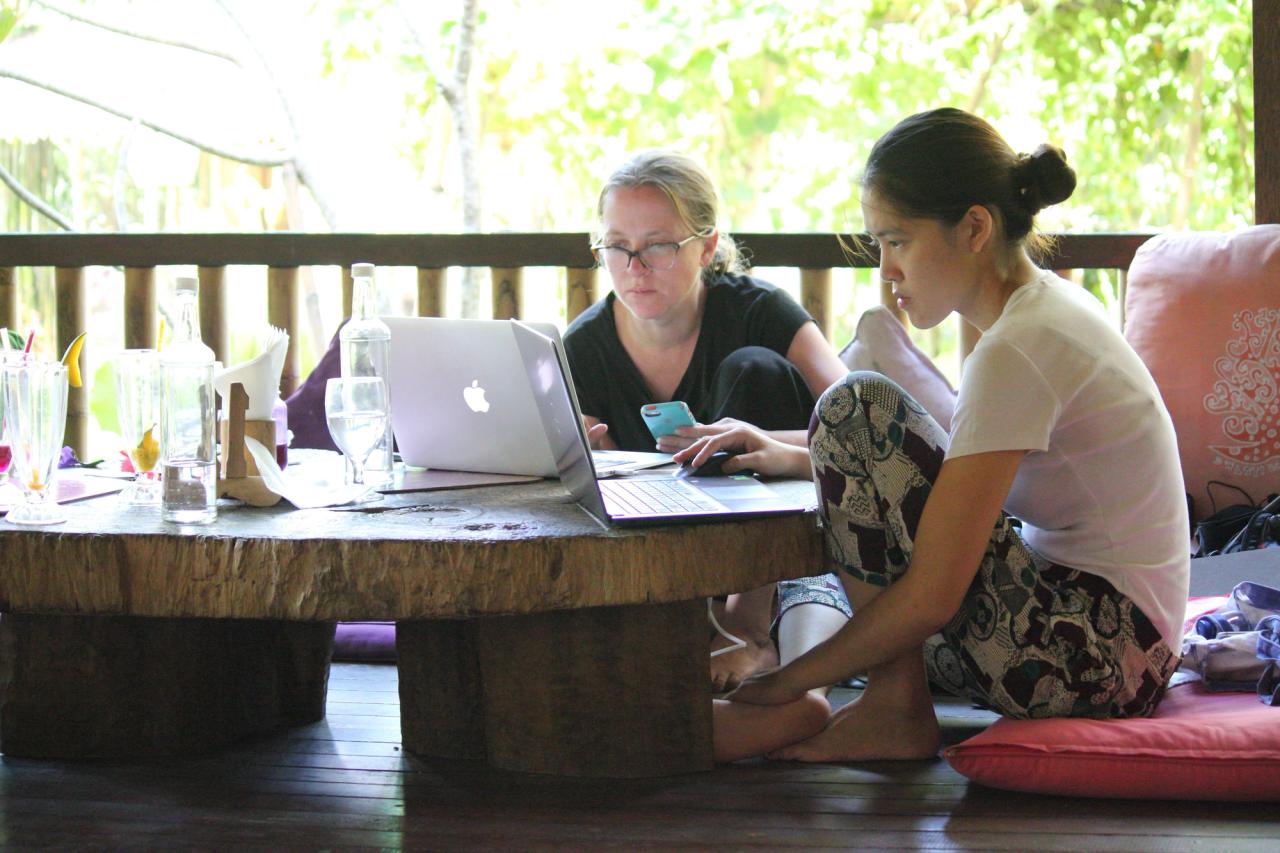
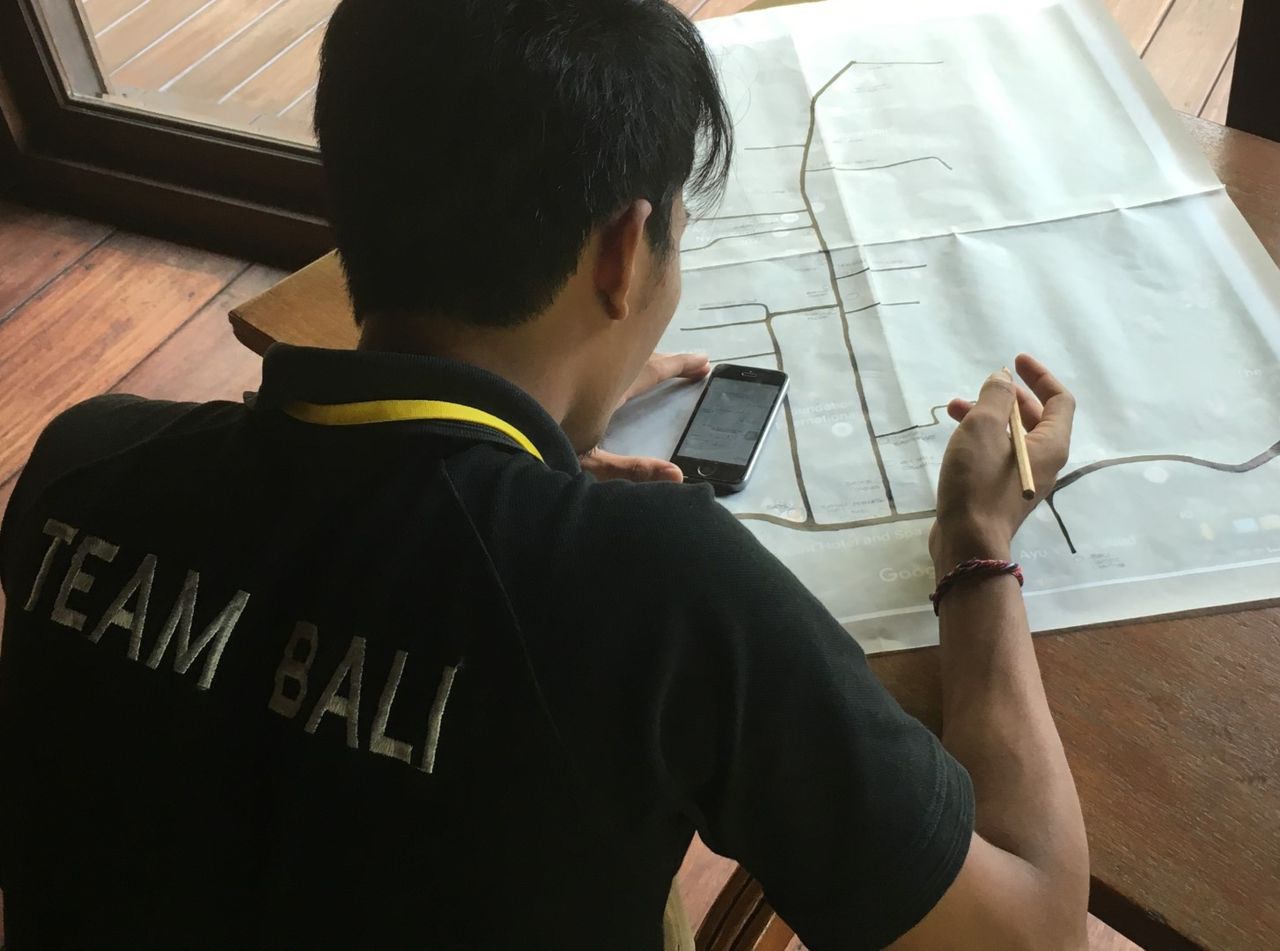
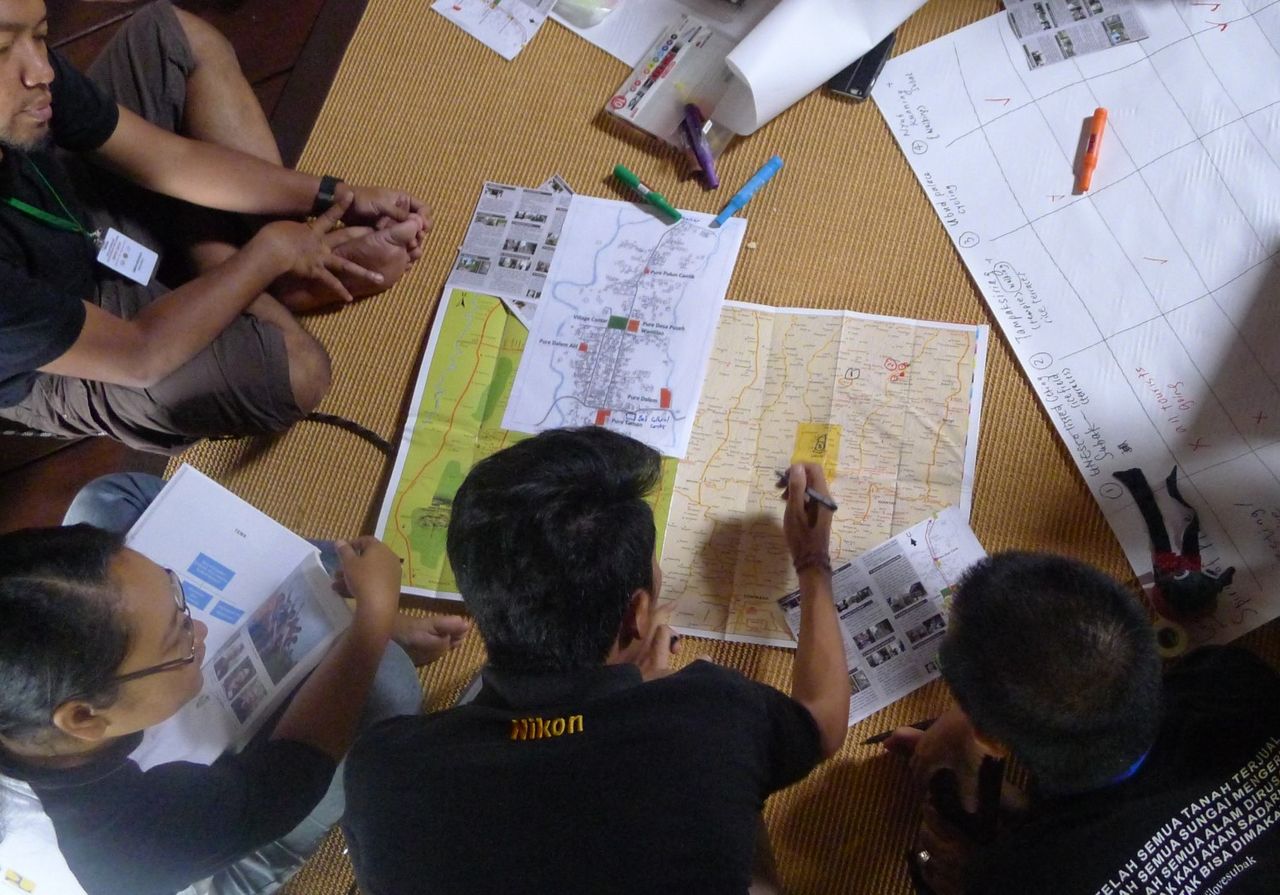
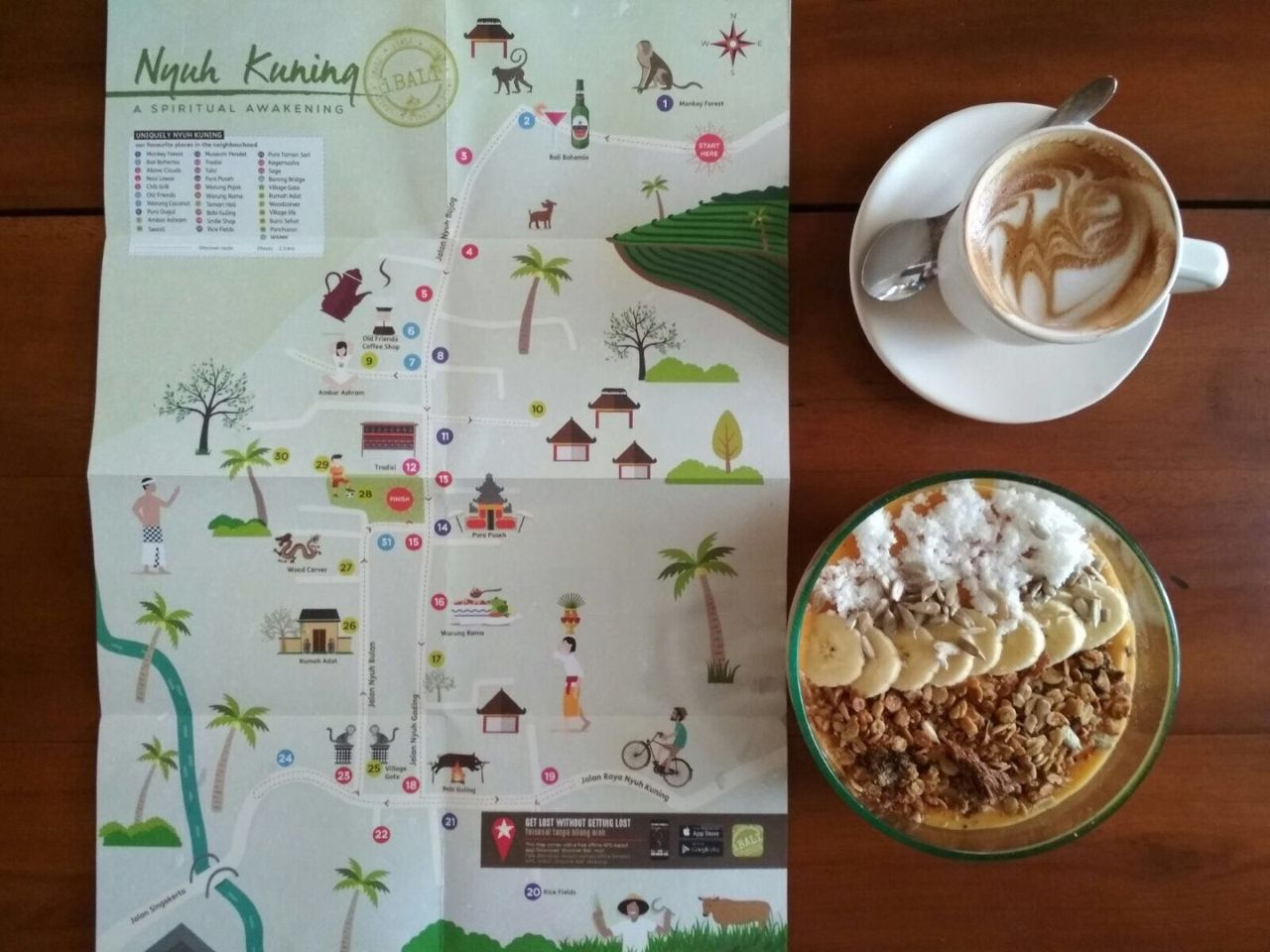
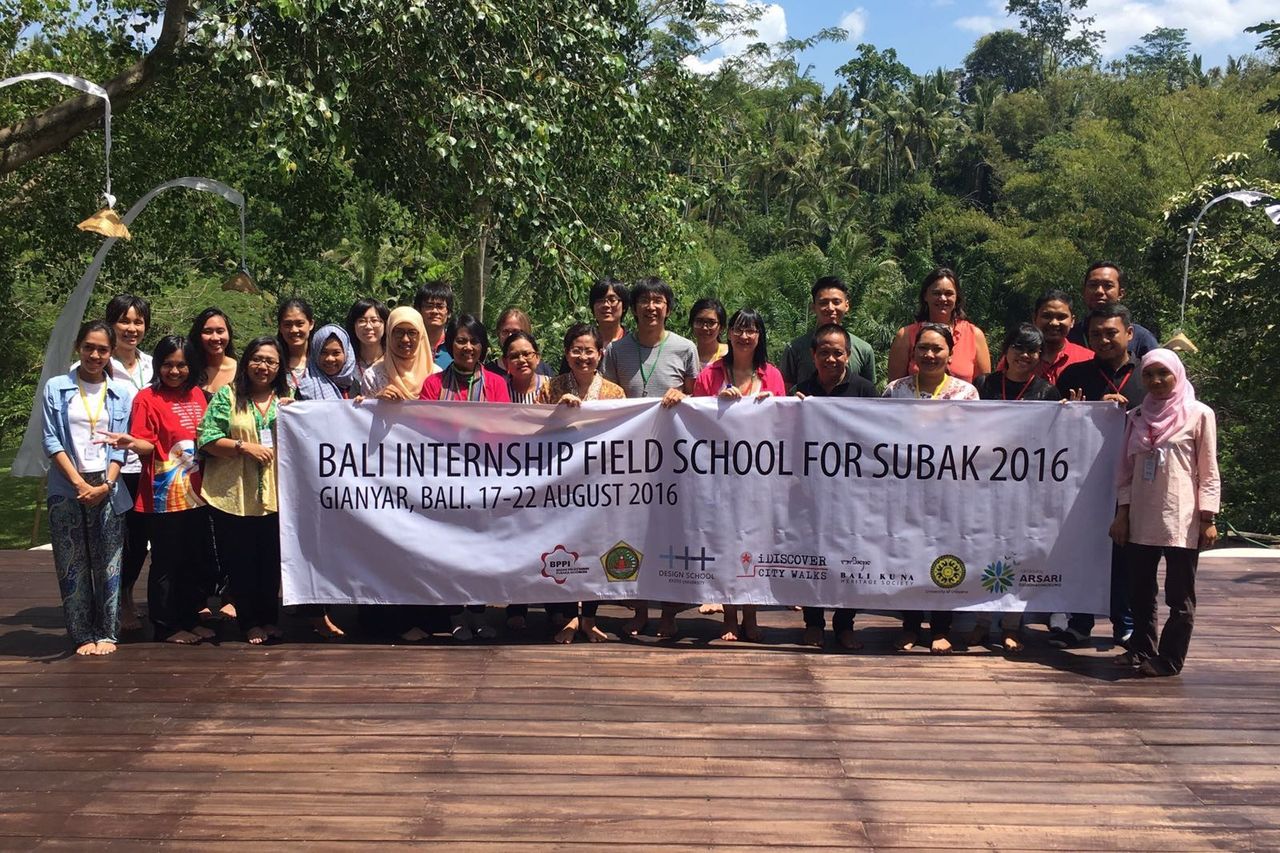
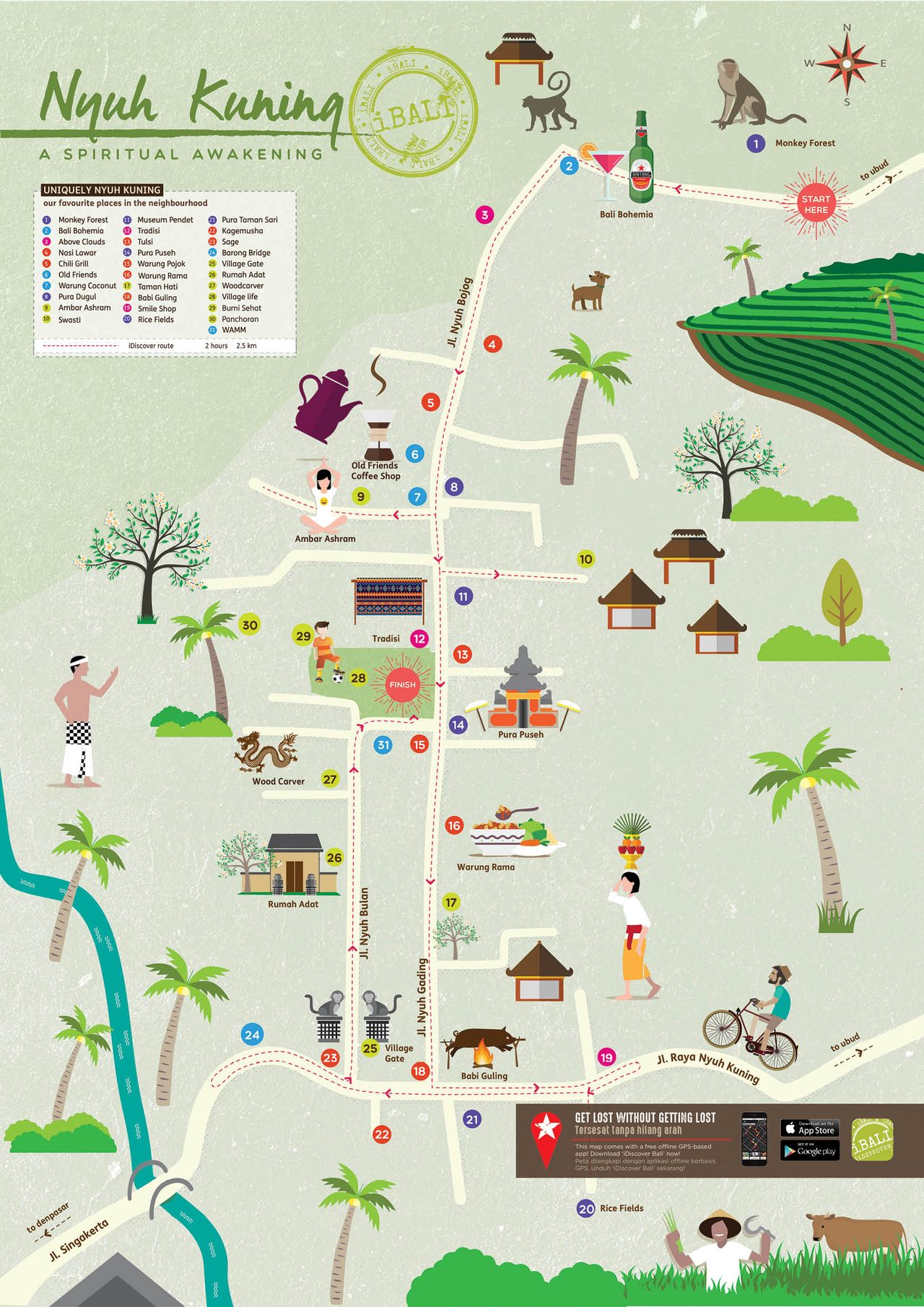
So no, Nyuh Kuning isn’t known for its raging party scene or its sandy beaches but we think it’s the true hidden gem of Bali, a deeply cultural and spiritual eco-village. In August 2016 a Bali Fieldschool brought together an eclectic group in a beautiful Balinese villa: Indonesian architects, university students and young professionals, Japanese scholars from Kyoto University, and a renowned art conservationist from Germany. This group set out to unravel the cultural and historic layers of this spiritual village. They handcrafted a one-hour walking tour that shows the best of this pretty place: the undisputed highlights, local favourites and hidden gems.
Where to stay?
Our favourites are:
Swasti Eco Cottages . a slice of eco-paradise: café, spa, yoga, & rooms . Jl. Nyuh Bojog No. 2-4 . +62 361 974 079
Bali Bohemia . funky restaurant and boutique hotel with moderately priced rooms . Jl. Nyuh Bojog . +62 813 3888 4756 .
Chili Cottages . no-frills Bali lifestyle . Jl. Nyuh Bojog . +62 361 978 629 .
Villa Beji Indah. glam it up and splurge on simple elegance . Jl. Nyuh Bulan. +62 361 974168
Credits
Created by

Powered by
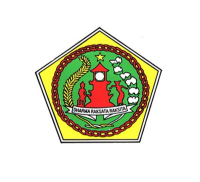
Design by

Words by

About
Bali Kuna Heritage Society Bali Kuna Heritage Society
This walk was created by 20 students as part of a Bali Field School in 2016 organised by Bali Kuna Heritage Society, a non-profit that works hand in hand with local communities to promote, celebrates and preserve Balinese cultural heritage. Bali Kuna Masyarakat Peduli Pelestarian Bali adalah sebuah organisasi nirlaba yang mempromosikan, merakayan dan melestarikan warisan budaya Bali, bekerja bergandengan tangan dengan masyarakat local setempat.
www.thejakartapost.com/travel/2017/02/21/preserving-heritage-with-locals.htmlGianyar Regency Kapubaten Gianyar
Gianyar Regency is where you find Bali’s heart and soul, in authentic green paddy fields managed by unique century-old subak system. Kabupaten Gianyar adalah tempat Anda menemukan jantung dan jiwa Bali, di desa-desa yang otentik di tengah sawh hijau subur yang dikelola oleh system subak abad ke empat yang indah.
www.gianyarkab.go.idAryo Dewa Bharata Soeriodipoero Aryo Dewa Bharata Soeriodipoero
Aryo finds creative inspiration at every street corner on this spiritual island of the Gods. Aryo menemukan inspirasi kreatif di sestiap sudut jalan di pulau spiritual para dewa ini.
Lee Deuben Lee Deuben
Lee Ann Deuben loves to cook and she loves to travel. Good thing her life has turned into that of a global nomad, having lived in Oslo, Lyon, Jakarta and now Beirut. She also is a very accomplished city planner who is passionate about building sustainable and inclusive communities. Lee Ann Deuben suka memasak dan dia suka bepergian. Untung hidupnya telah berubah menjadi pengembara global, pernah tinggal di Oslo, Lyon, Jakarta dan sekarang Beirut. Dia juga seorang perencana kota yang sangat ulung yang bersemangat membangun komunitas yang berkelanjutan dan inklusif.
www.linkedin.com/in/lee-ann-deuben-9a606b5